City limits
Breaking down barriers in rural education
Te Mātaiaho is a game changer
How to join the dots for greater impact

Subject to change
Keeping the curriculum relevant
The big picture
Tackling bullying with inclusivity
Tools for life
Subject material worthy of consideration
Growing tall poppies
Supporting gifted children
ONLINE



Creating Goodness, Together www.silverfernfarms.com | Pareora



New name. Same expert advice. Protecting schools like yours as we have for the past 25 years. 0800 276 624 ajg.co.nz/schools We’re changing our name to Gallagher!
NEED
A NEW website FOR YOUR SCHOOL?

Fattastic websites starting from $997+GST
Simply email enquiries@fatweb.co.nz your domain / website address, and we’ll send you a comprehensive audit of your current school website. And if you’d like to chew the fat after, we’re here to help.
1. We can write all the content for you and load it
2. We have made over 2000 websites, we know what we’re doing


3. People tell us our websites are the easiest to use, if you want to change any of the content, photos etc.
COVER STORY
14 Breaking down barriers in rural education
Rural New Zealand schools have been struggling to find and retain quality staff, a problem Open Polytech Te Pūkenga is working hard to solve
IDEAS
18 Te MAtaiaho is a game changer How to join the dots for greater impact

24 Subject to change Keeping the curriculum relevant
FROM THE EDITOR
Issue 140 Term 4 | 2023
This issue of Principal’s Today kicks off looking at the struggle rural schools face finding and keeping staff and how the refreshed curriculum, Te Mātaiaho, is a game changer.
We also look at the issue of keeping the curriculum relevant, how to open doors for exchange students, subject material that’s worthy of consideration and how to tackle bullying with inclusivity.
There are pieces on supporting gifted children, the rise of technology in primary schools, the power of virtual play, and mitigating the risks of adventure when outside the classroom, plus much more. Enjoy!
MAGAZINES TODAY OVERVIEW
Academy Group has grown to be one of New Zealand’s largest privately owned publishing houses, with carefully targeted publications offering in-depth analysis of current issues, exciting profiles, interesting people, and details of the latest projects and products making news.
HEAD OFFICE - CHRISTHCURCH
38 Lowe Street, Addington, Christchurch 8011
AUCKLAND Level 3/5 Nelson Street, Auckland CBD, Auckland 1010
(03) 961 5050 admin@academygroup.co.nz www.principalstoday.co.nz


0800 FATWEB www.fatweb.co.nz
Gary Collins MANAGING DIRECTOR
 Kylie Palermo GENERAL MANAGER OF OPERATIONS
Angela Elley CHCH SALES MANAGER
Jonathon Taylor EDITOR
Jarred Shakespeare ART DIRECTOR
Kylie Palermo GENERAL MANAGER OF OPERATIONS
Angela Elley CHCH SALES MANAGER
Jonathon Taylor EDITOR
Jarred Shakespeare ART DIRECTOR
This publication is provided on the basis that AMark Publishing NZ Ltd is not responsible for the results of any actions taken on the basis of information in these articles, nor for any error or omission from these articles and that the firm is not hereby engaged in rendering advice or services. AMark Publishing NZ Ltd expressly disclaim all and any liability and responsibility to any person in respect of anything and of the consequences of anything done, or omitted to be done, by any such a person in reliance, whether wholly or partially upon the whole or any part of the contents of this publication. Advertising feature articles are classified as advertising content and as such, information contained in them is subject to the Advertising Standards Authority Codes of Practice. Contents Copyright 2013 by AMark Publishing NZ Ltd. All rights reserved. No article or advertisement may be reproduced without written permission.
Conditions of entry: One entry only per person and must be sent on the official entry form or as otherwise stated. Entry is free and open to all residents of New Zealand. All entrants must be over the age of 18, proof of identity and date of birth may be requested. Employees and their immediate families of Academy Group, the promoter and agencies associated with any promotion in this publication are ineligible to enter. Winner(s) will be notified by email/phone. The judges’ decision is final, no correspondence will be entered into. No responsibility is accepted for late, lost or misdirected mail. Prizes are not transferable or redeemable for cash. Academy Group, the promoter and agencies associated with any promotion in this publication shall not be liable for any loss or damage whatsoever suffered (including but not limited to direct or consequential loss) or personal injury suffered or sustained, during the course of prize winning travel or in connection with any other prizes won. Academy Group, the promoter and agencies associated with any promotion in this publication accept no responsibility for health, luggage, insurances, travel, personal expenses and transfers other than specified. Entries remain the property of Academy Group, the promoter and agencies associated with any promotion in this publication and cannot be returned. Academy Group, the promoter and agencies associated with any promotion in this publication reserves the right to photograph and publish winners. Entries may be used for further marketing purposes by Academy Group, the promoter and agencies associated with any promotion in this publication but are not made available to any third party.
Editor
This publication is printed on papers supplied by All wood originates from sustainably managed forests or waste sources. All mills utilise the Chain of Custody system to verify fibre source. The end product is recyclable. All mills are ISO 14001 certified.
ENQUIRIES
5184
ISSN 0113-8340 (PRINT) ISSN 2230-6331 (ONLINE)
ADVERTISING
(03) 961
sales@academygroup.co.nz
14
“We love the flip-out learning supports, and the line size in all books, as well as the space for reflection at the end. Love the relatableness of the NZ theme. The students enjoyed talking to each other about the different supports provided in the books.” - Abbey C







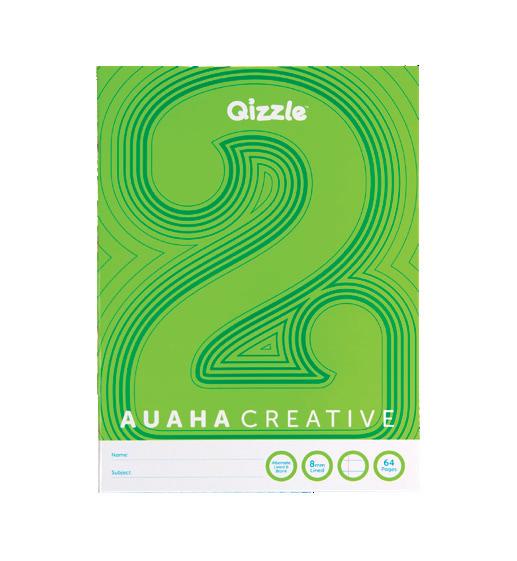




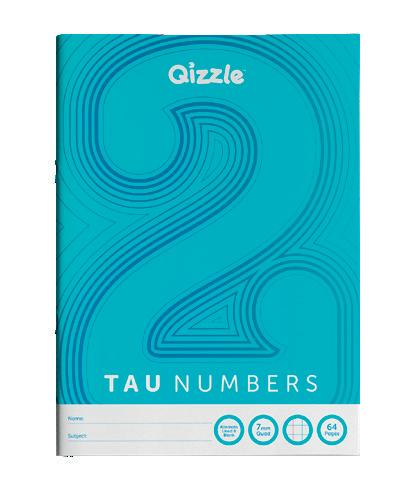




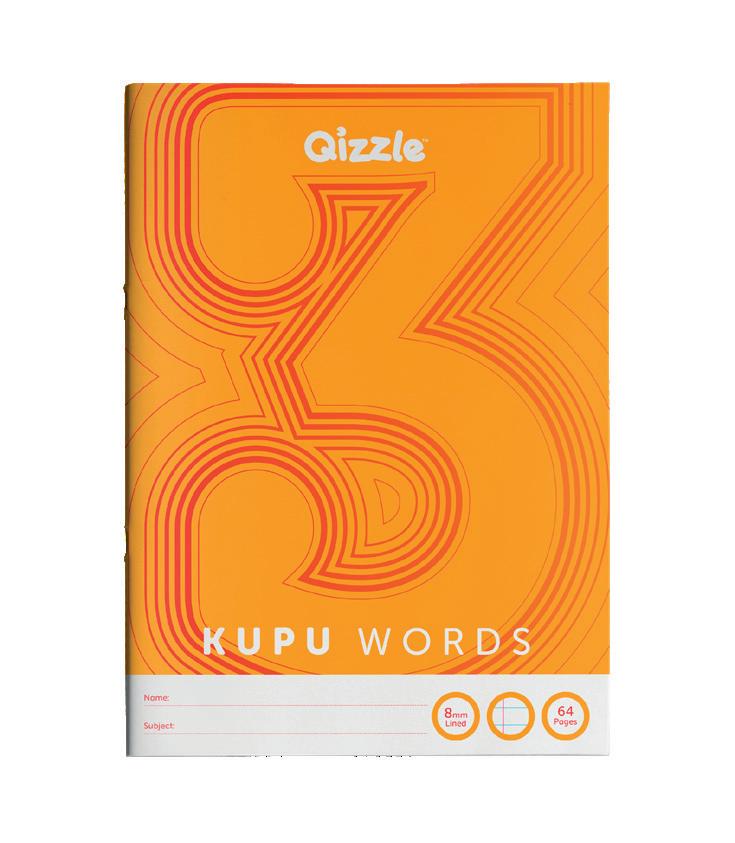



“I love that the books are robust enough to withstand new entrant learners. They’re also great as they can easily paste an A4 sheet into the books, even when they are just learning how to line the sheet up with the page. The pages are thick and the books don’t fall apart when lots of pages have been glued in.” – Kendra F


MATHS HANDY Place Value Houses Wha! 5 4 8 2 3 4 1 I am able to: am learning to: Teacher: Teacher: Date: Date: LEARNING GOALS Use pencil write your goals MATHS CHIT CHAT My ategy My egy si ila /dif t becau I ould lik evise y think ng mpro y hink ng by h d you s y th would like to add agree b use disag ee b use C you expla ? I can onnect this bec What hea d you y was… I tha cor ? d unde t d I kn y ans is corr becaus I o u about C you repe t tha for ? Can y give m e ample so I can und stand? Ano he way t think o s idea s.. An he st gy is wa o add that ide I would ke o b ild on wh t said Wh you said makes think Wh t heard is So y e saying ag e ith b cause My st a egy is like y becau Thi eminds me o disag ee with b se This is just like Why did y use th rategy? H w did y ? de why ? lik ha you said abou bu y idea, I hink egy think w y Becausethey re 360degrees! Why circles so hot? KIWI CHOICE premium exercise books Call us today to get a free sample! 0800 600 123, or email customerservice@qizzle.co.nz Built to last! Super strong 350gsm cover with 4 staples in the spine! Te reo Maori on front cover promotes everyday use of Te reo Maori.Aligned with NZ curriculum Fully laminated cover can be used as a whiteboard A4+ (230 x 315mm) size means activities and worksheets don’t need to be trimmed before they are glued in. HAMISH 100% KIWI owneD MADE FOR KIWI KIDS DESIGNED BY KIWI TEACHERS SUPER STRONG COVER aligned with nz curriculum yellowhead / mohua zip / nihokati Ng ngeru / cat Wh whare house Aa apple / poro Bb bush ngahere Cc cloud kapua Dd dog kurī Ee egg hua Ff fantail pīwakawaka Gg gumboots kamupūtu Hh hand ringaringa Kk kiwi kiwi Ll lemon rēmana Mm morepork / ruru Nn New Zealand Aotearoa Oo octopus wheke Pp pukeko pūkeko Qq queen / kuīni Rr river / awa Ssseagull/karoro Tt togs kākahu kaukau Uu umbrella hamarama Vv volcano puia Ww watch / karaka Xx x-ray whakaata roto Yy Zz Ii insect / pepeke Jjjandals haenarawaewae am able to: am learning to: Teacher: Teacher: Date: Date: I Believe in you! LEARNING GOALS cr crown sheep ee feet You’re a star! fr fruit prprincess sl slide str strawberry splsplash book oo shampoo oa boat wr write aw paw autumn window wh wheel Use pencil writeyourgoals
38


78
100


26 96 (03) 961 5184 sales@academygroup.co.nz www.canterburytoday.co.nz FOR ALL ADVERTISING ENQUIRIES: 18 58
A life-long love of education Inglewood High School’s principal Rosey Mabin always wanted to teach 22 Tools for life Subject material worthy of consideration 26 The big picture Tackling bullying with inclusivity 28 Growing tall poppies Supporting gifted children 30 Digital development The rise of technology in primary schools
A warm welcome Opening doors for exchange students 34 Movement that inspires Using role models to encourage active participation
Working & Learning 8
31
Careers
guidance
motivation
Delivering
and
58 EOTC
Mitigating the risks of adventure
63 Technology The power of virtual play
64 School lunches Fuel for learning
72 Ventilation Breathing easy
76 Health & Safety Managing safety and behaviour on school transport
Water Safety Monitoring your pool’s water health
84 Sun Smart Summer is coming
88 Security Sorting your school’s security
96 Cleaning Organising cleaning services
Property Preventing mould from running amok
considerations NEWS 0800 486 329 HEAD OFFICE 38 LOWE ST, ADDINGTON, CHRISTCHURCH 8011 AUCKLAND OFFICE LEVEL 3/5 NELSON STREET, AUCKLAND CBD, AUCKLAND 1010
STAFF? LAUNCH YOUR SEARCH
Use the most cost effective and easiest job site in New Zealand. Now with a new and improved website making things even easier, ensuring you get quality applicants, every time!
102 Solar Energy Solar energy
LOOKING FOR
WITH US!
NZ’S 5-STAR RATED PLAYGROUND SURFACING

EXTENSIVE RESEARCH
2 years of product development before launch
RIGOROUS TESTING
3 years testing of Cushionfall by 3 councils in 5 playgrounds before council approval
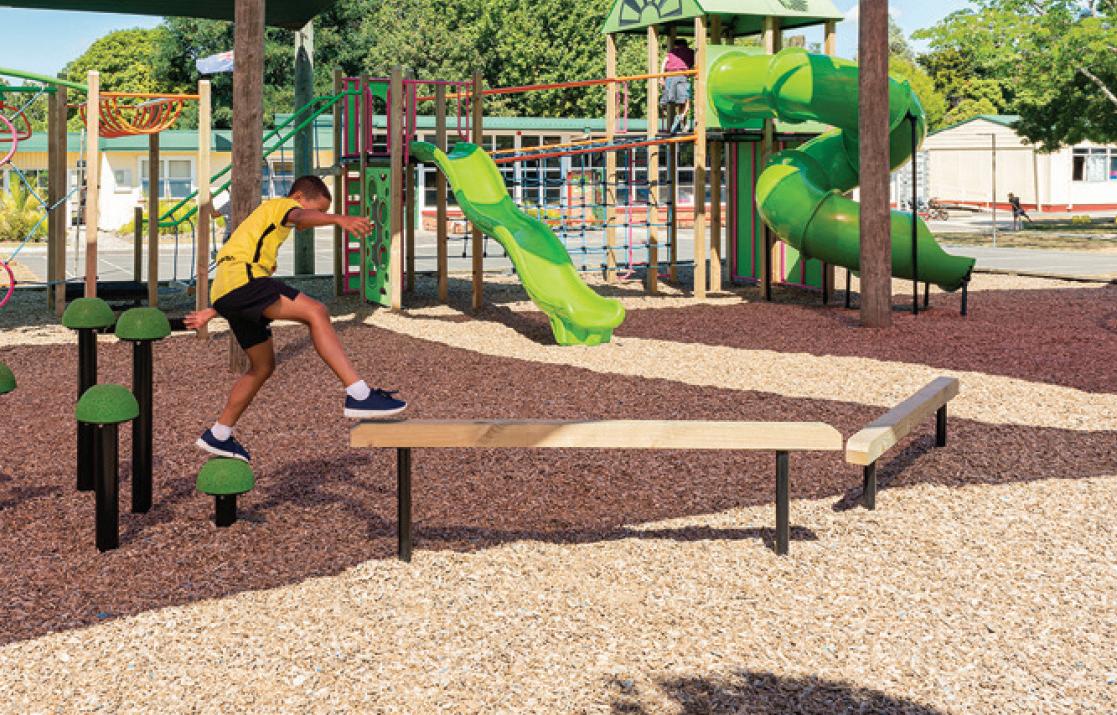
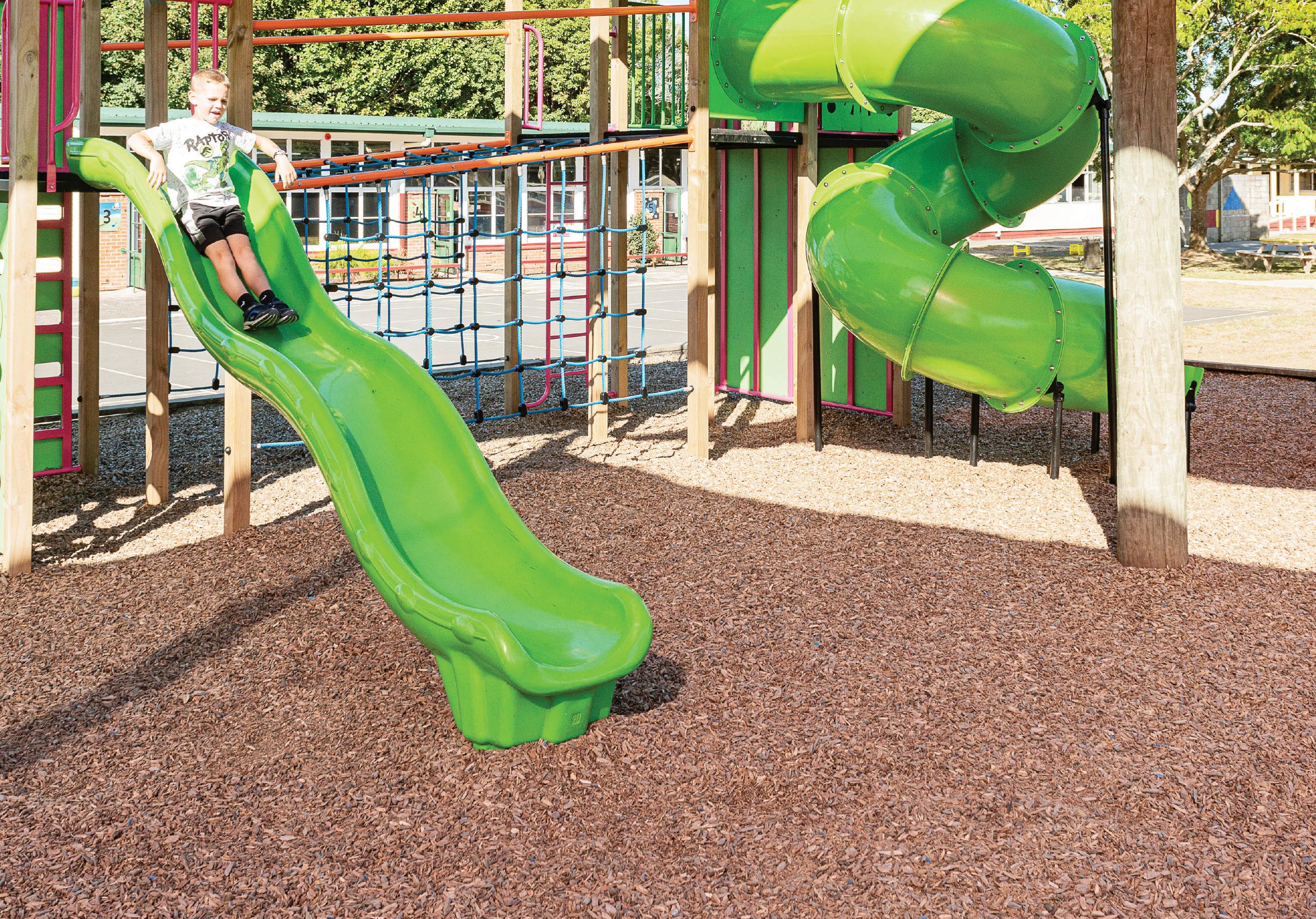
ONGOING QUALITY TESTING
More than 50 tests in the last 10 years alone!
HIGHEST IMPACT TESTS
In Australasia achieved
PREFERRED CHOICE

Councils, the Ministry of Education, Kindergarten Associations, Play Centre Associations and Preschool Centres

SAFETY CONFIDENT
We are so devoted to ensuring supreme quality and safety that we have spent 15 years perfecting our grinder that produces our wood chip so that it removes all traces of nails, staples and hazardous metals/materials, and has no “sharp edges”. Since safety is paramountwe implement an extensive testing regime every two to three years, evaluating the impact efficiency of the wood chips being produced.

Manufactured exclusively by Reharvest Timber Products LTD Phone: 09 299 3999 / 0275 299 399 | Email: info@reharvest.co.nz
www.reharvest.co.nz
A life-long love of education
Ever since she was a young girl, Inglewood High School’s principal Rosey Mabin has only ever wanted to be a teacher. Apart from six years in the 1990s studying for honours and master’s degrees, as well as tutoring at the University of Canterbury, Rosey has always been working in the education industry.
By June Pfister
Near New Plymouth lies a small rural farming town of 3,500 people called Inglewood and since 2009 Rosey has been the principal of Inglewood High School, the only secondary school in the town.

When not working as the principal during the day, Rosey can be found at home in her gumboots tending to her Belted Galloway cattle, ducks, guinea fowl and chickens. She also grows most of her own food on the farm! Rosey loves being on the farm, observing and learning about nature and the seasons. “I am so blessed because I love going to school and I love coming home.”
What is your favourite thing about being principal at Inglewood High School?
The people: the students and staff are a joy to be around and work with. Also, the location, right under our maunga/mountain: nothing beats living and working in rural Taranaki.
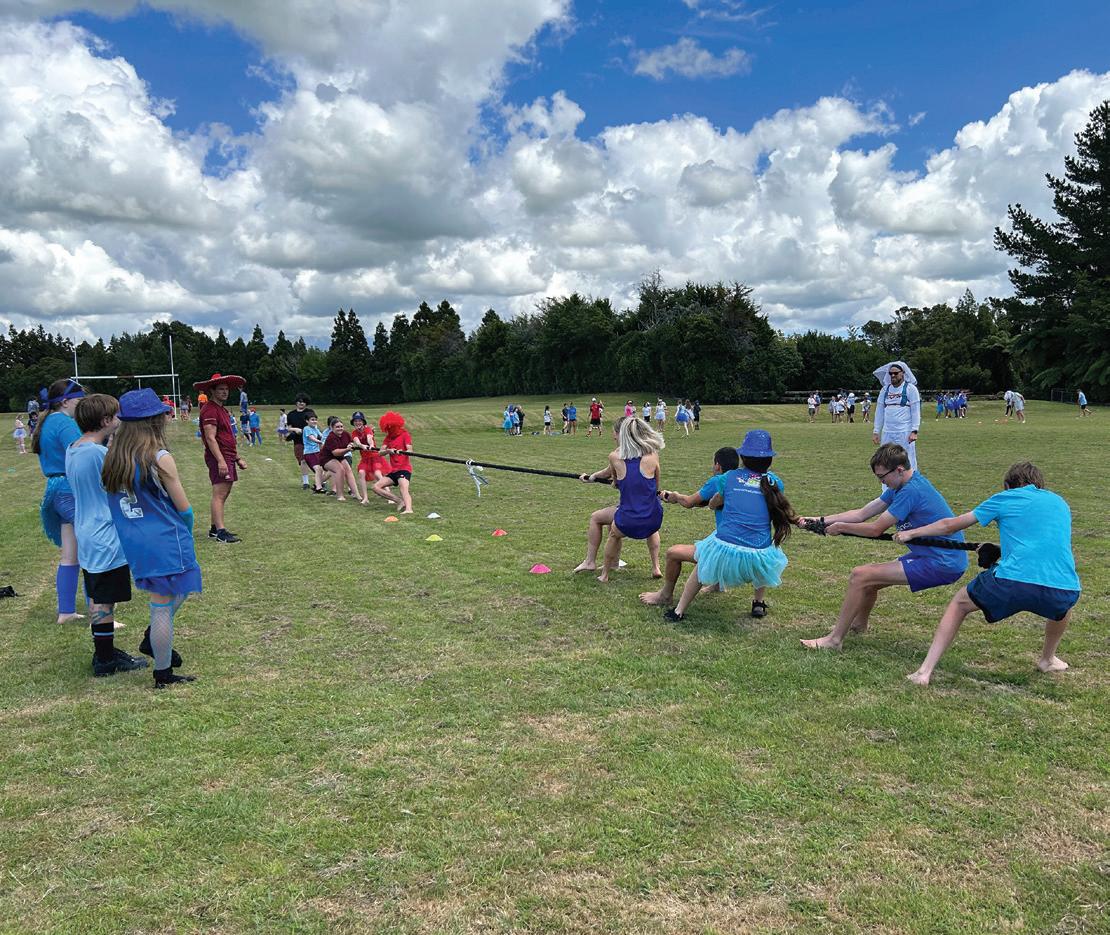

What job did you want to have when you were young?
I have only ever wanted to be a teacher, from day one of primary school.
Your school values take their name from the Moa, can you explain more about this and why?
Way back when the province was being settled, Inglewood was called Moaville (for several years). Inglewood translates to Te Kohanga Moa – the nest of the moa. This concept overtly underpins our school culture. Our MOA values: Manaakitanga, Ora and Ako were born out of this and are integral to the way we do school.
Following the policy announcement from the National Party, what are your thoughts on a cell phone ban in schools?
Without doubt, cell phone addiction and misuse is rife amongst teenagers and many adults and, no question, this needs to be addressed. While it might make a difference to begin with, banning them from schools will not really address the underlying problems in the long term. A blanket ban of cellphones would be extremely difficult to enforce, especially as the burden of enforcing this will fall on teachers/ SLTs and they already have more than enough to deal with on any school day.
Banning cellphones needs active support from parents as well. If it were to happen, a lot of thought needs to go into how this would play out in reality and
Inglewood High School’s Principal, Rosey Mabin.
Murray the Mighty Moa is awarded every Monday to someone who has demonstrated our MOA values in the classroom, or beyond… usually having done something that not everyone might know about.
how it would be sustained in the long term.
What makes Inglewood High School different from other schools?
Our people and our location. We are small enough to still be a family school and we work hard to provide meaningful learning pathways and wraparound, personalised support for all our students.
How are your teachers acknowledged and rewarded for what they do?
Any member of staff can be nominated for Murray and all staff are able to nominate someone. The weekly recipient of Murray receives a special certificate and gets to keep Murray for the week.
The citation is read out in Monday’s Staff Briefing. He is dearly loved and highly coveted. We have been doing this for almost 10 years!
Kai is another way of acknowledging our wonderful staff: morning teas are a regular feature and greatly enjoyed. Significant occasions are acknowledged in a variety of ways, depending on what it is; we do what we can to make our school a great place to come to.
8 | Term 4, 2023
News | Principal Q&A
The Gearbox Factory
The Gearbox Factory located in Auckland, (however with customers nationwide), is your one stop drivetrain shop.

They have been servicing, repairing, overhauling, and replacing transmissions for 49 years. This family run business is a staple for the automotive industry and this has consequently positioned them as one of the top transmission repairers in the country.
Automatics:
The automatic staff have well over 100 years’ experience between them. The company has adapted and trained their staff over time with the latest information available from around the world. (Including the inclusion of CVT, DSG and DCT transmissions).


Manuals:
Led by a manager with 35 years of hands on experience, this area covers all the gear driven
components of your vehicle. i.e. differentials, 4WD/4X4 transfer case, wheel bearings, clutches, and of course, manual gearboxes.
Torque Converters:
With their dedicated torque converter department, the company are able to repair, supply torque converter parts, and/or supply torque converters ready built.
What they offer for Auckland based customers, Warkworth to Pukekohe:
Servicing all passenger and light commercial vehicles, including vans and small trucks up to 5,000kgs. Ring and book a slot/ drop your vehicle off for the day/ pick up a free courtesy car for you to use.
For transmission, clutch, differential, transfer case or torque converter issues. Ring to book in for a free no obligation test drive and transmission diagnosis OR to arrange for vehicle to be collected on dedicated car trailer*
(up to 2,500kgs). Free courtesy cars* / Free 12 month/20kms OR 18 months/25,000km on parts and workmanship.
What they offer nationwide upon receiving your transmission for modification or repair: Free phone transmission diagnosis (if necessary liaising
with garage who removed your transmission) / Free freight one way* / Free 12 month/20kms OR 18 months/25,000km on parts and workmanship.
*conditions apply
68D Greenmount Drive, East Tamaki, Auckland 09 274 8340 | 0800 4432 7269
www.gearboxfactory.co.nz

4 REPAIRS 4 REBUILDS 4 RECONDITIONING 4 TRANSMISSION SERVICING 4 SERVICE & REPAIRS TO ALL VANS AND COMMERCIAL TRUCKS UP TO 5,000KGS New Zealand’s oldest and most trusted transmission experts. 68D GREENMOUNT DRIVE, EAST TAMAKI, AUCKLAND www.gearboxfactory.co.nz 0800 4 GEARBOX 09 274 8340 0800 443 272
Front of house managers and the dedicated driver from left to right; Steve HamiltonAutomatics & Torque Converters, Chris Hogg – Manuals, Brian Sare - Dedicated Driver, Steph Dakin - Service Manager & Torque Converter assistant, Paul Harrison - Manuals & Automatics.

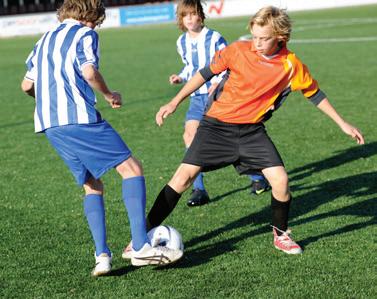
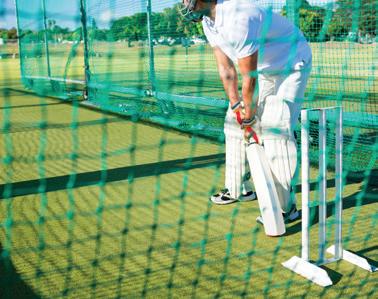






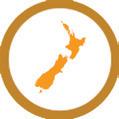
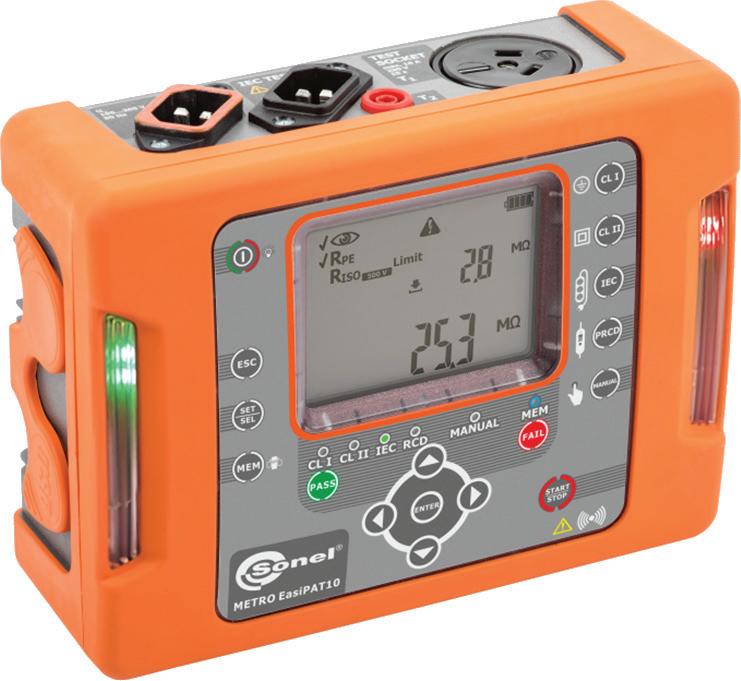
TigerTurf New Zealand Ltd Freephone 0800 804 134 // NZinfo@tigerturf.com // tigerturf.com FOR OVER 40 YEARS TigerTurf manufacture and install top quality, high performance, low maintenance, all-weather synthetic sports surfaces for hockey, football, tennis, schools multi-sports and cricket, as well as turf for childrens’ playgrounds and landscape lawns. More play time, rain or shine... Encouraging sports and recreation in our schools With a range of flexible options to suit any school’s requirements, TigerTurf is your perfect sporting partner. Electrical Test and Tag Made Easy Metrotest your one stop electrical safety partner Real EXPERIENCE - Real SAFETY Testing - Real RESULTS Phone 0800 638 768 help@metrotest.co.nz | www.metrotest.co.nz PAT TESTER SALES PRINTERS ACCESSORIES & TAGS We offer top quality appliance testing products and great prices on the most trusted PAT brands. PAT SERVICE Calibration and full repairs all done by us in NZ. Loan units available during repairs if needed. NZ WIDE TRAINING & SUPPORT Online and face to face training to requirements AS/NZS3760, by a company that TEACHES what they DO and have done for 2 decades. NZ WIDE TEST & TAG SERVICE Fully compliant with Real records. Contact us NOW to book for the HOLIDAYS

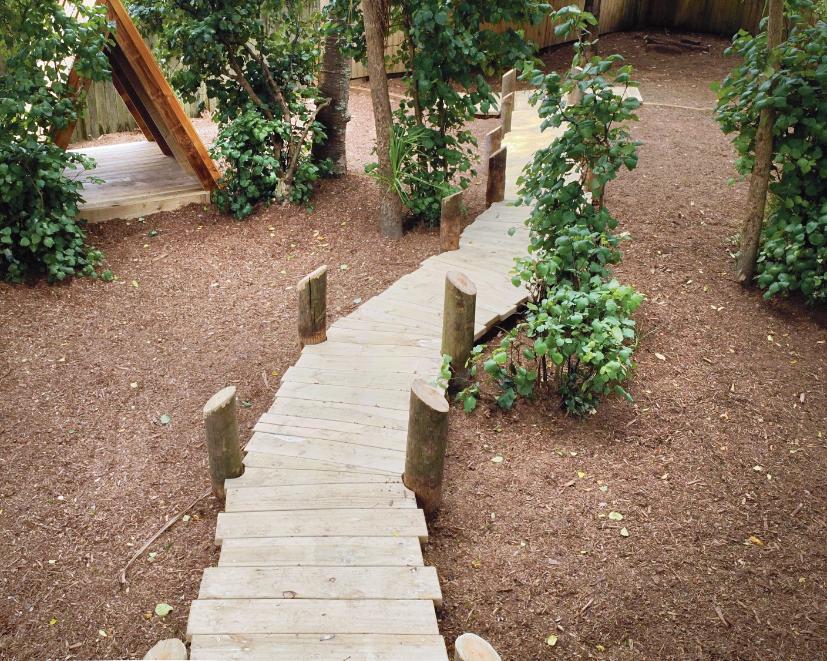
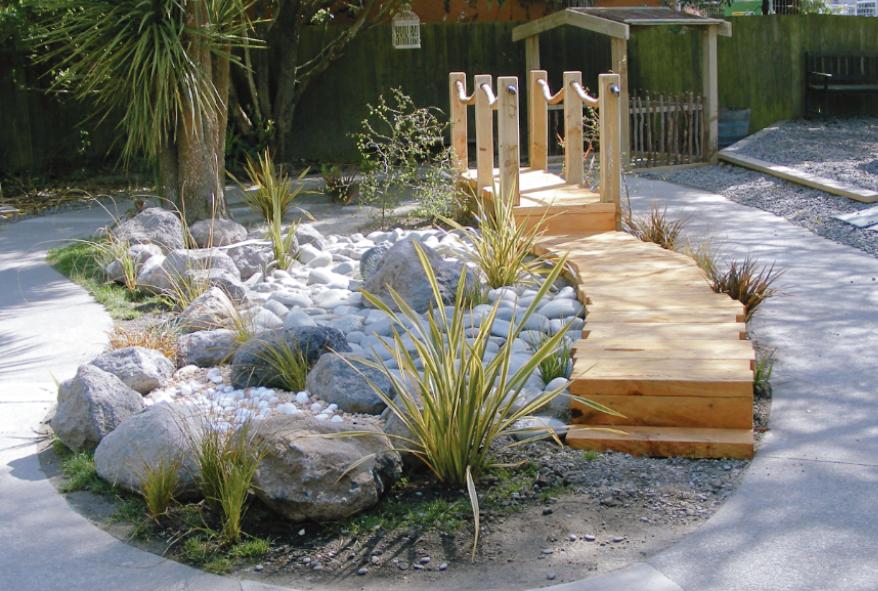
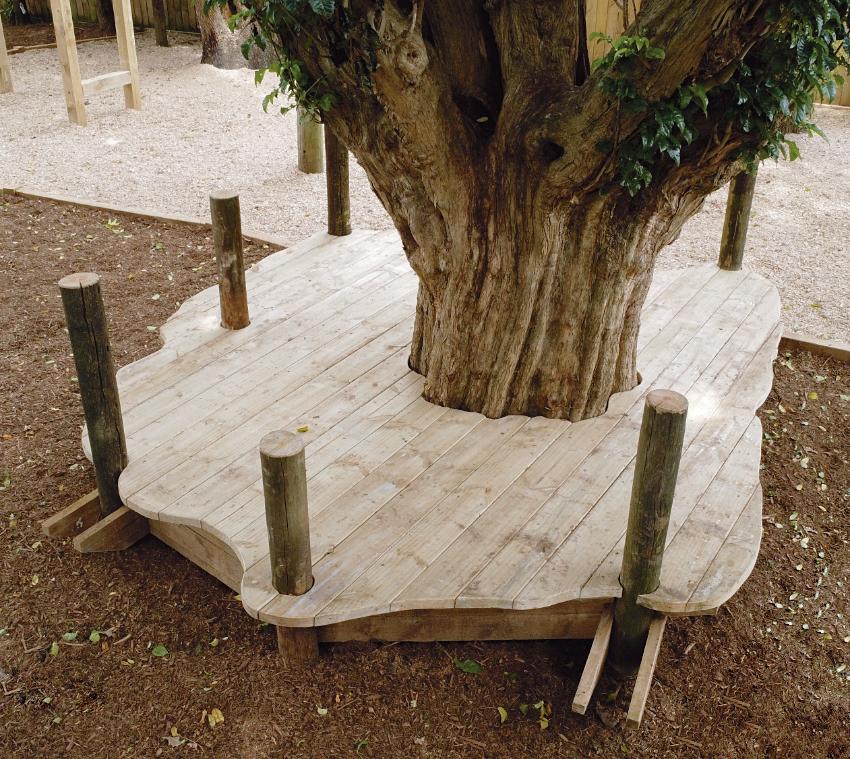




TOKEN COLOURS AVAILABLE:



Red Green
Yellow Dark Blue
Teal
Magenta


Purple Orange
Black White Gold Silver
COLLECTION BOXES NOW

AVAILABLE IN TWO SIZES:

140mm x 140mm x 250mm
190mm x 190mm x 400mm
Reinforced corners
Hinged security lid for easy emptying

Secure screwed lid for security while in use
Super-tough food-grade
perspex

Made in New Zealand

ORDER NOW!

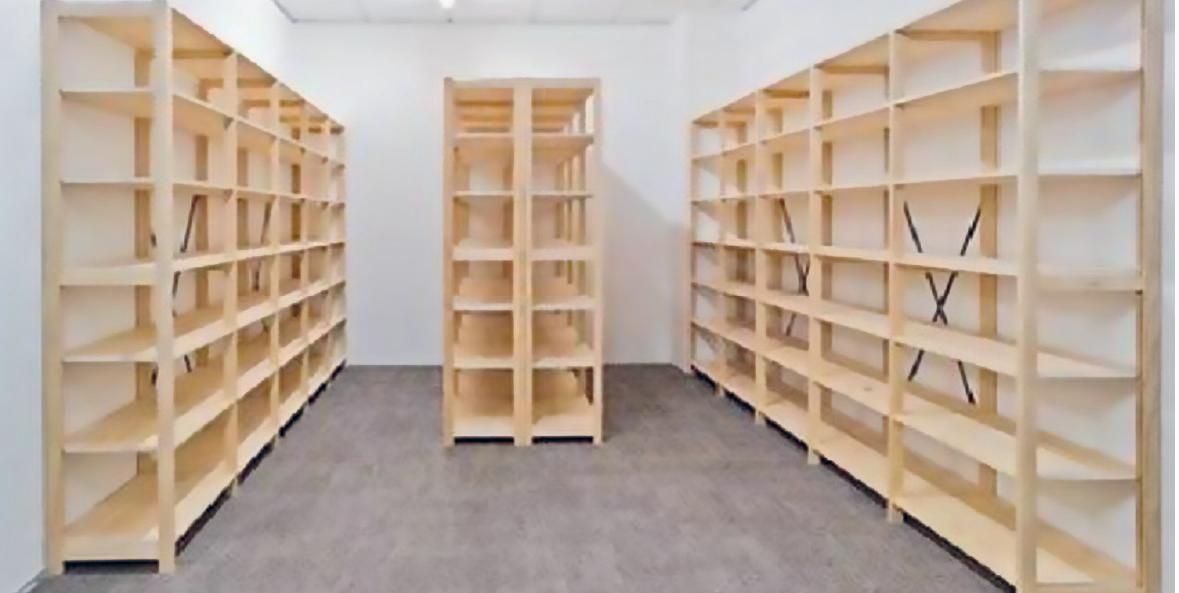


Slash Your Storage Costs!!! Save Thousands $$$ Looking for Sliding Storage Systems? for a quote!! Ex Hire Lundia & Hydestor Systems Now Selling Up to 60% off retail Near New-Lundia-Sliding & Static Shelving NOW Admin Furniture available up to 60% cheaper than new Call Mike today Ph 0800 42 42 47 Email: advancehire@xtra.co.nz SHELVING SOLUTIONS – Auckland • Wellington • Christchurch • All areas Serviced www.advancehire.co.nz / www.shelvingsolutions.co.nz / www.cabrafurniture.co.nz
Breaking down barriers in rural education
By Timmi Aplin-Barrett
Rural New Zealand schools have been struggling to find and retain quality staff, a problem that Open Polytech Te Pūkenga is working hard to solve.

Cover Story | Alex MacCreadie
Open Polytech Te Pūkenga’s executive director School Strategy, Alex MacCreadie, has seen first-hand how this issue impacts students.
“Before I came to Open Polytech Te Pūkenga, I was the principal at Catlins Area School. Each year, we would struggle to find quality staff and to hold onto them. A discussion about finding staff, the quality of staff and their transience was discussed in a principals retreat in 2016, as many other schools were having the same issues,” explains Alex.
“Through my role at the time of President of the New Zealand Area School Association, we looked into this issue and found the same concerns at a national level.”
Alex had previously held the role of Principal of Catlins Area School since 2010. He has held several senior teaching roles in Auckland and Nelson, and taught a number of subjects at both primary and secondary levels.
During his time at Catlins Area School, Alex was involved in leading innovation in curriculum design and implementation of a local flexible curriculum that matched courses, both vocational and academic, to the learner.
Much of this involved leveraging technology to teach personalised programmes to students in a blended, or flipped model. He also worked with a variety of tertiary education organisations and industry training organisations to create e-learning resources for students completing Level 2 qualifications.
When Alex took up his role at Open Polytech Te Pūkenga in 2017, he discovered the organisation’s national reach and ability to offer not only distance learning but also blended learning at scale.
“Following discussion with fellow Open Polytech Te Pūkenga leaders, I pulled together a number of experts from across the sector and into workshops through 2017-2018 and the
genesis of the practice-based model for initial teacher education (ITE) was formed,” he says.
Alex explains that the model follows a blended format, so is delivered by distance learning in partnership with a local school. They were specifically designing the programmes for schools to take a more active role in training candidate teachers who were already in their local community.
Alex says these types of teacher candidates tended to stay, be well respected in their community and currently represented a wasted opportunity that would benefit the candidate, the school and their students. “Initially, we used these ideas to secure a contract with the Ministry of Education to deliver the Teacher Education Refresh programme which we launched in 2018.
“The Teacher Education Refresh programme is aimed at early childhood, primary and secondary teachers who have graduated from
an initial undergraduate teaching degree, but have not achieved a full practising certificate within a five-year period; are returning to the workforce after a lengthy period; or have trained overseas.”
This work enabled Alex and his team to test out their ITE ideas within the sector.
They secured a new contract with the Ministry of Education for the refresh programme in 2022 and, so far, over 1,000 teachers have graduated from the programme since it opened.
The team then developed the business case for a full suite of ITE programmes and, in late 2022, Open Polytech Te Pūkenga were successful in their application for approval and accreditation for the programmes from the Teaching Council of Aotearoa New Zealand and NZQA.
Alex says they have developed the educational resources that are used in the delivery of the ITE programmes and launched them in early 2023.
Alex says that due to the ITE programmes, schools will see a more flexible approach to workforce supply, a tertiary education partner who will work with them and the candidate to provide an individual pathway for people in their community who will make fantastic teachers.
“I am expecting this will contribute to less stress for principals and schools, and better results for students by having a stable workforce. There will be greater subject choice offered to students by mobilising this workforce with significant expertise and skills,” Alex says.
He says one of the goals of the ITE programmes is enabling rural schools to gain excellence in education where they may have previously been struggling.
“I know from personal experience during my years in the school sector that there is a large pool of talent in rural areas,” Alex says.
“For example, some farmer’s partners with degrees, recent retirees, kapa haka tutors, good community sports coaches and more. Having these people as part of the pool of teachers in your school and valuing their expertise for the benefit of students can only help raise achievement.”

Term 4, 2023 | 15 Cover Story | Alex MacCreadie
“Following discussion with fellow Open Polytech Te Pūkenga leaders, I pulled together a number of experts from across the sector and into workshops through 2017-2018 and the genesis of the practice-based model for initial teacher education (ITE) was formed.”
“Specific features of the school context, for example, a strong bilingual or Pasifika context can become part of the training experience, ensuring that graduate teachers are fit for purpose. This encourages principals and schools to take a proactive stance on recruitment and staffing.”
Overall, the aim is to provide a new community-based pathway for people wanting to become primary and secondary teachers but for whom leaving their local community to train is not practical or affordable.
Alex says principals of hard to staff schools such as schools in rural areas, and those areas where affordable housing is a barrier for attracting teachers may find that these programmes offer a solution to their local teachers’ skills shortage.

“In the end, with these ITE programmes, we are expecting to give principals tools for them to be able to take a more proactive role regarding their workforce supply,” Alex says.
“The ITE programmes work flexibly around the needs of the candidate teacher and the school, allowing a range of part time/full time options to
be designed in consultation between both parties.
“The practice-based nature of the programmes ensures the candidate teachers are exposed to how to teach from a practical point of view in a real classroom.
“Specific features of the school context, for example, a strong bilingual or Pasifika context can become part of the training experience, ensuring that graduate teachers are fit for purpose. This encourages principals and schools to take a proactive stance on recruitment and staffing.”
The impact of the ITE programmes are expected to be widespread.
Alex says schools will have an increased supply of teacher candidates who are committed to their community and students.
Schools will be able to invest in members of their community, enabling them to switch careers to teaching and further use
their skills to assist students in their learning.
He says the programmes are designed to break down potential barriers candidates may face and ensure students are gaining the best education they can receive.
The ITE programmes include the Graduate Diploma in Teaching (secondary technology education), Graduate Diploma in Teaching (secondary education), Graduate Diploma in Teaching (primary education) and the Bachelor of Teaching (primary education).
Alex says the costs of these programmes in 2023 (the fees for 2024 have not yet been confirmed) are $5,627 for the Graduate Diploma in Teaching (both primary and secondary education, $7,087 for the Graduate Diploma in Teaching Secondary Technology Education and $16,952 for the Bachelor of Teaching Primary Education.
Alex says they currently have 78 learners across the country and are starting to actively recruit through the principals network. Because of the flexibility provided by Open Polytech Te Pūkenga, they are able to start candidate learners throughout the year.
If you’re interested in the ITE programmes and want to learn more, please visit:
www.openpolytechnic.ac.nz
16 | Term 4, 2023 Cover Story | Alex MacCreadie
“I am expecting this will contribute to less stress for principals and schools, and better results for students by having a stable workforce.”
Fattastic websites starting from $997
Simply email enquiries@fatweb.co.nz your domain / website address, and we’ll send you a comprehensive audit of your current school website. And if you’d like to chew the fat after, we’re here to help.
1. We can write all the content for you and load it

2. We have made over 2000 websites, we know what we’re doing
3. People tell us our websites are the easiest to use, if you want to change any of the content, photos etc.
enquiries@fatweb.co.nz | 0800 FATWEB | www.fatweb.co.nz


NEW website
YOUR SCHOOL?
NEED A
FOR
+GST
0800 486 329 HEAD OFFICE - 38 LOWE ST, ADDINGTON, CHRISTCHURCH 8011 AUCKLAND OFFICE - LEVEL 3/5 NELSON STREET, AUCKLAND CBD, AUCKLAND 1010 LOOKING FOR STAFF? LAUNCH YOUR SEARCH WITH US! Use the most cost effective and easiest job site in New Zealand. Now with a new and improved website making things even easier, ensuring you get quality applicants, every time!
Te MAtaiaho is a real game changer
 By Rob Clarke
By Rob Clarke
18 | Term 4, 2023 News | Inside the Classroom
How to join the dots for greater impact
By Rob Clarke CEO of Learning Architects
or exploding roll numbers, and staff turnover, some of you have also had to contend with unexpected events such as floods and cyclones!
But hopefully there have been positive new opportunities too, such as staff having successes with hard to reach students, or time away to refresh and learn on sabbatical, new staff bringing with them new skills and ideas for your students to benefit from, or improvements made to your school buildings or grounds.

One such new opportunity is the refreshed curriculum, Te Mātaiaho.
than having an approach mainly weighted toward one particular worldview.
What’s all the fuss about?
Whether you have just started in principalship, or have been in the role for a while, chances are your motivations were quite simple.
In one way or another, you probably just wanted to make a bigger difference to more students and to a community. And whichever way you are choosing to go about it, the curriculum is the tool to make this happen.
regardless of what any new government believes).
Now is a really exciting time to be an educational leader because you are part of a nationwide systemic change; and you get to affect curriculum change in a way that influences education to be more responsive and relevant for all.
Of course, the reality is that at any time in life and in any situation, we can only speculate, try and read the crystal ball and wait for things to happen, or we can be proactive and get on with things regardless.
As the old adage goes, the only certainty is change, so it’s always helpful to keep the end goal in mind: the continual improvement of our schools for the betterment of our learners, our community, and our society in general.
New opportunities
Reflecting on the year so far, it’s been another eventful one. Along with the everyday challenges such as shrinking
In a previous article (PT 138) I wrote about how, in my opinion, the Aotearoa New Zealand Histories curriculum is possibly one of the best things to happen for our curriculum in decades.
It provides us with a great opportunity to investigate and deepen our understanding of our local stories enriched by our culture, and help our learners develop broad perspectives that will enable them to become better informed global citizens in multicultural society. And then along comes Te Mātaiaho, which, as our innovative and newly refreshed curriculum, has the potential to transform our educational system to become truly inclusive for all learners, rather
At the NZPF Moot earlier this year, NZPF president Leanne Otene suggested that we welcome the curriculum refresh, and that it allows us to revisit our great curriculum and make it even better, because it is “...our bread-andbutter”, in other words, the curriculum is education’s core business/purpose.
At the same event, Jan Tinetti (Minister of Education) talked about developing “a resilient curriculum”.
While she was talking primarily about ensuring that education becomes immune to political meddling (while I am personally supportive of Te Mātaiaho and what it is trying to achieve, I do recognise the irony in the statement, but do hope it will continue to be implemented
Whether your staff members are overly enthusiastic or somewhat resistant to Te Mātaiaho, these changes come with some level of new learning for everyone involved, and may inevitably cause a little bit of tension in some cases.

I firmly believe that being a student is always a useful thing for educators to experience,

News | Inside the Classroom Term 4, 2023 | 19 Connecting You Faster Quick Help simply connects you to a range of exceptional teachers in the area with just one click or call. Canterbury based relief agency for primary and intermediate schools P. 022 656 8771 or 0800 832 243 | E. office@quickhelp.nz | quickhelp.nz Follow us on E Q
As I put pen to paper to write this, there’s an election on the horizon, and a sense throughout the education sector of ‘what next?’
Now is a really exciting time to be an educational leader because you are part of a nationwide systemic change; and you get to affect curriculum change in a way that influences education to be more responsive and relevant for all.
especially when, just as for students, the learning is designed to be responsive and relevant to them!
With all this in mind, it’s important that you consider how to make this process engaging and enjoyable for your staff as they make their contribution to transforming our education system.
Take time to understand the changes
Given that we are two years into this six-year change process, there is a range of stages for where schools are at in building awareness of what this new curriculum means. The most important thing is to know where you are now, and where you want to go next.
If you’ve yet to get things underway, take time to identify your school’s best starting points. It’s important to remember that quality change and improvement takes time, you don’t have to do everything all at once. As their leader, it can pay to remind and reassure your team of this too. Suggested steps to familiarise yourselves with the changes:
• Take time yourself to explore the new curriculum so you can personally understand what it is about, and what the implications and possibilities are within your school
• Once you are familiar with it, take time to review it with your staff, and ask them to identify what’s meaningful to them, to your students, your school, and community
• You may have noticed that some aspects of the curriculum are changing and some are not. Perhaps give different sections to different groups of staff and ask them to highlight which aspects are changing and which remain the same

• If you have a rumaki reo or bilingual unit that uses Te Marautanga o Aotearoa as the curriculum, take some time to look at how the two align and connect
• Get to know the underlying kaupapa of the new curriculum (which keeps Te Tiriti o Waitangi at the centre) in relation to your school and community’s needs.
Explore the underlying kaupapa
Te Mātaiaho is designed to bring Te Tiriti o Waitangi to life. There are lots of ways you can do this, for example:
• Spend time exploring the principles of the Treaty, ideally with an independent facilitator.
• Visit your local marae and ask mana whenua to share their views on how Te Tiriti o Waitangi is recognised (or not) in your area.
• Look at how well the principles of Te Tiriti work in action closer to home (ie. in your school).
• Use the MoE/NZSTA selfreview tool Hāutu to help your board and leadership team assess your school’s cultural responsiveness.
Recognise that everything is connected
Similar to the compare and contrast exercise between the new and existing curriculum, exploring the links between different Ministry policies and strategy documents can help staff see the connections between them. This in turn can help people feel less daunted at the thought of implementing the new changes.
20 | Term 4 , 2023
News | Inside the Classroom
The beauty of Te Mātaiaho is that it is easy to tie existing professional learning needs of your staff into the new curriculum so that you can help them make better connections to prior learning, and create more meaningful and relevant learning for your students.
Try this exercise:
1. Spread the documents listed below out on a big table, (this is the moment when you’ll find out whether everyone is familiar with them - yourself included!)
2. Discuss with your team how each of the following government policy/strategy documents are connected:
• The NELP
• Ka Hikitia ka Haipatia and the Pasifika Action Plan
• Tāpasa and Tātaiako
• Te Marautanga o Aotearoa and the NZC
For example, if you take the principles of Te Marautanga o Aotearoa and line these up with those of Te Mātaiaho, you will see that the first principle of Te Marautanga o Aotearoa ‘Learners at the centre’ is reflected in the new curriculum. It is also the first objective of the NELP.
3. Keep your eyes and ears open and observe how different individuals respond to different parts of this exercise. Their responses might give you clues as to the different types of support individuals need.
Understand, Know, Do
The above exercise will show that the key competencies remain pretty much the same. This is helpful because it clearly connects our prior knowledge of the NZC to the new learning in Te Mātaiaho.
The five key competencies are woven into the Understand, Know, Do (UKD) framework and are particularly prevalent in the ‘Do’ part of each of the refreshed learning areas.
Being the first part of the new curriculum to use the UKD framework, the Aotearoa New Zealand Histories curriculum (within Social Sciences) informs how we think about, plan for, and assess learning.
This can be done at a very straightforward, practical level; for example, a school we worked with recently used the framework to formulate a
graduate profile for the ākonga in their school; they developed different skills at different year levels while exploring their local stories at the same time.
The ‘Know’ part which relates to contexts relevant to the learners provides opportunities to identify the topics that are most relevant and important to your students, their families, and local iwi and hapu.
For example, how well do local contexts already feature within your localised curriculum? Perhaps this is an opportunity to further develop how local contexts are used.
The ‘Do’ part of the framework gives you opportunities for students to become critical
creative thinkers, develop research skills, and more. This is where students take action and showcase their learning to their family and the wider community. Using UKD intentionally can help ensure learning is more meaningful to all involved.

Gather questions and concerns
With any change process, the importance of being in touch with the concerns, questions and wonderings of your staff cannot be overstated. This is because they inform how you might provide the right support people along the way. One way to approach this is to use the whakapapa of Te Mātaiaho as a discussion prompt.
Be aware that some of the questions this may raise won’t be answerable in this conversation, because they may surface issues relating to equity for Māori, Pasifika and other learners for whom the NZC (and our implementation of it) has not traditionally served well.
Match needs to those already on your radar
Something that will support you is that any necessary
professional learning that needs to occur can be incorporated into your existing professional development approach.
It is entirely possible to match these needs to Te Mātaiaho. For example, if assessment for learning has been on your radar, then Mātairea may be a logical element to explore first.
If you are re-developing your local curriculum and/or school vision, then the Mātaioho may be the place to start.
The beauty of Te Mātaiaho is that it is easy to tie existing professional learning needs of your staff into the new curriculum so that you can help them make better connections to prior learning, and create more meaningful and relevant learning for your students.
Get the conversations started and join the dots!
Whatever you are feeling about Te Mātaiaho, this is an opportunity to take a fresh look at things.
Wherever you start, the most important thing to do is to get the conversations started and keep the ideas flowing and see where you can join those dots to make a greater impact.
Term 4, 2023 | 21
News | Inside the Classroom
Wherever you start, the most important thing to do is to get the conversations started and keep the ideas flowing and see where you can join those dots to make a greater impact.
Tools for life

Subject material worthy of consideration
By June Pfister
News | The Curriculum
Most of these life skills we learn throughout our childhood. However, some of these life skills could be compulsory lessons provided by schools.
So, what should schools be teaching their students? Of course, subjects like maths, english and science come in handy at some point in our lives. There are so many other important skills that children need to learn to function well in life; who’s teaching them?
There has been discussion for years amongst present high schoolers and those who have already gone through the last years of compulsory education, that specific topics should be taught in those years.

Financial literacy, budgeting and saving for the future are important as we want our children to be prepared for unexpected financial difficulties.
Offering students courses on financial literacy which teach them about investments, budgeting, and saving, is a great way we can encourage this particular life skill.
Such courses are also a great way to teach students about big financial decisions like KiwiSaver, home loans, and how to do your own taxes.
Another subject that could to be taught in schools is health and safety.
Yes, first aid and fire escape plans are heavily talked about in school from a young age, but what about showing students how to use specific tools such as a fire extinguisher, fire blanket or a defibrillator.

Generally, students are shown or verbally taught how to use these emergency tools, however many children learn by physically operating the item itself, this could easily be done by using a prop, which means no damage or harm is done.
Another emergency related situation that could be shown to children is how and when to call 111.
Again, this is something that is usually taught by doing role play (one on one), however, many children especially in the younger ages are filled with curiosity which can lead them to calling emergency services just to see what would happen when someone answers the phone.
To prevent this from happening there could be an app or something similar where these children can ring a fake number and role play a real 111 call.
Stereotypical gender based skills are a big topic of conversation too. The old
fashion thinking of men doing physical labour and women doing the cooking should be discussed with students.
It’s important that schools encourage diverse and inclusive thinking by making subjects such as food tech, woodwork, and home economics compulsory for all students.
This gives all students the opportunity to learn basic life skills like cooking and basic handy work around the home, whether it’s being taught at home or not.
Ensuring these basic life skills are being taught sets young adults up for success when they eventually move out of the home.
It means they can make a meal for themselves and do simple
maintenance around the house without having to rely on someone else.
Of course, not everyone is perfect in all of these areas, but at least students will have the basic skills to try their best.
Having basic life skills is essential and every student should have the opportunity to gain those skill.
We need to make sure that students are prepared to step into the real world without having to rely on platforms such as YouTube for doing the laundry or mowing the lawn.
How can we make sure the future generation of New Zealand can learn these fundamental skills? Teach them.
Term 4, 2023 | 23 News | The Curriculum
As an adult there are so many important skills you need to know to get through life, such as budgeting, saving for the future and any other general life skills that are useful.
Having basic life skills is essential and every student should have the opportunity to gain those skills.
Subject to change
What schools should be teaching
 By Ben O’Connell
By Ben O’Connell
News | The Curriculum
The general election and changes to the educational landscape, thanks to digital and technological developments, have ushered in debate about what subjects should and should not be compulsory in schools.

How does New Zealand come to that decision though?
Financial literacy, Internet awareness, sex education, the list goes on. The subjects that students need to be familiar with continues to change.
Calls to transform the national curriculum come from many places – petitions, educators, the wider industry, or from studies such as Aotearoa’s NMSSA, the OECD’s PISA studies, the TIMSS, or PIRLS.
The New Zealand Curriculum sets out eight learning areas: English, the arts, health and physical education, learning languages, mathematics and statistics, science, social sciences, and technology.
Ministry of Education strategy and integration general manager, Pauline Cleaver, says “Once decisions are made by government, the Ministry of Education’s Curriculum Centre –
Te Poutahu – leads the writing of new content, identifying timelines, budget, and structures to make the changes.
“This includes accessing external advisory and working groups from across the education sector and communities, including young people,” Pauline says.
These groups use their individual expertise to support the development of new content and their organisation networks to provide feedback.
“Alongside this there are more formal consultation processes for feedback on the new content, specifically to capture the voice of teachers and what they might need to support them.”
Movement in the curriculum refresh space since 2018 has stimulated conversation on the topic. In 2018, the Minister of Education at the time convened the Curriculum, Progress and Achievement Ministerial
Advisory Group (MAG) to offer advice on student progress and use of the curricula.
A kōrero mātauranga (education conversation) that same year received over 43,000 submissions from New Zealanders on the future of education.
“What we heard from both the MAG and the kōrero mātauranga was that our education system was not meeting the learning and wellbeing needs of all children and young people and their families and whanau,” Pauline says.
“The MAG advised us that we need to do things differently if all ākonga (students) are to experience rich opportunities to learn in a way that recognises their identity, language, and culture, local context, agency, and potential and that builds on what matters to each of them, as well as what matters to their whānau and communities.
“The MAG advised that we needed to ensure it is clear to everyone what every child and young person needs to learn across the curricula, and we need to have high expectations for the success of all students.
“The curriculum needs to be clear what progress in that learning looks like, so that we can notice and respond to what learning is occurring for an individual, across a classroom, school or kura, or across the system.”
The Ministerial Advisory Group also advised updates for both curriculum documents – the NZC and Te Marautanga o Aotearoa.
They said a full refresh of the NZC was needed to ensure that it:
• Gives practical effect to Te Tiriti o Waitangi
• Is inclusive
• Is clear about the learning that matters
• Is easy to use from Year 0 to Year 13.
“Further shifts included consistently described learning area statements, a consistent ‘Understand, Know, Do’ model for all learning areas, and curriculum levels replaced by phases of learning in a progression framework, which would support an understanding of how a learner grows in their learning and how their learning builds on prior knowledge,” she says.
“The curriculum has been refreshed in phases, and we have worked closely with the sector, community groups as well as our Rōpū Kaitiaki (a leadership group made up of highly respected leaders and academics with expertise in mātauranga Māori, Māori education and culturally responsive inclusive education) and our writing groups to develop Te Mātaiaho – the refreshed NZ curriculum.
“The first opportunity to see the new content structure was in the new Aotearoa New Zealand’s histories content, which has been required to be taught in all classrooms since the beginning of 2023.
“The social sciences learning area was refreshed in November 2022 and the English and mathematics and statistics learning areas in May 2023.
“From 2025, schools must use the new mathematics and statistics, and English learning areas.
“From 2026, all schools will use the Common Practice Model (CPM) when teaching literacy, communication, and maths. The CPM will be available to schools in Term 4, 2023 and schools will be supported to successfully use it from 2024.
“Schools will be required to teach the fully refreshed NZ curriculum, Te Mātaiaho, from the beginning of 2027.”
Term 4, 2023 | 25
News | The Curriculum
“The social sciences learning area was refreshed in November 2022 and the English and mathematics and statistics learning areas in May 2023.”
The big picture
Tackling bullying with inclusivity
By Ben O’Connell
Schools have a responsibility to provide safe, inclusive learning environments for children and to prevent and respond to any bullying.
The Bullying-Free NZ School Framework was developed to reflect evidence that shows the most effective approach to address school bullying is not to single out students causing or impacted by bullying but instead is to include everyone in the community to foster a positive school culture.
“We know that bullying prevention and intervention programs are most effective when a whole school approach is adopted,” says Dr Cara Swit, a senior lecturer at the University of Canterbury, who specialises in early childhood aggression, bullying, social development and early intervention.

An initiative from the Bullying Prevention Advisory Group
(BPAG), Bullying-Free NZ comprises 17 agencies who are committed to reducing bullying in Kiwi schools.
Managed by the Ministry of Education, the Bullying-Free NZ website is home to resources like the School Framework, which outlines nine core components for an effective school-based bullying prevention and response approach.
Legislation gives schools autonomy over their approaches to bullying, providing flexibility to best suit each community and context.
The Education and Training Act 2020 outlines that one of a board’s main objectives in governing a school is to make sure the school ‘takes all reasonable steps to eliminate racism, stigma, bullying, and any other forms of discrimination within the school’ and that they provide a physically and emotionally safe place for all students and staff.
Taking a holistic approach to bullying prevention helps schools avoid student victimisation.
“Underserved youth are at risk of victimisation due to socially stigmatised identity or appearance, such as racial, ethnic, gender or sexual identity, immigrant status, socioeconomic status, and so on,” Dr Cara Swit says.
“However, cross-group friendships and respect for diversity at an individual, school, and community level are strong protective factors against bullying involvement and victimisation.”
Cara says that research continues to show that students with additional needs may experience more social isolation than students without additional needs. She also says that students with behavioural disorders and those with observable disabilities are more likely to bully others and be victims of bullying compared to those without.
“Research suggests that young people with ASD and neurodiversity are especially vulnerable to being victims of bullying.
26 | Term 4, 2023 News | School Life
“By teaching students about emotions, respect, bullying, peer pressure and group dynamics we are setting tamariki and rangatahi up with skills for life.”
“Some research has shown that prevalent rates of bully victimisation in young people with ASD are two to four times that of the typically developing population. Difficulties in social interaction and communication are common indicators of student victimisation.
“Looking for opportunities to promote prosocial behaviours and positive interactions between peers is a positive, practical strategy that parents and educators can work towards - tuakana teina approaches are another example.
“Fostering acceptance and embracing differences is important to prevent victimisation.”
Some of the initiatives and resources available to schools that take a whole-school approach to bullying include Our Kind of School, as well as TKI’s Positive Behaviour for Learning (PB4L), and its restorative practice, the PB4L Incredible Years programs, and the Resource Teacher: Learning and Behaviour (RTLB) service.
Schools also have access to the NZCER’s Wellbeing@ School (W@S) survey toolkit, useful for schools to review the effectiveness of their bullying prevention approaches.
Another is KiVa. Developed in Finland, the bullying prevention programme includes three parts

which each provide benefit to the whole school community by addressing a specific aspect of bullying; prevention, intervention, and monitoring.
A director of the Elephant Trust, Kieu Pham says that with more schools/kura onboard, we could finally start turning our national statistics around.
“Currently approximately two percent of schools/kura in Aotearoa are implementing KiVa and achieving these results which benefit the daily lives of their students and wider-school communities,” Kieu says.
“All KiVa schools participate in gathering student data
annually through an anonymous survey to directly hear student voice and track the progress and effectiveness of the KiVa programme in reducing the harm caused by bullying.
“The student survey data (collected from 2014-2022) across KiVa schools in Aotearoa shows an average 26 percent reduction in students reporting being bullied after a year of KiVa implementation.
“By teaching students about emotions, respect, bullying, peer pressure and group dynamics we are setting tamariki and rangatahi up with skills for life.
“As a result, students have a safer learning environment where they can come to school feeling happy and safe, valued and listened to and empowered to act if they need to.
“Parents and whānau are informed, equipped and reassured that schools have a proven way to address bullying issues and deal with them using an effective approach.

“The wider community benefits from the flow-on effects of changing group norms resulting in more respectful, happier and kinder citizens who can live within safer communities.”
Any school interested in registering for KiVa should contact: kiaora@elephanttrust.org.nz.
Term 4, 2023 | 27 News | School Life
“Parents and whānau are informed, equipped and reassured that schools have a proven way to address bullying issues and deal with them using an effective approach.”
Growing tall poppies
Supporting gifted children
 By Ben O’Connell
By Ben O’Connell
Out of every 100 children, about five can be classified as “gifted”, yet only a small proportion may be identified as such in school*.
News | Life in the Classroom
Whether they’re completing Year 13 calculus problems at age five, or NCEA-level reading at age 11, our gifted children need support. But how can schools achieve this, and what does inclusion look like today?

“We are all neurodiverse. Neurodiversity is the brilliance of different brains, and every brain is different,” says Phil Turner, NZAGC president and chief executive of the NZ Disability Employers’ Network.
“Simply put, every child has the right to education. The way we run the system at the moment, not every kid gets an education that is suitable to them. We are damaging our kids by not meeting their needs,” Phil says. “Gifted kids are often forgotten, not identified, or intentionally not catered for, because teachers focus on those that have the red flags. They’re encouraged – it’s easier to move them forward almost – at the detriment of gifted students.”
Supporting these children is unfortunately easier said than done.
“We need inclusion in the classroom, but teachers are in burnout after the pandemic. The last thing I’d do with any teacher is put more things on them,” says Brooke Trenwith, Director of Potential to Performance Ltd and NZAGC National Council member.

Thankfully for the gifted youth of today, technological
advancements and increased mental health awareness mean better support. These children still face many challenges, especially in New Zealand where shaming success and encouraging compliance are ingrained cultural beliefs.
“In New Zealand you don’t bring yourself to the front, you normalise yourself back,” Phil says.
“It’s okay to stand out at prizegiving and sport but that’s all – and we can’t stand out too much,” Brooke says.
“We need to teach teachers to give students opportunities to negotiate their own learning. My hope is that Te Mātaiaho will instil the conditions for teachers to provide appropriate learning challenges alongside social and emotional support”
From Goblin Tools to Education Perfect, the Internet opens newfound learning doors for gifted children, especially for those in rural communities.
“I really believe we need to find ways to use tech to help students work at the level appropriate for them. There still has to be teacher awareness of the damage when needs aren’t met long-term,” Phil says.
“Where neurotypical children connect with people, neurodivergent children connect with objects, activities, and places,” Brooke says. “As an example, a gifted child’s phone is their safety and control. Taking it away would be traumatising.”
“In the same way we talk about teens and drinking, we must support gifted, and all neurodivergent kids in recognising that technology should enhance and not detract from their wellbeing.”
This interconnectedness does come at a cost. Brooke notes the mental toll of the pandemic on gifted children. “Their brains are thinking about the impact
to grow, unaddressed. “Gifted children do what they need to do to survive, which is often burying their emotions and masking their gifts.”
Today Phil’s son shares a class with other gifted students, which finally sees him challenged academically and with like minds. “We call it a ‘neuro-spicy’ class,” Phil laughs. “He can finally explore his true self, and it’s undoubtedly better for him.”
As the NZAGC website says, “Giftedness is involuntary – a natural gift. It gives no cause for claims of elitism”. The idea that uplifting gifted students must come at the expense of those that need more support is incorrect.
In line with research by Russel Bishop ONZM, Brooke and Phil note that what works for the marginalised works for all. “We should design our systems for the 20 percent, those on the margins of the bell curve, and we’ll serve the needs of the 100 percent, yet we don’t,” Phil says.
“It’s more than just important. Providing gifted children the right learning support and environment is essential. Those with the confidence and ability are set up to change the world.”
*Information from NZAGC website: www.giftedchildren.org.nz.
About Brooke Trenwith
Brooke Trenwith is a multiexceptional (gifted, dyslexic, and autistic) MoE facilitator who offers blended training on neurodiversity, leadership, coaching, and trauma-informed practice. She is a former NZAGC President and NZ representative on the WCGTC. With extensive experience spanning early childhood to university education, including supporting special and mainstream schools, Brooke actively contributes to Ministerial Reference and Expert Groups.
About Phil Turner
Phil Turner is a neurodivergent adult, parent, and strong advocate for disabled and neurodivergent people. He is President of the NZ Association for Gifted Children, Chief Executive of the NZ Disability Employers’ Network, and a passionate father of a multiexceptional son.

Term 4, 2023 | 29 News | Life in the Classroom
“In New Zealand you don’t bring yourself to the front, you normalise yourself back.”
- Phil Turner
Digital development
The rise of technology in primary schools
By June Pfister
The use of technology in schools has changed significantly over the last 20 or so years, especially in primary aged schooling. I attended primary school (years one to six) from the year 2005 until 2010, and once I started high school (year seven to 13), I regularly visited my mum’s primary school as she was a teacher. Over those years I definitely saw a change in technology at primary schools.
When I started school at the age of five, my first (out of two) primary schools had old box computers that had programs such as KidPix. Overhead projectors were also around and everyone wanted to be in charge of changing the paper under the projector during school singing. Entering my second primary school in year five, computer suites were a big thing in most primary schools, your teacher would book a time slot and of course all the students would be eager to play on the website Cool Maths Games. If teachers couldn’t get into a computer suite they would book out the moveable trolley with laptops, known as the Computer on Wheels (COW).
When I entered high school from year seven onwards, iPads started to roll out with about four devices in each classroom. Then of course chromebooks started to enter the classroom as well a couple of years later.
Curious about what technology is like in primary schools these days, 13 years after I finished primary school, I reached out to the Ministry of Education and was lucky enough to have a response from the Leader of Infrastructure and Digital, Scott Evans.
“While there’s no standard for how much or what type of technology is used in schools, there have been broad trends across the New Zealand schooling sector,” Scott says.

“Technology has become more ubiquitous, interactive smart boards are common in classrooms; students use learning management systems and online blogs. BYO devices are becoming more commonplace from year three onwards.
“Each school or kura decides how they use technology to support teaching and learning based on what is best for their ākonga and school community.
“While many schools are more comfortable with the use of digital devices in teaching and learning, it should continue to be purposely designed, with care to balance learning with and without digital devices.
“This is particularly important for our youngest learners. How teachers use technology to design and guide learning activity is what is most important.”
Technology in primary schools has definitely changed over the years, however it hasn’t completely taken over the way
of learning, as schools still use textbooks and pencils/pens.
I think that technology in schools can advance even more in the future. I guess my time in primary school happened when the big shift in technology happened, when box computers changed to flat screens and when overhead projects changed to digital projects connecting to a computer via a cable.
It will be interesting to see what the next new technology shift looks like in schools.
30 | Term 4, 2023 News | Technology
“Each school or kura decides how they use technology to support teaching and learning based on what is best for their ākonga and school community.”
A warm welcome
Opening doors for exchange students
 By June Pfister
By June Pfister
Imagine flying across the globe for 30 hours alone as a teenager, you enter a new country where they speak a different language, it’s a new culture and you know absolutely no one.
Every year thousands of students experience the thrill, anxiety and excitement of starting a new adventure in New Zealand.
How can we as a country, a classmate, a host family and a school ensure that we can make this exchange the best experience of their lives?
Firstly, allowing students to feel as though they are a part of a community and making them feel wanted is important; they need to be surrounded by a loving host family, great new friends and a support system.
This can make an exchange student’s adventure much more fun and enjoyable, otherwise it could lead them to wanting to go back home.
If you have arrived in a new country that is completely unknown to you, you obviously want to explore as much of the country as you can. Some travel experiences are provided through the students individual organisation (such as STS and AFS). This is usually incorporated into orientation week with hundreds of students starting at the same time. However, schools and host families should be providing fun filled adventures for their students as well, this could include school trips, family holidays, road trips and more. This ensures our exchange students are getting to explore as much of New Zealand as possible and enjoying their time with their hosts.
Implementing after school activities in an exchange student’s time here in New Zealand is also something to consider. Do they play a sport back home?
Offer them the opportunity to play their favourite sport at their host school too. Or once
a student has made friends, they can join in with any extracurricular activities their friends do. However, don’t pressure them into doing something they don’t want to do, make sure they are happy and are enjoying their time.
Showing exchange students the culture of a new country is one of the most rewarding aspects they can get from their time with us. Host families, schools and friends can all help with showing different parts of New Zealand’s culture.
For example, schools will be able to teach them the Maori language, Kapa Haka and New Zealand history.
Whereas friends can teach them slang words or what young kiwis get up to in their spare time, and host families will be able to provide the food and more!
Being an exchange student in a new country can be an exciting time, but there are and will be most definitely hard times.
When student exchange organisations, friends, host
families and schools ensure all the above-mentioned things, then we can be certain that these students are having a blast. Many, if not all, say that their exchange year overseas was the best time of their lives, so let’s continue to make sure that happens for future generations.
News | Student Life Term 4, 2023 | 31
Firstly, allowing students to feel as though they are a part of a community and making them feel wanted is important; they need to be surrounded by a loving host family, great new friends and a support system.
Libraries for Children and Young Adults are essential for information and development.
Our children’s libraries equip children with lifelong learning and literacy skills, enabling them to participate and contribute to the community.
Our Services
Curriculum and class visits
Book swaps Tutorials
Our Branches
Kete
Researching skills
Childrens Services
Welcome to Libraries Horowhenua
Horowhenua
Te Takeretanga o Kura-hau-po Te Awahou Nieuwe Stroom Shannon Library info@horowhenua.govt.nz 06 368 1953 tetakere.org.nz te.takere
Outreach with Libraries Horowhenua
Libraries for Children and Young Adults are essential for information and development.

Outreach to our local schools improves student access to reading resources, services, and programmes. Collaborating also helps us to respond to curriculum needs.
Outreach Services
Library talks
Storytime
Archive explorer
Kete Horowhenua tutorials
Digital inclusion
It creates strong authentic relationships with librarians, teachers, students and whānau and supports reading for pleasure at home and during the holidays. info@horowhenua.govt.nz
Curriculum support and resources

06 368 1953
te.takere
tetakere.org.nz
Movement that inspires
Using role models to encourage active participation
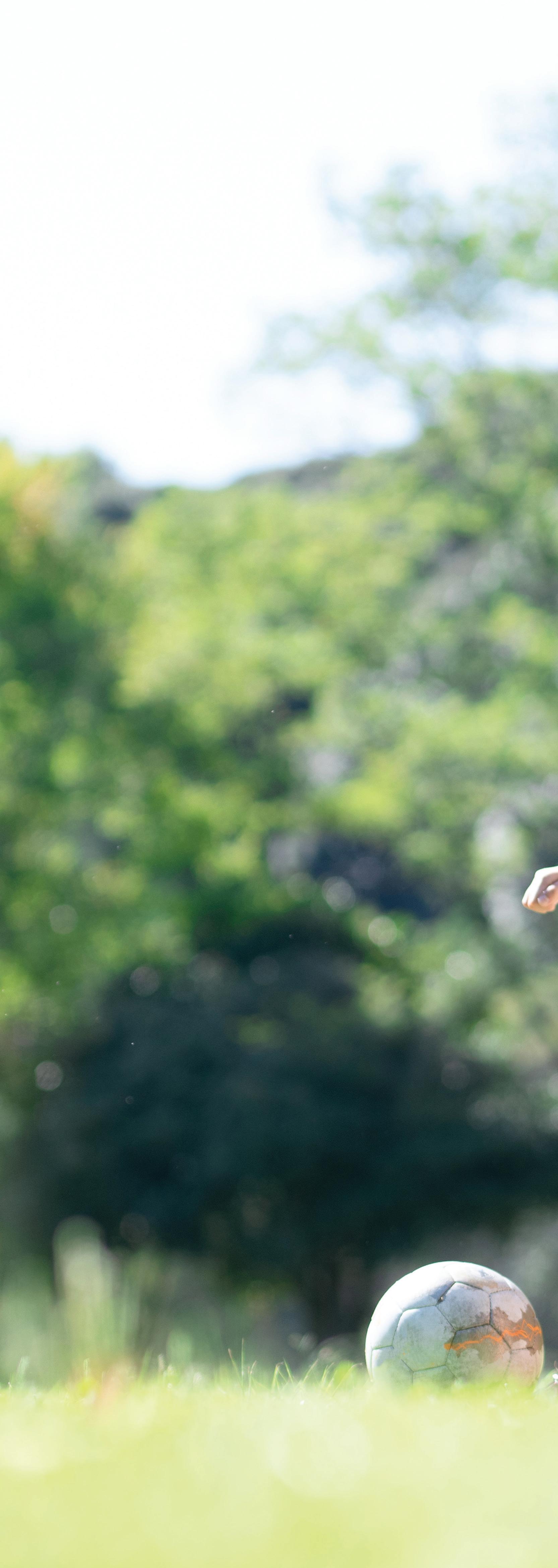 By Ben O’Connell
By Ben O’Connell
Hosted by Australia and New Zealand, the impacts of the 2023 FIFA Women’s World Cup are still felt by Kiwi schools and kura today. More young people are energised to play football, and the Kōtuitui programme’s lessons on culture and identity continue to have profound results.
“While it’s too early for exact numbers as our 2023 community season is concluding now, the crowds at World Cup games included all genders and ages and we expect the excitement and energy to play football will be across all genders when the 2024 community season rolls around, when we’ll be able to report on registrations,” says Paula Hansen, New Zealand Football general manager of Women’s World Cup, Diversity and Inclusion.
“We are excited to see the positive impact of the World Cup through increased participation and positive experiences, and to see how New Zealanders connect with football and their communities as we continue work towards being the most inclusive sport in Aotearoa.
“We’re also hearing plenty of anecdotal evidence of the explosion of interest in our game since the Women’s World Cup kicked off.
“The Kōtuitui programme illustrates this, with over 260 schools registered, over double the expected number of schools registering during the tournament, while our legacy participation programmes Fantails and Kickin’ It, launched
before the World Cup, have been vital for getting the excitement and engagement going before the tournament.
work towards a
Aotearoa.”
“Since the programmes launched, 46 Fantails hubs and 16 Kickin’ It hubs have been established across Aotearoa, meaning over a thousand girls have started to play football for the first time in inclusive, enjoyable female-only environments.
“The importance of female role models for everyone, girls and boys, young women and young men, is huge, especially as we work towards a fairer and more inclusive Aotearoa.
34 | Term 4, 2023 News | Sport & Activity
“The importance of female role models for everyone, girls and boys, young women and young men, is huge, especially as we
fairer and more inclusive
“Schools have been really receptive to the programme, as shown by the over 260 schools registered for Kōtuitui, meaning over 35,000 ākonga have the opportunity to use football to learn about Aotearoa New Zealand’s bicultural and multicultural society.”
“The success of the World Cup and accessibility of the teams including our own Football Ferns, head coaches like Jitka Klimková, Kiwi World Cup match officials Anna-Marie Keighley and Sarah Jones, and New Zealand Football president and FIFA Council member (and former school principal), Dr Johanna Wood, means that our tamariki and rangatahi will grow up seeing the presence of women and men throughout our sport as equals as the norm.”
Shane Verma, New Zealand Football community pathways manager, and Kōtuitui programme lead says “Kōtuitui is particularly special as it harnesses how communities express their culture and identities through football and futsal.
“Kōtuitui is a schools programme that uses the context of the FIFA Women’s World Cup to learn about culture and collective identity.
“The classroom learning activities are linked to the Te Ao Tangata Social Sciences (including Aotearoa New

Zealand Histories) curriculum by using the FIFA Women’s World Cup as the context for students to learn about New Zealand’s bicultural and multicultural societies, and how to connect with one another.
“They also learn about how hosting major events like the FIFA Women’s World Cup can help to shape New Zealand’s culture and collective identity, and classroom learning culminates in the ākonga putting their learning into practice by organising a World Cup.
“For the football or futsal experiences, local football clubs or federations will provide ākonga with a six-week programme delivered on the grass or court, which includes bicultural and multicultural football/futsal games that complement the classroom learning.
“The games were developed by New Zealand Football with Oceania Football Confederation and Māori Football Aotearoa.
“Schools have been really receptive to the programme, as shown by the over 260 schools registered for Kōtuitui, meaning over 35,000 ākonga have the opportunity to use football to learn about Aotearoa New Zealand’s bicultural and multicultural society.
“The students have been enjoying the bicultural games and the opportunities to learn through football, and we’re looking forward to hearing more from them about its impact in the classroom!
“The programme provides tamariki and rangatahi with new ways to get physically active while learning about and connecting with their communities.
“It’s also a great way to strengthen communities and connections between schools and their local football clubs, and ensure everyone has the opportunity to experience football or futsal.”
Term 4, 2023 | 35
News | Sport & Activity
MOBILE LIFTING CAPACITY NOW UP TO 450T 24 HR AVAILABILITY

UNIVERSAL CRANES SOON TO BE
We operate the largest, most comprehensive and modern fleet of mobile cranes in the Auckland area and the upper North Island.

Quickly growing a reputation as the go-to crane hire company for simple and complex lifts, Auckland Cranes delivers innovative solutions to vertical logistics 24 hours a day, 7 days a week.
Our fleet includes Frannas, mobile cranes, and self-erecting tower cranes including machines from Demag, Liebherr, Grove, Tadano, Kato and more. We have a highly skilled team of operators, riggers, dogmen, truck drivers and mechanics who know and respect cranes.
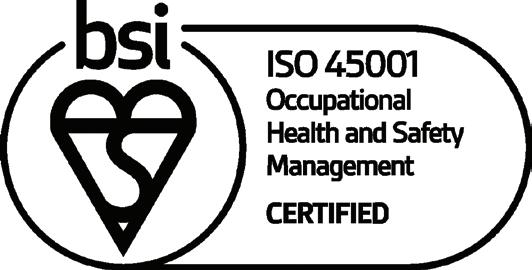
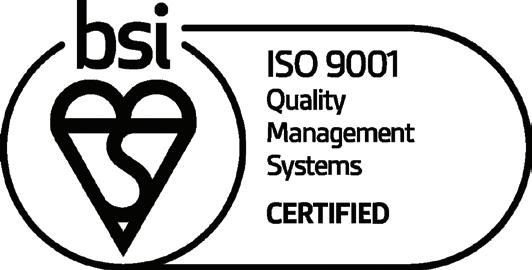
AUCKLAND 09 277 2227 • HAMILTON 07 849 3846 aucklandcranes.co.nz
Delivering guidance and motivation
By June Pfister
Careers counsellor, Marie Donaldson, has been working in the careers department at Waimate High School. She has been in education teaching for seven years and started her pathway in careers three years ago.
Before deciding to switch lanes into education, Marie had a legal background, however, she hasn’t once looked back because education is really rewarding.
“I decided that educating ākonga/students in careers would be really rewarding and it certainly is. I love utilising my legal background, Te Reo Māori, my research skills and most importantly sharing my knowledge.”
When I asked Marie if students at Waimate High knew what kind of career pathway they wanted to go in after finishing high school, she expressed that every student is different.
“There are a variety of ākonga/ students who know what type of job or career they want to pursue and how they are going to get there. Equally, there are ākonga/ students who have no idea who they want to be.”
Marie says that from her experience, most ideas a student has for their future career come from their parents or caregivers, or by association.
“We love to get out and about with our ākonga/students to provide them with amazing experiences like visiting tertiary institutions, visiting industry businesses, local careers expos, NZ Defence Force visits, rural health careers workshops,
Inspiring the Futures events, the Inzone careers kiosk, connecting with past students of Waimate High, and generally just thinking outside of the square when it comes to providing opportunities for our ākonga/students.”
This year Waimate High School piloted their Work Ready Week programme for their Year 12 students. This took place in Term 1, where students took part in accredited NZQA courses from First Aid, Workplace Health and Safety, Alcohol and Drug education to Time Management courses.
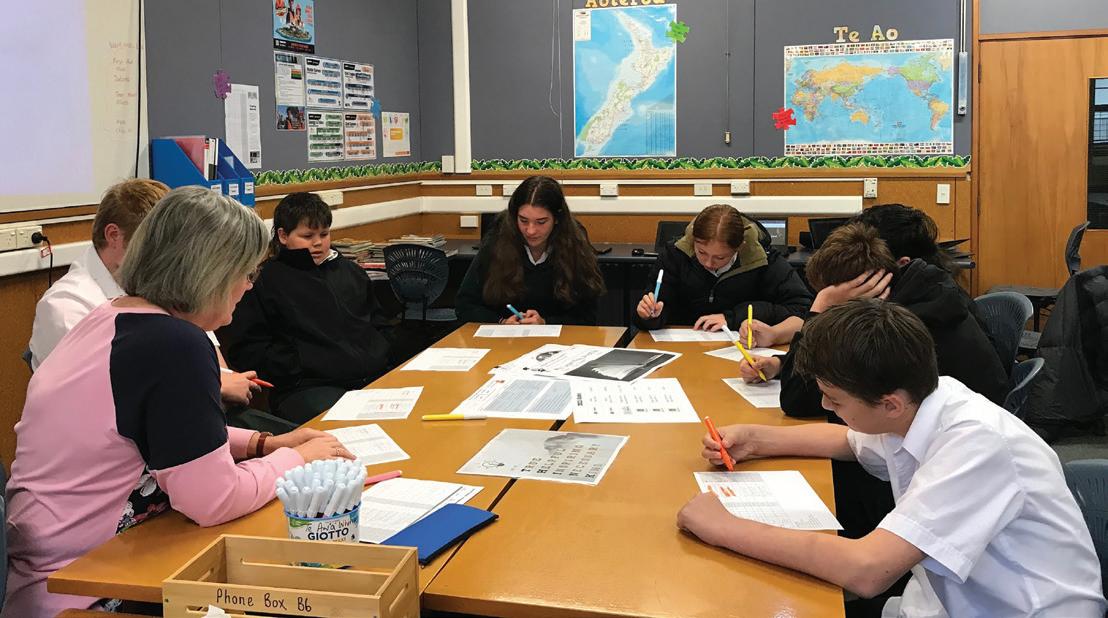

“This was a huge success and an initiative we would like to see continue at our kura.
“We also encourage our students to learn how to drive and partner up with the Mayors Taskforce who support our students
through their driver licences. We have a driving simulator on site and students from year nine and upwards have the opportunity to utilise this during school hours.”
Waimate High chool also offers other known career programmes such as Gateway which Marie says is a popular class choice for Year 12 and 13 students.

The school also offers a programme called Te Awa Whiria (meaning braided rivers), which helps students empower, identify and engage with their skills and strengths.
In the programme they incorporate four main elements:

• Knowledge - widening your world

• Skills - building ability
• Service - giving back
• Credits - working towards NCEA.
38 | Term 4, 2023 Learning Space | Careers Inspire your students’ career choices in 2024 Christchurch 9-10 May, Wolfbrook Arena. Dunedin 15 May, Edgar Centre. Palmerston Nth 22 May, Central Energy Trust Arena. Napier 28 May, Pettigrew Green Arena. Hamilton 9-10 June, Claudelands Auckland 20-21 June, Auckland Showgrounds Wellington 26 June, TSB Arena. In-Person & Online @ careersexpo.org.nz
“There are a variety of ākonga/students who either know what type of job or career they want to pursue and how they are going to get there. Equally, there are ākonga/students who have no idea who they want to be.”

“It is my privilege to be leading careers education at Waimate High School and teaching the Gateway programme and co-teaching the Te Awa Whiria programme with my colleague, Angela Donald,” Marie says.
I was curious about what career choices are popular among young people from a
small district town and I wasn’t surprised by Marie’s answer. “This would have to be farming in general or in the Primary Industries sector. A significant number of our students come from farming backgrounds and are already contributing to this sector with their vast skills and experience.
Great resource for your school
Inspiring people is a big part of both teaching and every individual’s lifelong learning, growth and skills development journey.
Inspiration is something that the product development team at ServiceIQ | Te Pūkenga understands and weaves into the resources it creates for schools… within the bounds of robust assessment and credit requirements, of course.
For more than 10 years, ServiceIQ has been Aotearoa’s workplace training specialist for the aviation, hospitality, retail, travel, tourism and museums sectors. As part of that role, it offers schools nationwide with a comprehensive range of quality, learning-focused products and services.
Hundreds of schools consistently choose ServiceIQ options for their students, with thousands of students every year achieving NCEA credits and industry Awards from more than a dozen Gateway programmes. Thousands more benefit from the wide range of paper and online learning resources and
assessments covering hospitality, retail, and tourism and travel.
All ServiceIQ products for schools have been carefully crafted to ensure students gain valued NCEA learning and credits. In addition, the strong ServiceIQ involvement with on-job training means a realistic and worthwhile real-world workplace experience too.
Even better, every year, many of the employers involved with ServiceIQ’s Gateway programmes have jobs available for students they have come to know and value.

ServiceIQ can also assist with student transition from school into the workplace. ServiceIQ’s small but dedicated talent supply team works to match passionate students ready to leave school with employers committed to helping young people into careers and vocational training, including retail, hospitality, and aviation apprenticeships.
You and your staff are invited to talk with ServiceIQ’s school and transitions experts about the possibilities. There is no cost and no obligation.
www.ServiceIQ.org.nz
“I learn a lot from my students and it is a privilege.”
Marie says that as well as learning from her students she needs to be a good listener and to be able to communicate.
“Working alongside students in the careers space means I need to be a good listener, I need to have the ability to
communicate effectively and to research effectively the vast amount of options open to ākonga/students.
“As kaiako/teachers, we sow the seeds and provide the resources our ākonga/students need so that they are equipped to thrive in the real world.”
Her favourite thing about being a careers counsellor at Waimate High School is that she loves being part of the students’ excitement and passion about their future!

“Being a part of the excitement when a ākonga/student makes a decision about their future pathway; or secures employment; or is accepted into a Tertiary institution.
“To see the passion they have when they share their news is priceless.”
AI won’t fix your plumbing!
Modern plumbing involves unpredictable tasks in constantly shifting environments. The work is too challenging for robots. It requires agile adaptable humans who thrive on variety.
But new technology is improving our trades and sustainable buildings are constantly evolving. Today’s apprentices are installing underfloor heating and will train into green gas (hydrogen/biogas) systems in future.
Masterlink is Aotearoa New Zealand’s largest training organisation specialising in Plumbing, Gasfitting and Drainlaying (PGD) apprenticeships. Owned by Master Plumbers, we’re passionate about growing the next generation of highly skilled tradespeople.

Masterlink employs and places quality candidates with businesses for their on-job training. Apprentices earn while they learn, applying theory learnt at block courses to their work in the real world.
Masterlink Regional Managers provide mentoring and guidance over the duration of the apprenticeship; from two to five years depending on the disciplines. Our apprentices are supplied with starter tools, PPE, and wellbeing support.
PGD qualifications lead to exciting and rewarding career paths, including project management, quantity surveying, plumbing design, and hydraulic engineering.
Work could involve maintaining or renovating existing plumbing or installing new systems on site from the ground up. Major projects could be hospitals, apartments, retirement villages, factories, hotels, and restaurants – anywhere there’s plumbing. Our industry needs practical people who love hands-on work, problem solving and helping others.
Starting a Masterlink apprenticeship is a smart move for your keen learners, who could end up running their own business!
Visit www.masterlink.co.nz
40 | Term 4, 2023
Learning Space | Careers
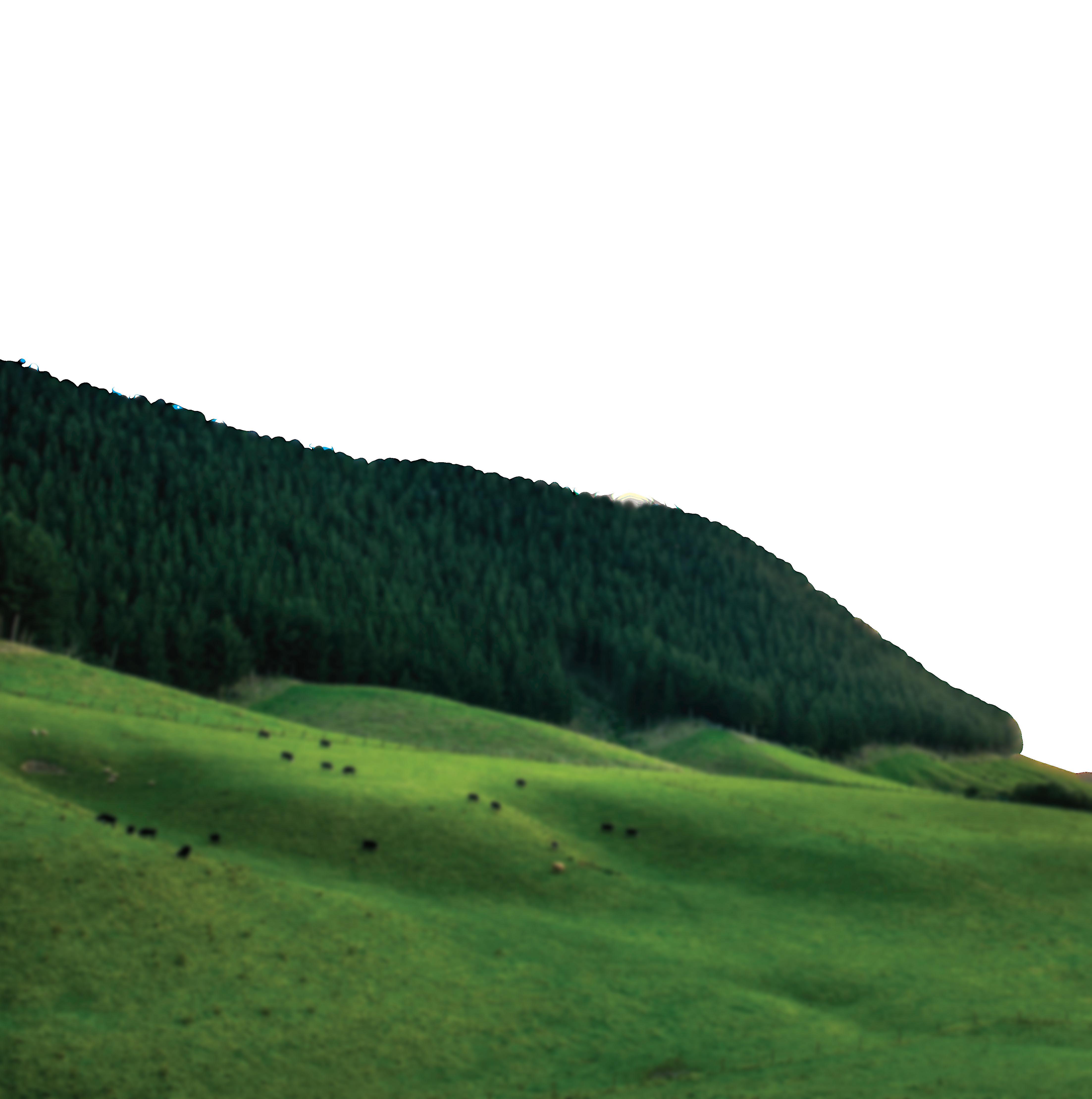

Initial Teacher Education Qualifications

Open Polytechnic | Te Pūkenga

Unlock the potential of your community with these transformative programmes. Open Polytechnic Initial Teaching Educations offer a comprehensive approach to teacher education, allowing learners access to flexible online, anytime learning combined with the support of a partner school. Learners will graduate the programme work-ready and equipped with the skills and knowledge required for teaching positions. Enrolments are open now.
Graduate Diploma in Teaching (Primary Education) (Level 7)
Designed to build on the existing skills and knowledge that ākonga bring, this programme focuses on enabling ākonga to engage with the New Zealand Curriculum and develop their understanding of learning and development theory.
Bachelor of Teaching (Primary Education)
Ākonga have the opportunity to engage deeply in each of the curriculum areas as well as develop their understanding of learning and development for tamariki and rangatahi, and their critical thinking skills. They will also have the opportunity to develop their reo Māori in an ongoing way throughout the programme.
Visit
Graduate Diploma in Teaching (Secondary Education) (Level 7)
Designed to build on the existing subject skills and knowledge that ākonga bring, this programme focuses on enabling ākonga to engage with their specialist area of the New Zealand Curriculum and develop their understanding of learning and development theory.
Graduate Diploma in Teaching (Secondary Technology Education) (Level 7)
Designed to build on the existing technology subject skills and knowledge that ākonga bring, this programme focuses on enabling ākonga to apply these skills and knowledge to the New Zealand Curriculum, and develop their understanding of learning and development theory.

our website to enrol online www.openpolytechnic.ac.nz or call 0508 650 200
New Initial Teacher Education model opens opportunities to serve local communities

A new suite of Initial Teacher Education (ITE) programmes offered by Open Polytechnic | Te Pūkenga, is increasing accessibility for ākonga across the country, enabling them to complete a qualification without having to travel outside of their local area. Early feedback suggests the new model for delivery of ITE programmes is meeting an important demand.
Creating the ITE suite of programmes began with an exploration of how ITE could be delivered by distance. Open Polytechnic worked with stakeholders to develop a programme model with the key aim of providing accessible, high-quality programmes that produce graduates ready to teach on day one in the profession.
Alex MacCreadie, Executive Director School Strategy at Open Polytechnic says, “When I was a principal at an area school, I had a lot of trouble attracting staff. I knew there were a group of people in my community who would be excellent teachers, but they couldn’t leave the area to train. These people were already invested in the community and involved in the school. This model provides a pathway for them.”
There are four key components to the delivery of the ITE programmes in total: academic study, practicum, schoolbased learning, and noho marae (overnight stay).
The academic study component is delivered online, and led by skilled academic staff members. Through a range of learning opportunities, including readings, videos and interactive activities, ākonga are able to develop a strong understanding of both the theory and practice of teaching. Learners will connect what they experience during their school based learning, with their online academic study.
Ākonga will complete 8-week practicum placements, as is typical in most ITE programmes, so they can apply their theoretical knowledge in a real classroom setting.
An additional field experience, school-based learning, is also completed. This means ākonga spend two days per week in their partner school throughout their study. A mentor teacher is appointed within the partner school, whose role is to facilitate learning experiences for the ākonga across the school. Schools receive a payment for mentor teachers.
Enrolments in these programmes are open now.
If schools have kaimahi or volunteers who are considering teacher training and would like to know more about the Open Polytechnic | Te Pūkenga programmes, please contact Vanessa Madhar, Partnership Coordinator: regionalpc@openpolytechnic.ac.nz
Initial Teacher Education Programme Overview
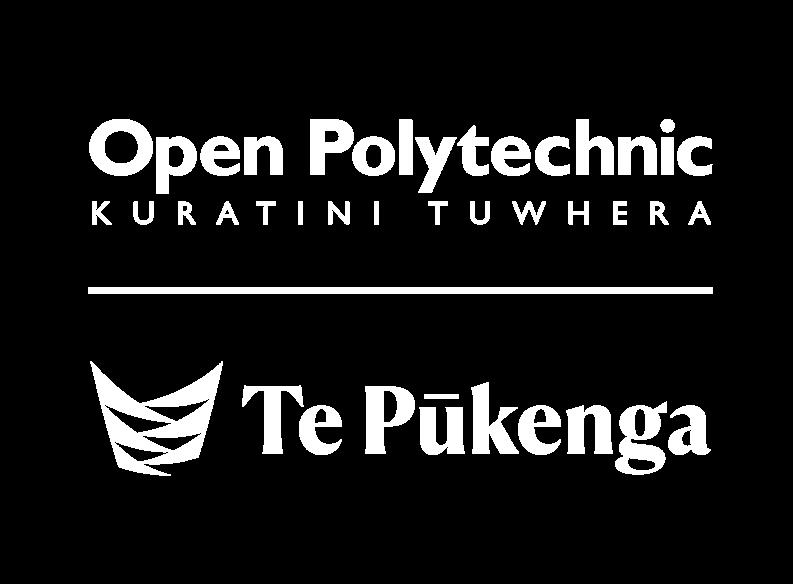
Graduate Diploma in Teaching (Primary Education) Graduate Diploma in Teaching (Secondary Education) Bachelor of Teaching (Primary Education) Graduate Diploma in Teaching (Secondary Technology Education)
www.openpolytechnic.ac.nz
Career connected learning to better engage students in the curriculum
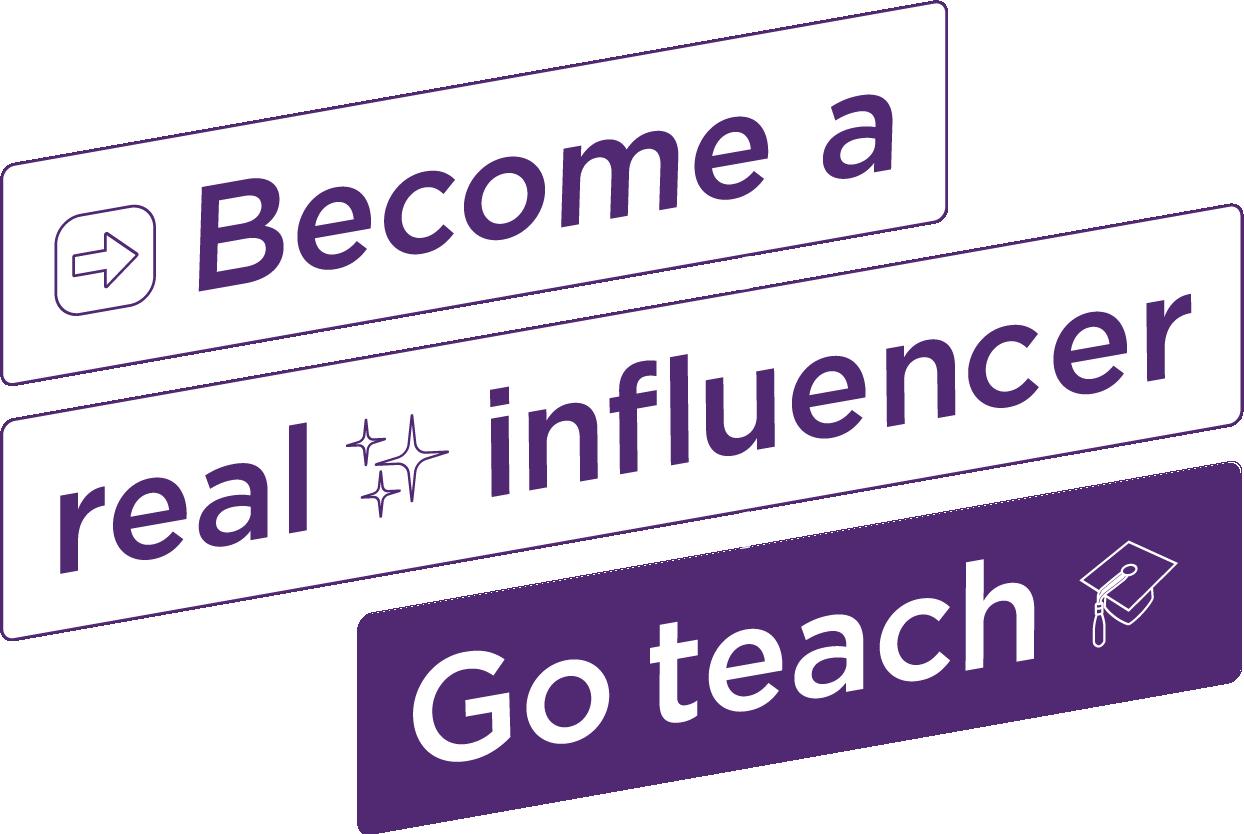
Connections with the world of work allow young people to discover, explore and experience different career pathway options.
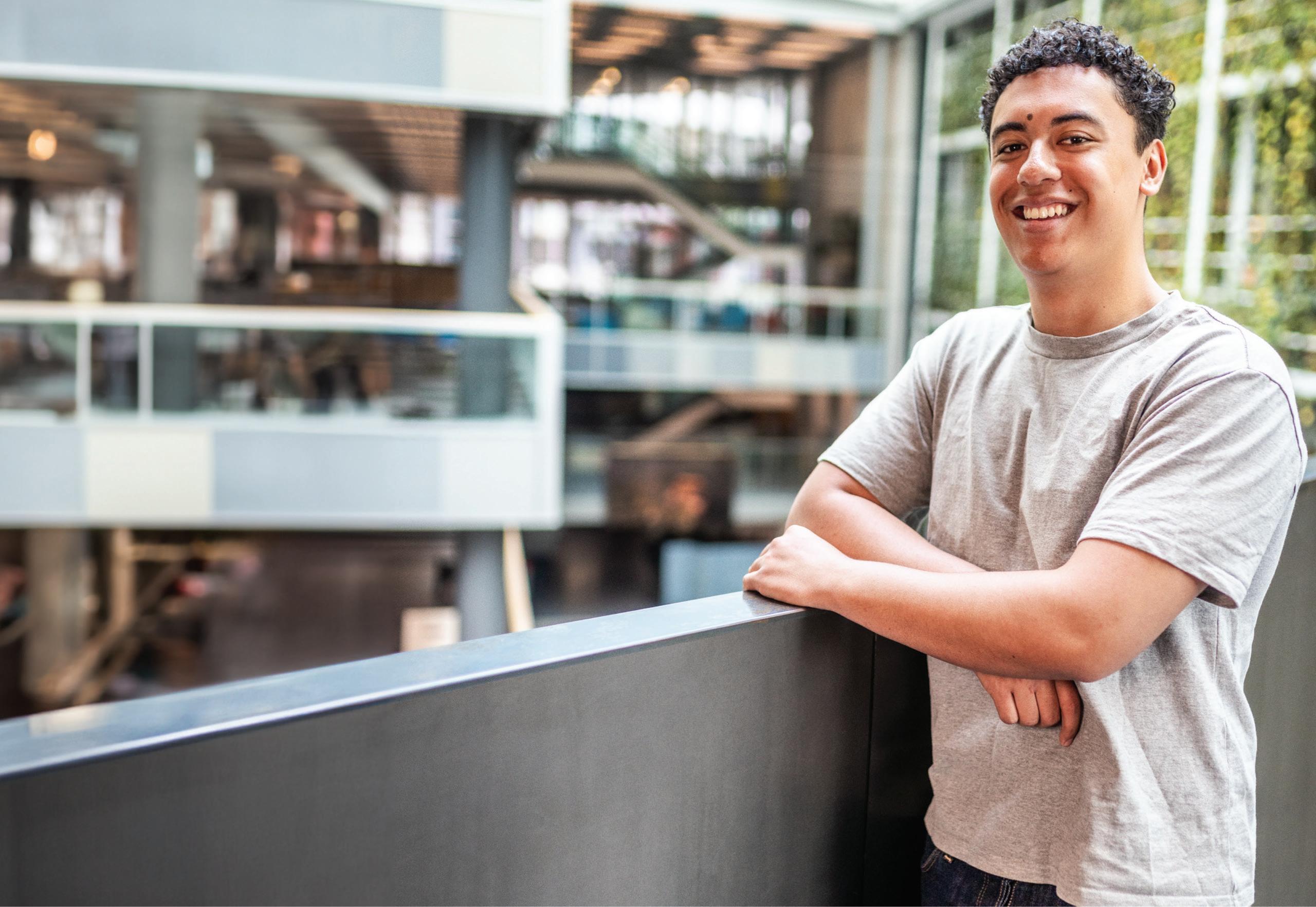
Showing relevance in what students learn in school promotes meaningful learning, facilitates knowledge of transfer, supports career and future planning, increases engagement, and improves retention of information.
The National Education Priorities, objective 4 “Future of Learning and Work” requires schools to think about how they are making learning relevant to young people.
A recent example of connecting student learning to the “future of learning and work” was seen at Nelson College in a Year 10 Science class.

The topic was chemistry focusing on the connections and consequences of changes in pH for humans, society and/or the environment.
The science teachers taught the basic concepts of acids and bases, but to bring the unit alive
and to link with local employers, the following activities and tasks were included in the programme of work:
Challenging stereotypesWhat does a scientist look like?
Students drew a picture of a scientist and listed words associated with science. Students
then went through an Instagram site #scientistswhoselfie, to understand the different types of scientists and showcase their work in the field which is not always a laboratory.
Inspiring futures event
Students guessed the careers of different role models who use acids and bases in their jobs every day. Students then had the opportunity to talk with the volunteers to understand their work and ask questions about their different pathways.
Project
Using a local industry students developed a presentation where they discussed and evaluated the implications and importance of acids and bases.
The aim of the programme was to highlight local industry opportunities and career roles where science is a part of the work they do.
More information can be found at: www.cate.co.nz/case-studies.
Learning Space | Careers
Put your students first by getting your technology in the right condition.




Wherever your school is based and whatever the size of your roll - managing technology is vital if you want long-term, sustainable success. Target State Consulting will help make sure that your school has the right information, processes, people, cyber security, and systems in place to help you reach your strategic outcomes smoother, faster and most cost effectively.




With us you get an IT roadmap that delivers outcomes. www.targetstate.co.nz Contact Us Today! Ph: 09 832 0833 E : info@targetstate.co.nz Level 26/188 Quay Street, Auckland CBD, Auckland 1010 Your Trusted Leader in Technology Strategy & Planning
A roundup of NZ immigration issues
By June Ranson
As the 2023 General Election gets closer, the issue of New Zealand Immigration is always in the background with people saying why are migrants allowed in, with little thought to the benefits these people bring to the country.
The old argument is that these migrants take accommodation and place a burden on infrastructure.
It is a great pity that the government does not recognise the important contributions of temporary foreign workers to the New Zealand economy, who bring skills needed for New Zealand businesses and fill the gaps within New Zealand’s labour market.
I make these comments as we are putting unnecessary obstacles in the way.
New Zealand companies want to hire top talent swiftly, with the right skill set, and these are some of the issues:
1. Partners to the principal applicant not getting an open work visa due to insufficient qualifications. The partner cannot apply in their own right so will exist in New Zealand as a visitor for the same period as their principal applicant partner. This was a change in policy. These partners are the ones that would have handled the part-time work e.g. cleaners, caregivers and lower skilled jobs. This is hurting small businesses that cannot get New Zealanders to do the work, so the options for the business owners are to work long hours with the prospect of burn-out or closing the business.
2. The introduction of the job check that was always included as part of the Immigration application. Unless twice the medium wage is offered for the job which then does not need advertising for the position, this is an extra cost of $610 additional to the visa that the business pays for. Things do not make sense when we see in the news media articles on

specific skill shortages and we can see this! This really is another revenue gathering process for the government.
3. Accredited Employer Worker Visas (AEWV), with new systems being created for the processing of applications; we are not seeing positive impacts on processing times. The processing of applications – accompanying family is processed under the old system.
For migrants wanting to travel as families, there are huge processing delays, so the family is split up. The principal applicant is processed with an AEWV in approximately 13 days, but the family which includes partner and children, their visas take approximately 43 days –30 days difference.
Keeping the family together is so important at this stressful time. So, we have the employer anxious to get their new employee, placing pressure on the migrant for getting to New Zealand and the family are stressed – not a good welcome to New Zealand!
Whilst New Zealand is trying to work towards mending our worldwide reputation damaged over the last few years, by the encouragement of visitors for tourism, reuniting families, etc. our inadequate online system used for processing Visitor visas and NZ Electronic Travel Authority visas are creating bad publicity.
People are being granted the online visa granted through the new automated system. When so many people are being refused entry - 664 foreign nationals between 1 August last year and June this year were denied entry onboarding their plane to New Zealand or on arrival in New Zealand - we must ask, is the system inadequate or are the case officers not doing their job correctly?
These proposed visitors arrive at the border or go to board the plane and find they are turned away, money wasted, and New Zealand’s reputation diminishes further.
46 | Term 4, 2023 Working Space | Immigration

Empowering Schools, Simplifying Immigration Your Dedicated Immigration Partner Ph. +64 27 766 6661 himang@counselone.co.nz Himang Bhardwaj www.counselone.co.nz Contact Ex-Imigration O�ficer for all your visa solutions Managing Director Ex-Warranted Immigration O�ficer
Are we being kind to our new migrant arrivals?
The current sad case of Lauren Dickason does bring into question the support the family was given on arrival in New Zealand.
From the information that has been shared, nowhere does it mention the full handholding relocation support on the ground in New Zealand.
Anyone arriving from overseas to a foreign country needs assistance in various degrees. It is extremely stressful to undertake a relocation and with young children even more so. Where was this help? The impact on a family can be huge and in this case devastating.
This should have been provided as part of the employer’s
relocation package for the family. New migrant arrivals go through understanding day-to-day needs as they adjust to their new environment, and an internal shock, a reaction to themselves as they continue to adjust behaviour.
Relocation is a major transition that includes leaving friends and a lifestyle that had been home, that is why a strong programme must be in place to support these people and not just a “she’ll be right” attitude.
June Ranson is the Immediate Past Board Chair and Political Chair of the New Zealand Association for Migration and Investment Inc.

www.nzami.co.nz

48 | Term 4, 2023
Working Space | Immigration
Relocation is a major transition that includes leaving friends and a lifestyle that had been home, that is why a strong programme must be in place to support these people and not just a “she’ll be right” attitude.
YOUR LOCAL SCAFFOLDING SPECIALISTS
Providing innovative scaffold solutions that are a perfect fit for your project. Every project is different that’s why we create unique expert solutions that show our excellence. Even though no project is the same we are ready to collaborate on your scaffolding needs and access no matter how complex.
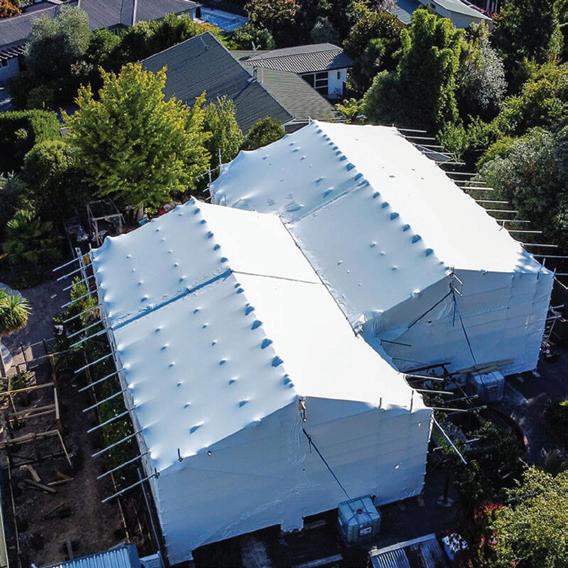






SCAFFOLDING
COMMERCIAL SCAFFOLDING
AND
INDUSTRIAL SCAFFOLDING ENCAPSULATION / WEATHER PROOFING
Be smart, work safe. RESIDENTIAL
EVENTS STAGING AND TEMPORARY FENCING
EDGE
FALL PROTECTION
0800 11 22 39 sales@protrade.net.nz | www.protrade.net.nz Branches in Hawke’s Bay, Gisborne, Taupō, and Wairarapa, also servicing Manawatū and Rotorua.

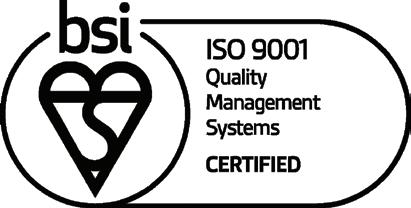
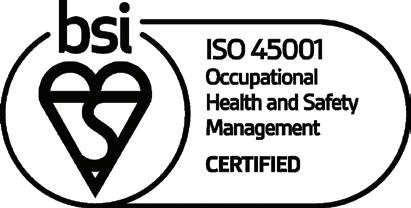
Providing responsive crane hire services to diverse clients in the region, Waikato Cranes has become the go-to crane hire provider for manufacturing, building and farming clients. cranes@waikatocranes.co.nz DEPOT: 86 Sunshine Ave, Te Rapa, Hamilton 07 849 3846 UNIVERSAL CRANES SOON TO BE


www.aucklandcranes.co.nz/branch/waikato/ YOUR GO-TO CRANE EXPERTS.
New playground caps incredible turnaround at Tautoro School
The playground, installed by Mitre 10’s Helping Hands Project Playground initiative, represents years of hard mahi at the once-shrinking Northland school.


Kaikohe locals joined Ministers Kelvin Davis and Willow-Jean Prime at the unveiling of a playground at Tautoro School,
marking a significant turnaround for a school of just 56 students seven years ago. The state-of-theart playground donated and built via the Mitre 10 Helping Hands Project Playground initiative caps years of effort to create an environment that even big-city schools would envy.
When Principal Tracey Simeon joined then-decile one Tautoro School in 2015, its roll was plummeting, reaching a low of 56 in 2016. That meant funding was
limited, reflecting the size of the school, but the need was great.
“At my first Board of Trustees meeting, the first item on the agenda was to fix the pool that had been broken for eight years. We also had one classroom that was literally weeping, and we saw the kids who were in there had extra health problems,” Tracey explains.
With the board and staff, Tracey campaigned tirelessly for funding, conducting now-famous Tautoro meat raffles, running a dinner with professional chefs, securing donations from local businesses and salting money away for years. Their efforts saw the Ministry of Education add its support for a new pool and rebuilt classrooms completed just this year.
The school’s leaders also got involved with digital education programme Manaiakalani, introducing a digital curriculum, structural engineering programmes including robot-
building and securing free computers to engage students. A shuttle van was launched to bring students from Kaikohe, and school lunches were provided. It quickly became the place to be –and that created a new problem. When the junior playground was built, it catered for 30 students. By 2023, the roll had swelled to 156 students, with more than 90 juniors, including many displaced by housing shortages elsewhere. That inevitably created fights for space, even when the playground was “a drab, lifeless corner of our school” with rotten posts, according to Tracey.
The new playground, the seventh in the award-winning Project Playground initiative, is a vast departure, featuring designs from the children themselves to make it extra unique.
“This will take the kids out of those shared spaces with basketball and netball games happening, where they could get hurt – and already, it’s making
52 | Term 4, 2023 Working Space | Outdoor Educational Playgrounds
us all feel so happy. I’ve had Year 4 students approaching me, worried they only have a term left to use it,” Tracey says.
Mitre 10 head of Brand Marketing, Rob Bowring, says the depth of the community’s involvement showed the pride they have in their school.
“At the opening we had two Ministers standing alongside Department of Corrections community service workers, who assisted with the playground safety surrounds. Local business Mid North Farms and Chairman Tony Liefting donated extra towards the playground and installation of a space net, and the team from Mitre 10 Kerikeri also came down to support with the celebrations, it’s absolutely fantastic to see,” he says.
The official karakia to open the playground was performed by old boy, kaumatua Joseph Matene, followed by a greeting by kaumatua Wikitoria TeWhata, who attended the school when it was on its original 1906 site, before it shifted in 1950. Wikitoria continues to provide
lessons in tikanga and te reo Māori to students.
“It takes a village to raise a child, and that’s what this is all about. We’re a whānau-based school – I invest heavily, the staff invest heavily and the whole community does the same,” Tracey says.
Project Playground is a Mitre 10’s Helping Hands initiative which aims to establish meaningful play spaces across Aotearoa and encourage more physical activity and creative play among Kiwi kids. More than 550 schools responded to a call for submissions, accounting for nearly half the primary schools in the country.

Playgrounds have now been constructed at Glenview School, Porirua, Colwill School in West Auckland, South New Brighton School in Christchurch, Te Hapara School in Gisborne, Te Kohanga School in Port Waikato and Brockville Full Primary School in Dunedin.



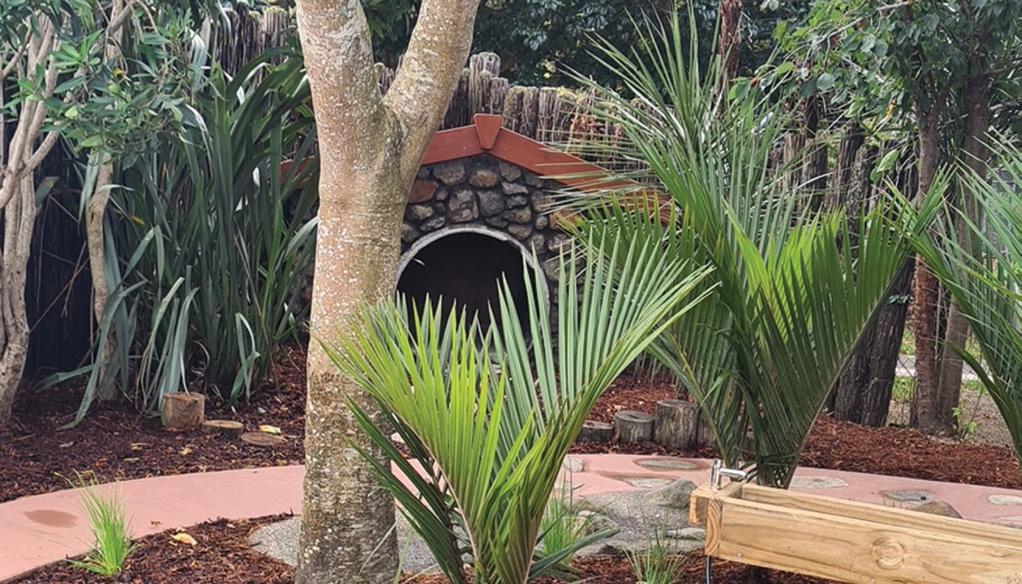
Working Space | Outdoor Educational Playgrounds
The future of physical education
By Ben O’Connell
Outdoor sports education has experienced rapid growth over the years, adapting to the changing needs and expectations of students and caregivers. From the integration of technology to focuses on sustainability and inclusion, the goalposts for physical education (PE) teachers only continue to shift.


From wearable devices such as fitness trackers and GPS watches to the use of augmented and virtual realities, technology is revolutionising the PE space. These devices monitor students’ performance, track progress, and help to ensure safety.
New realities provide immersive learning experiences that can simulate outdoor adventures without stepping foot outside.
Environmental concerns continue to grow, and physical education today places further emphasis on sustainability as a result. Whether students are learning about the ecosystems they interact with or how to minimise their impact on the environment, the next generation is poised to shed
crucial light on conservation and eco-consciousness.
Inclusivity is a new hallmark of sports education, with schools working to ensure that students of all abilities, backgrounds, and genders have access to PE opportunities.
Physical Education New Zealand offers the STEP model, encouraging the following four variables to increase participation: space, task, equipment, and people. Visit penz.org.nz for more information.

Rock climbing, hiking, orienteering – you name it, schools worldwide see the benefits of adventurebased learning.
Education outside the classroom is a great way to teach students skills such as problem-solving, decision-making, and leadership skills, challenging them both physically and mentally and promoting personal growth and resilience.
PE has many mental health benefits. Spending time in nature and engaging in physical activities, especially outdoors, has been shown to reduce stress
and anxiety while promoting emotional wellbeing. Students and schools alike are growingly aware of mindfulness techniques and nature-based therapy practices.
Overall, the future of PE is bright and dynamic. As schools continue to embrace these trends, students can look forward to richer and more meaningful experiences in the great outdoors.

Working Space | Outdoor Educational Playgrounds Basketball | Tennis | Hockey Outdoor Gym Equipment | Netball Soccer | Volleyball Combination Sport | Rugby Posts Suppling Quality NZ Made Sports Gear 0800 483 6647 sales@hotshot-sports.com www.hotshot-sports.com
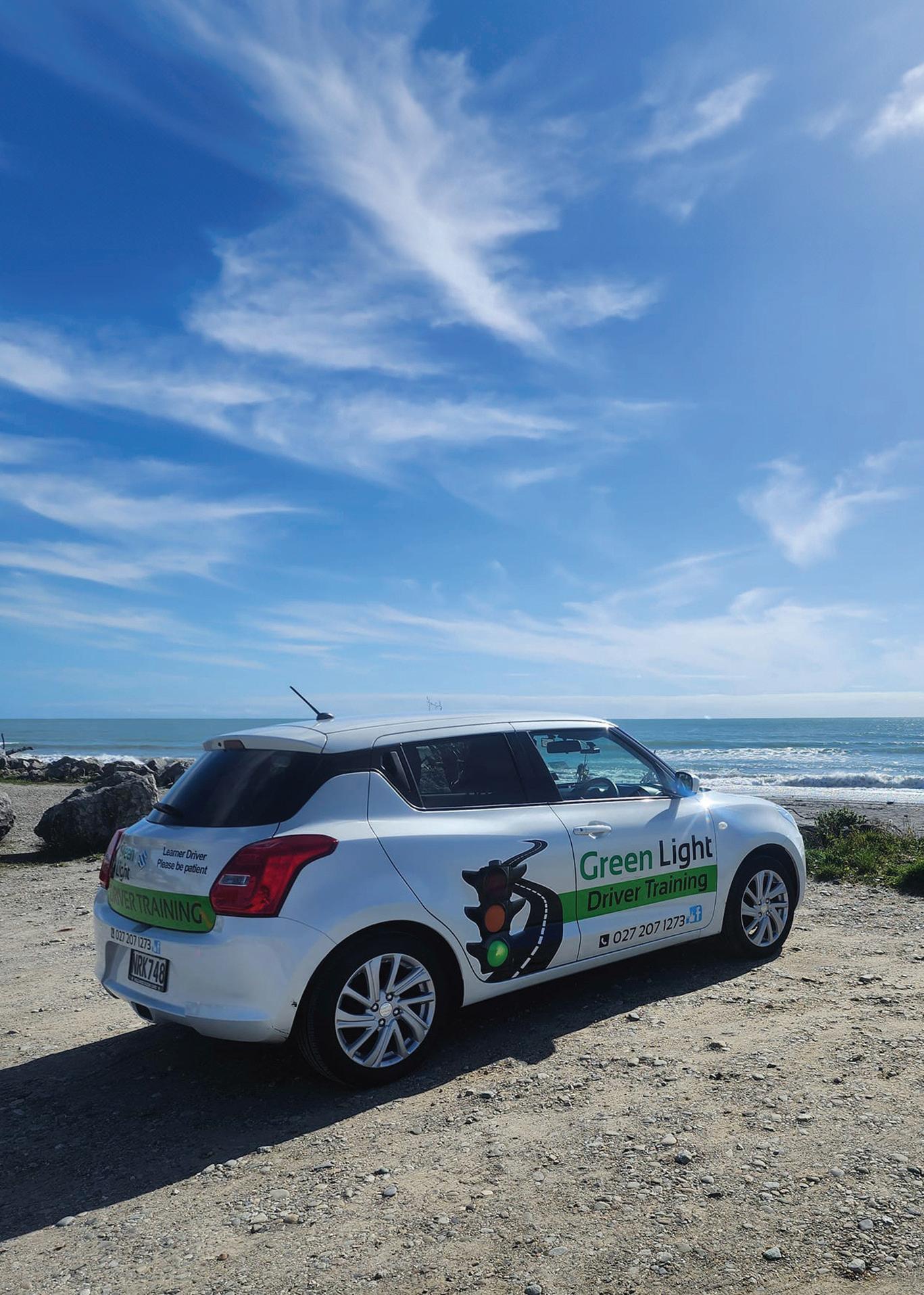


It is about getting it right! Providing Driver Education to high standards, in a calm and encouraging environment. Phone. 027 207 1273 Email. greenlightdrive@xtra.co.nz


AIS Group is a fully-fledged installer & supplier for Aluminium & Glass Joinery. We are equipped with the latest machinery & technology, the highest quality material, and strict quality control to meet the ever-increasing requirements of the aluminium and construction industry. We Are Serious About Aluminium & Glass Contact us Today. 89G Springs Road, East Tamaki, Auckland. (09) 600 2724 | sales@ais-ltd.co.nz
Experts In Facade Solutions
SUPPLY
IN HOUSE DESIGNERS
WINDOW PROTECTION

GLAZING
INSTALLATION
INTERIOR FITOUTS

EUROWOOD CLADDING

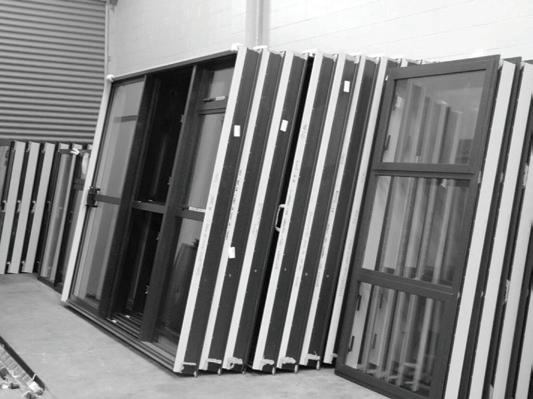

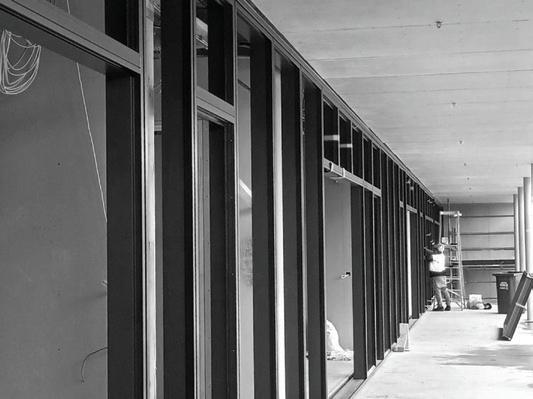

CONSULTING & PROJECT MANGEMENT


www.aisgroup.co.nz

CANOPIES

Mitigating the risks of EOTC
By Ben O’Connell
Education outside the classroom (EOTC) is vital for Kiwi kids as it allows students to apply their knowledge and skills to the real world, but it isn’t without risk. How can we ensure the safety of students in EOTC?
Understanding the risks of EOTC is important, but especially in natural New Zealand where outdoor education is incredibly valuable.
From a broadened perspective and exposure to the world around them to personal development and practical skill-building, there are countless advantages to learning outside the classroom. Engaging in EOTC gives students the chance
Group accommodation in the heart of Rotorua
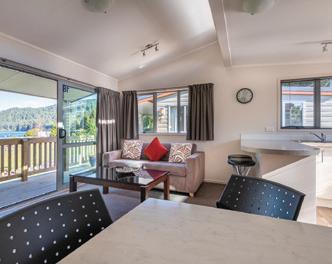
Rotorua Blue Lake TOP 10 have a wide variety of accommodation options available to suit every budget, from 180 powered and non-powered tent sites to standard and self-contained cabins.


The facilities at the park will keep your group entertained and active, a private or sole use marquee with attached kitchen and BBQ that can accommodate up to 80 people.
The park is central to a variety of local attractions. Lakes Tarawera, Okareka and Rotokakahi are all within 2km of the park, and a short 8km drive will find you in the centre of Rotorua.
Rotorua Blue Lake TOP 10 offer large groups heavily discounted rates from February – November (excluding peak season only) and can work with you to accommodate any size group and any budget.

to grasp the relevance of inclassroom lessons, helping them gain skills like problem-solving, critical thinking, teamwork, and communication.
From knowing which students have allergies to coordinating potentially dangerous activities, health and safety is key. The Ministry of Education’s Te Kete Ipurangi (TKI) ‘EOTC Guidelines

– Bringing the Curriculum Alive’ compares safety to a waka.
It says that while a board of trustees is responsible for
the health and safety of all participants in EOTC, that can only be achieved with the help of everyone involved. While all of the groups involved in EOTC are in control of different aspects, they have a shared and not sole responsibility for the quality of learning and safety outcomes.
Where EOTC co-ordinators are the mast, students are the main sail. Activity leaders row the waka, made up of national bodies, government, the principal, and so on.
Mercury Bay Holiday Park
If you are looking for a quiet, relaxed atmosphere with a full range of accommodation options and great facilities, then Mercury Bay Holiday Park is the perfect place for you and your family.
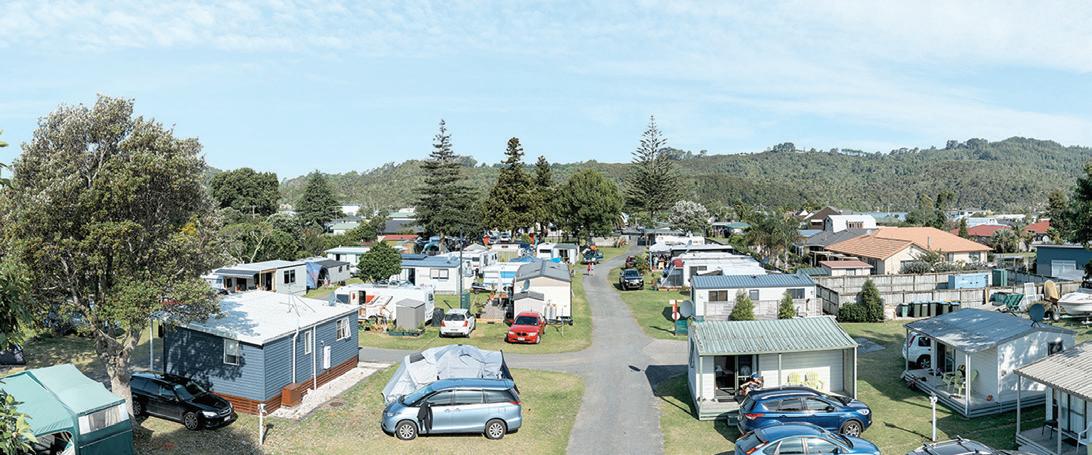
For more information please call 0800 808 292 or visit www.bluelaketop10.co.nz


58 | Term 4, 2023 Learning Space | EOTC
E. info@mercurybayholidaypark.co.nz | P. 07 866 5579 A.121 Albert Street, Whitianga | www.mercurybayholidaypark.co.nz
Another key area to consider is staff competence, which starts with educating educators. From staff to students, everyone should be involved in safety management planning.
Roles and responsibilities must be clarified, documented, and agreed to. Caregivers must be given sufficient information about EOTC events in writing, given enough information to provide informed consent for students to attend.
Leaders must be able to assess needs and capabilities and make sure students experience challenge by choice. Making a minimal impact on the environment is another key consideration. The list goes on. A great EOTC experience for students is only possible with a well-rounded and competent staff team.
Hopefully unnecessary in the end, preparing for emergency situations is a crucial aspect to EOTC safety planning. Educators must follow laws, procedures, and codes, and expect the
unexpected. Identifying hazards, knowing exactly what equipment is where and necessary, complying with instructions, respecting cultural practices, simulating emergencies and peer-reviewing the outcomes are all ways to stay ahead.
Keeping EOTC structured and meaningful is another way to
Fun and adventure
Riverside Adventures located in the Waikato offers fun filled adventures for your next school excursion!
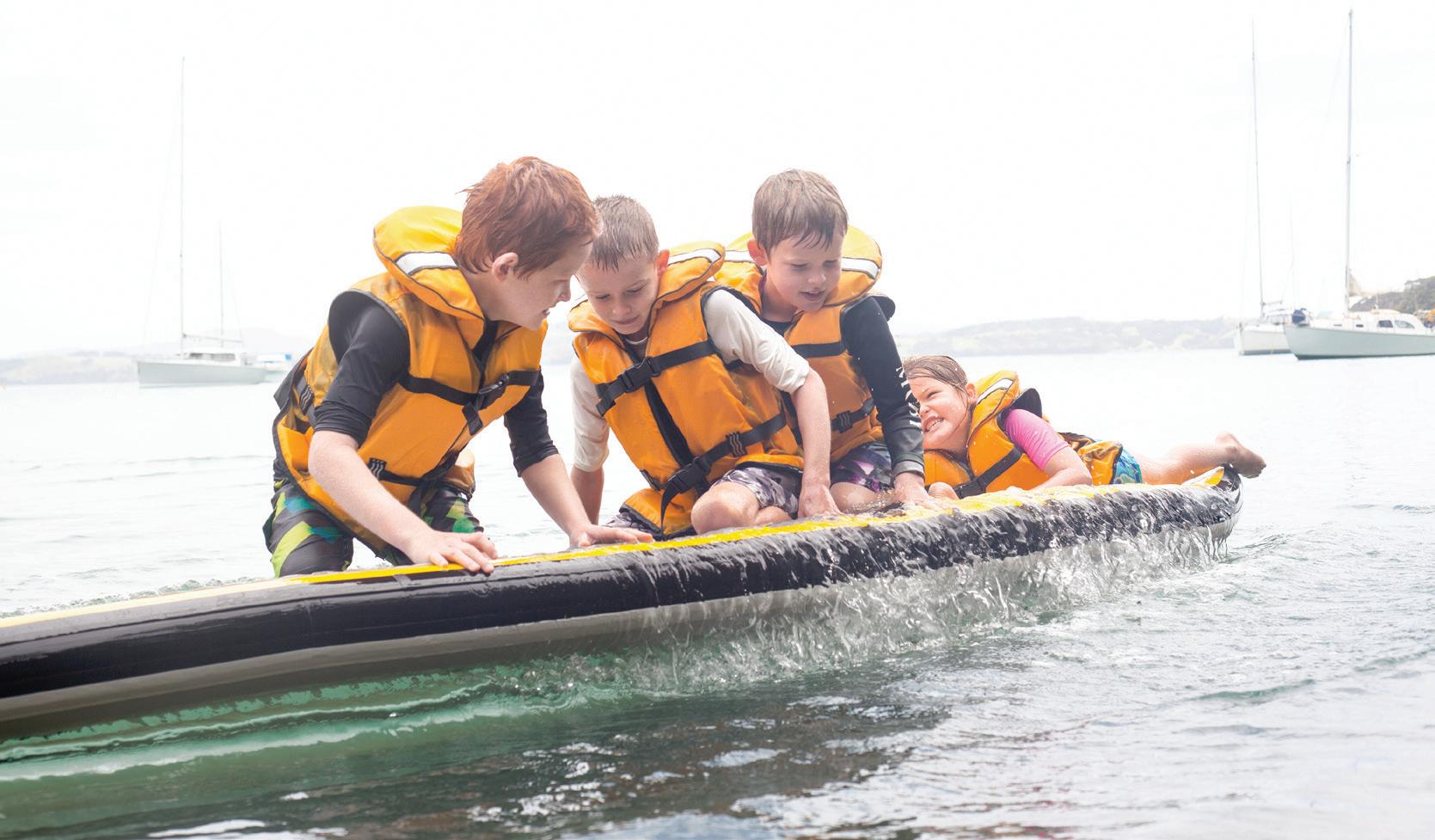

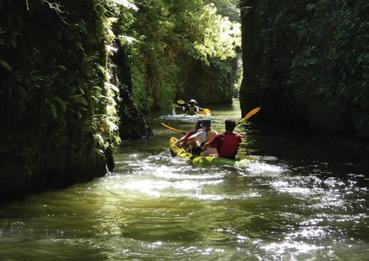

Perfect for your outdoor education classes or groups wanting an adventure and a challenge, Riverside Adventures recommend their amazing adventure race!
The adventure race is based in the South Waikato, including multiple fun activities:


• Swimming
• Run/Walk (to find clues and answers to riddles)
• Biking
• Kayaking (to find clues)
• Brain teasers
• Secret challenges.
minimise risks and get the most of EOTC for tamariki. Lead by example and encourage open communication too, especially on topics such as consent that will only empower students and teach them vital life lessons to take into adulthood.
Overall, mitigating the risks of EOTC boils down to a handful of

factors. Having compassionate and qualified leaders, clear guidelines, the right equipment especially in case of emergencies, and continuous healthy communication is the bare minimum. Don’t beat around the bush!
for more information:
www.eotc.tki.org.nz/EOTC-home
Riverside Adventures also offer bike skills sessions at their new location at the Grassroots Trust Velodrome.
Their experienced instructors begin with foundational skills and progress to riding the pump track, finally finishing with a breathtaking journey along the Te Awa River Ride if time and skills allow.
Bike skills sessions are fully customizable, tailored to meet the specific needs of each group.
Additionally, we have a fleet of bikes available for schools and shuttle services to bring them to you for added convenience and flexibility.
If an adventure race or a bike skills session sounds like the next adventure for your school group, then look no further.
Riverside Adventures
396 Horahora Road, Piarere 0800 287 448
info@riversideadventures.co.nz
www.riversideadventures.co.nz
Term 4, 2023 | 59 Learning Space | EOTC
Adventuremark Safety Audited | Experienced Guides Biking, Kayaking, Adventure Races, Paddle Boarding and more Contact us to create day or multi day adventures for your group, Phone 0800 287 448 | www.riversideadventures.co.nz
Play. Stay. Explore.
A hub to explore nature
Taylor Lodge is a familyrun and operated business based in the Ruapehu region. The business is owned by the Tuck family, a family of six who live nearby the lodge and run the entire business themselves.

Previously from Tauranga, your hosts Ben and Kylie have a passion for the outdoors and want the lodge to be a centre point for groups to enjoy nature in all kinds of outside excursions.
Taylor Lodge is in close proximity to Mt Ruapehu, Mt Tongariro and Mt Ngauruhoe making the area a perfect location for skiing, biking and tramping.

As well as one of the famous Great Walks nearby, the Tongariro Crossing, there are plenty of other exciting activities close by including rock climbing, horse trekking, water rafting and more.

The lodge is perfect for schools or other larger groups; however, families are slowly being introduced into the mix. “A purpose-built facility for self-catering which suits clubs, families, schools and large groups on a budget.”
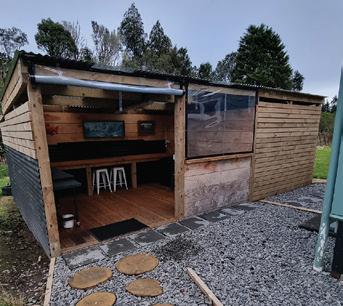

There are many features available at the lodge including three fridges, a pool table and foosball. With 46 beds in 11 different rooms, a large kitchen, multiple common rooms, a drying room for ski gear and a new outdoor heated barbeque shed, Taylor Lodge is perfect for your next school camp’s location.

To book your next school excursion call the lodge today on 06 385 3210 or email them at info@taylorlodge.co.nz. For more information visit their website www.taylorlodge.co.nz.
Taylor Lodge 20 Pokaka Road, Erua Tongariro National Park (06) 385 3210

Book your camp winter for July, August or September 2024 and receive a 20% discount *some conditions apply 07 332 3510 tuiridgepark.co.nz bookings@tuiridgepark.co.nz Learning Space | EOTC Taylor Lodge, Pokaka - Just off SH4, surrounded by nature, this secluded property has a feeling of ‘getting away from it all’ while still having easy access to Ohakune, National Park and all that the Ruapehu District has to offer. SLEEPS 46 | Self-Catering | Ideal for Families & Large Groups Discounts for Schools/Community Groups: Contact us directly for details Family Owned and Operated - Ben & Kylie Tuck Phone: 06 385 3210 Email: info@taylorlodge.co.nz www.taylorlodge.co.nz
I am me I am worthwhile
Funding available
Please ask us about funding for active recreation, well-being and leadership.
Kokako Lodge (Ak)
Quality NZQA credits!
Kokako Lodge (Auckland) is pleased to announce we are now delivering the AdventureWorks range of Unit Standards.
A time to refocus
Help your students get back on track by a change of environment, EOTC and even team building to grow their support structures.
Kokako Lodge is only 30 minutes from South Auckland. We are surrounded by 17,000 hectares of tranquility, challenge (high ropes) and adventure.

Spoken Word, Reflection Journals, team building games and personal challenge
For more information please contact Kokako Lodge on 09 292 4349 or visit www.KokakoLodge.org.nz

Earn up to 200 credits across Time Management, Assertiveness Training (all excellent workplace transferrable skills), High/Low Ropes and Outdoor Education (2.7 Assessment Standard).

We are clear that we do not view this as “Credit Farming” but actually highly relevant and useful training for those students who sit between the fully tactile trades and the more classroom-based core subjects. We have run a number of these during winter this year and have been receiving 110% feedback on enjoyment, ability to succeed, and relevance etc.
For those that have already experienced our “I am Me – I am Worthwhile” kaupapa, these Unit and Assessment Standards are a really good fit for our delivery style. For those questioning their place on this earth you cannot just thrust the learning down their throat. Our instructors have undergone extensive PD in facilitation and this is really paying dividends (along with their natural empathy) in the way they interact with the otherwise budding young learners. If you want to really ‘ground’ your students, and help them climb the ladder (metaphorically) then we are certainly the right place to come to!
Give us a call to check out our availability now. Please email us on office@KokakoLodge.org.nz and mention you’ve seen this ad for a special deal.
Lakeland Park is only 15 km from Queenstown’s CBD, 10 minutes from the Airport, Remarkables Park and 5 Mile shopping centres.

Experience all that Queenstown has to offer, from adventure challenges, kayaking and biking to Arrowtown and the gold fields. Ride the gondolas and test out the luge, or experience the thrill of jet boating or the challenges of rock climbing, and in
winter check out the ski fields. Queenstown has it all.
Our facility has beds for up to 131 people across 5 different sized areas. Book the whole camp or just the areas that meet your needs. All accommodation has breathtaking views of Lake Wakatipu and the mountains.

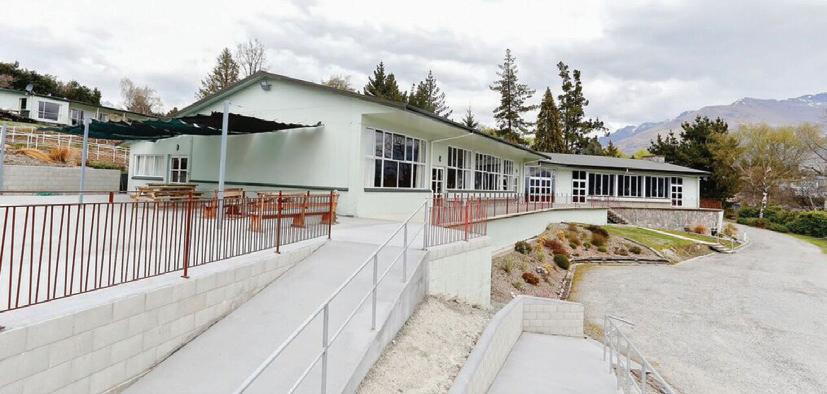
The main facility has a large auditorium with seating for up to 200 and our dining

room has seating for 150. We have two well equipped kitchens for self-catering with stainless steel benches, commercial dishwashers, cutlery and crockery along with walk-in chiller/freezer. There are also a couple of BBQ areas.
On-site activities include two playing fields, kids playground, flying fox, archery, outdoor chess, frisbee golf, orienteering, soccer, volleyball, cricket, pool table and table tennis.
Learning Space | EOTC
For further information: WWW.LAKELANDPARK.CO.NZ or INFO@LAKELANDPARK.CO.NZ
Situated in Kelvin Peninsula on a site with amazing views over Lake Wakatipu and surrounding mountains, Lakeland Park is a large purpose built facility ideal for school camps, and sports teams to stay.
Bridge Valley
An easy and comprehensive solution for your EOTC curriculum, Bridge Valley, nestled at the foot of the Richmond Ranges near Wakefield, has been providing an activities and adventurebased camping experience in Tasman for over 40 Years.

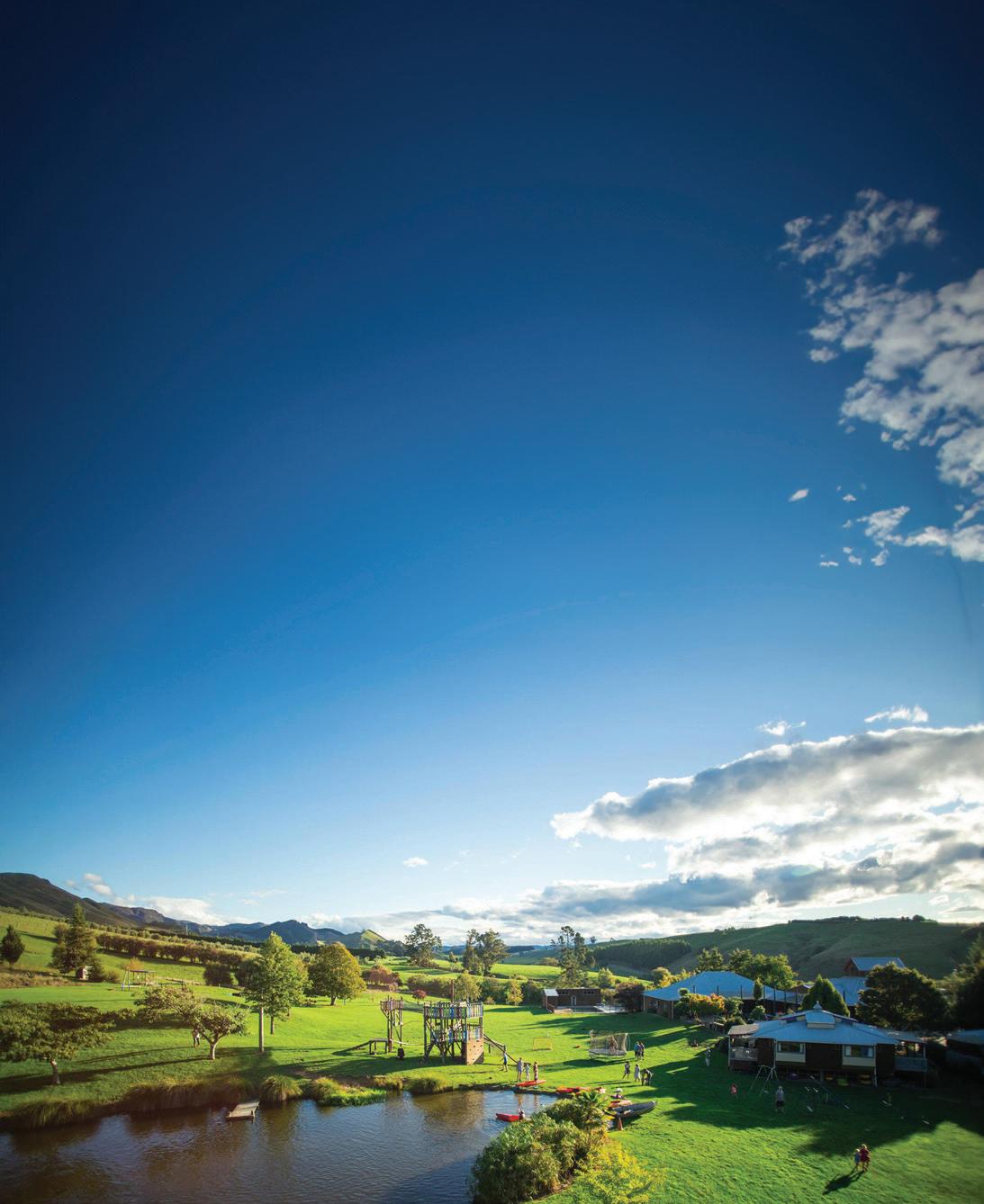
What began as an interactive farm-style camp back in 1981 has been developed into a contemporary camping experience, encompassing dorm-style rooms and cabins, a large dining hall and modern facilities. Bridge Valley also offers Tui Lodge, a smaller more selfcontained block, as part of Bridge Valley’s accommodation suite.
Bridge Valley is audited and accredited through Outdoors Mark for activities, meeting the highest safety standards with trained instructors.

We take care to provide excellence in challenging activities – such as Laser Tag, High Ropes, Luge Track - for our guests, including program development and paperwork, so staff and adults can also enjoy the experience. Our commercial kitchen prepares all our meals, and we can include off-site adventures for you with a packed lunch if you wish.
Bridge Valley is committed to offering well-thought out teambuilding programs, as well as encouraging self-challenge and self-development. We offer a holiday camp program in the school holidays, and also encourage past campers to continue into our youth leadership and volunteering programs. For more information, please don’t hesitate to get in touch with us, to start a conversation around how Bridge Valley can help meet your EOTC needs, and contribute to enhancing your school values and spirit. Email camp@bridgevalley.co.nz for more information or to book your spot.
Christian Youth Camps
CYC has been around for 67 years but that doesn’t make us old, it just makes us more experienced!

Gone are the early days of sleeping in the barn and the food cooked in the old cowshed, nowadays it’s cabins, hot showers, great food, and airconditioned dining rooms. But some things will never change, the hiking trails behind CYC are just as tough, the activities you can do at camp are still just as challenging, and spending the evening around a campfire or debriefing in the hot pool is just as relaxing.
Over the years CYC has grown to accommodate modern camping with its activities meeting the highest safety standards with international accreditation and trained instructors who take
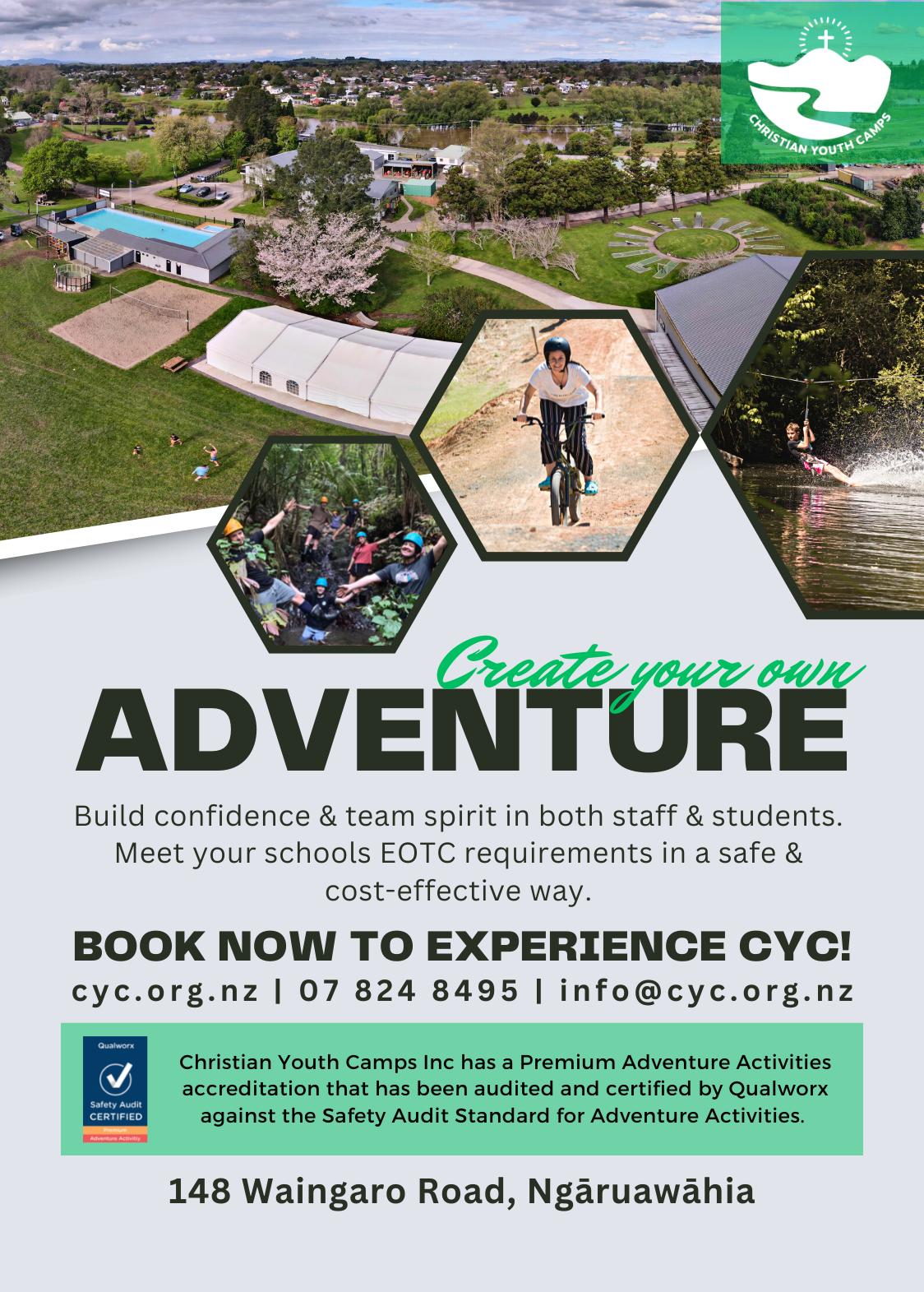

the hassle out of the health and safety part of taking kids to school camps.

With two main accommodation areas, a total of 450 beds and catered and self-catered options, CYC has the flexibility to meet your specific needs.
All you need to do now is to contact the CYC office on 07 8248495 and book a time to visit and tour the site so you can see for yourself why your next school camp should be at CYC!
62 | Term 4, 2023 Learning Space | EOTC School Camps Conferences & Retreats Team Building Day Adventures 03 541 8465 | manager@bridgevalley.co.nz www.bridgevalley.co.nz
“Spending the evening around a campfire or debriefing in the hot pool is just as relaxing.“
The power of virtual play
 By Ben O’Connell
By Ben O’Connell
From Minecraft to Kahoot, nearly every classroom makes use of online games. According to Netsafe, the most common places for children to access the Internet are home (96 percent) and school (89 percent).
However, when a child’s day comprises half school computer time and half home iPad time, it’s no wonder caregivers are concerned. The immersive power of virtual play is undeniable, but how can we make the most of these games for our tamariki?




Any game played in the classroom should have educational value. It may seem obvious, but what can start as a creative think tank on Minecraft can quickly derail. Giving students opportunities to explore their self-expression and curiosities on their own terms is key, but it must remain in line with learning objectives.
Screen time should be monitored to maintain a healthy balance. Online games offer immersive
and relatable experiences, which in turn promote knowledge retention. If students don’t have space to learn in-person, however, the real-world context to these games can be lost. Just as a sports coach would, talk about the game afterwards. Pick games with rewards, achievements, leaderboards, and repetition that give students time to reflect. This also provides adults a chance to ensure a safe gaming environment for our tamariki. Choose online games that foster problem solving, critical thinking, and creativity in ways that in-person methods cannot. Practising these skills within a game-based environment equips students to tackle
real-life problems both academically and personally in a non-confrontational way.
It’s also important that students don’t get carried away with competition. Instead, teachers should encourage interaction through collaborative multiplayer games, which will help them develop social skills.
Success should be celebrated though! This will empower students, instilling a sense of accomplishment that fuels a positive feedback loop.
Some of the most popular online games and sites for students
include Prodigy Math, Powerline. io, GeoGuessr, Twinkl Go!, Studyladder, Sparklers – the list goes on.

Blurring the line between learning and leisure, the future of education is bright with the power of play at its core but we must ensure these games are played safely, according to the curriculum, and in moderation. Let’s start a new game, shall we?
Read the full Netsafe report on children’s internet access here: www.netsafe.org.nz/wp-content/ uploads/2019/09/NZ-childrenstechnology-access-use-skillsopportunities-2019-3.pdf
Working Space | Technology
Fuel for learning
By June Pfister
There are so many varieties of creative and delicious options that are not only healthy but also appealing to young taste buds. From colourful fruits and veggies to protein-rich snacks, these lunchbox ideas will keep your child energised and ready to take on the day.
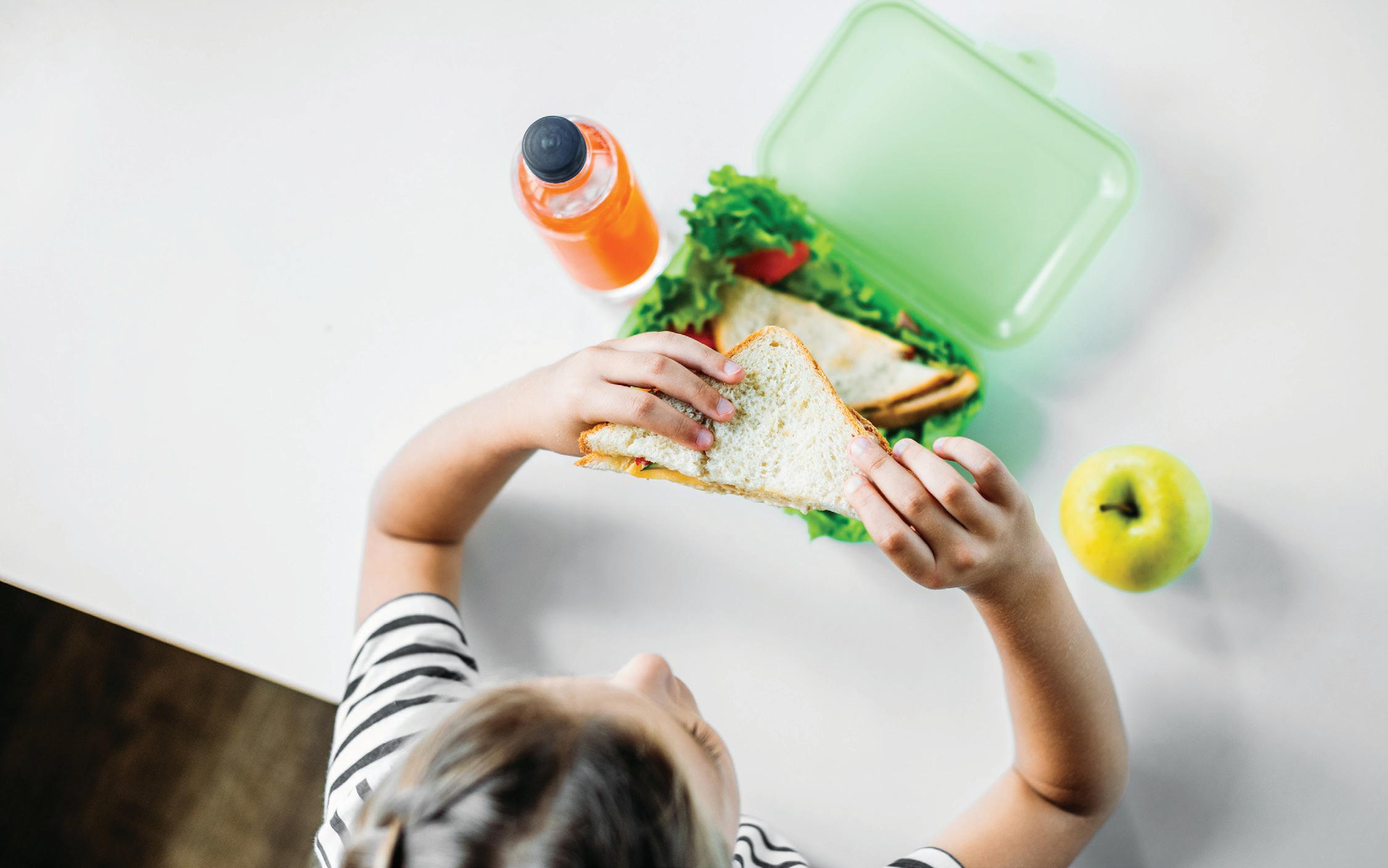
Fruits and vegetables are nutritional powerhouses, packed with vitamins, minerals, and fibre. Incorporate a rainbow of colours to make the lunchbox visually appealing and enticing. Consider including:
• Sliced strawberries, grapes, or orange segments
• Baby carrots, cucumber slices, or bell pepper strips
• Cherry tomatoes with a small container of hummus for dipping.
Sandwiches and wraps provide an excellent opportunity to sneak in essential nutrients while satisfying your child’s taste buds. Opt for whole grain bread or wraps and fill them with:
• Lean turkey or chicken slices with lettuce, tomato, and a smear of mustard
• Hummus, grated carrots, and sliced cucumbers for a tasty vegetarian option
• Whole grain pita pockets filled with tuna salad and mixed greens.
Protein is essential for growing muscles and overall development. Include protein-rich snacks to keep your child energised throughout the day:
• Greek yoghurt with a drizzle of honey and a sprinkle of granola
• Cheese sticks or cubes paired with whole grain crackers
• Hard-boiled eggs or egg salad in a small container.
Nuts and seeds are rich in healthy fats, protein, and essential nutrients. However, be mindful of allergies and school policies. If allowed, include:
• Almonds, walnuts, or cashews in a small portion
• Trail mix with a variety of nuts, seeds, and a touch of dried fruit
• Sunflower or pumpkin seeds for a crunchy and nutritious snack.
Healthy doesn’t mean sacrificing deliciousness. Include treats that are made with whole ingredients and minimal added sugars:
• Homemade granola bars with oats, nuts, dried fruits, and a drizzle of honey.
• Whole grain mini muffins with added fruits or vegetables
• Dark chocolate squares for a touch of sweetness.
Don’t forget to pack hydration options that keep your child refreshed throughout the day:
• A reusable water bottle filled with water or infused with slices of citrus fruits.
• 100 percent fruit juice or a small carton of milk for added calcium.
A well-balanced and nutrient-packed lunchbox is an investment in your child’s health, growth, and well-being.
By offering a variety of colourful fruits, vegetables, protein sources, and whole grains, you’re providing them with the essential building blocks they need to excel both in and out of the classroom.
These delicious and creative lunchbox ideas ensure that your child’s lunch break is not only nourishing but also a delightful culinary experience.
Of course we want to make sure our children get the healthiest meals but a sweet treat in their lunchbox or some money for the canteen every once in a while is also ok!
64 | Term 4, 2023 Health & Wellness | School Lunches
Packing a nutritious lunch box for a child is a wonderful way to ensure they receive the essential nutrients they need to fuel their growing bodies and active minds.
By offering a variety of colourful fruits, vegetables, protein sources, and whole grains, you’re providing them with the essential building blocks they need to excel both in and out of the classroom.
FEEDING LEARNERS HUNGRY GREAT FOOD
APPROVED LUNCH SERVICE SCHOOL PROVIDER
Healthier food options for New Zealand’s hungry learners.

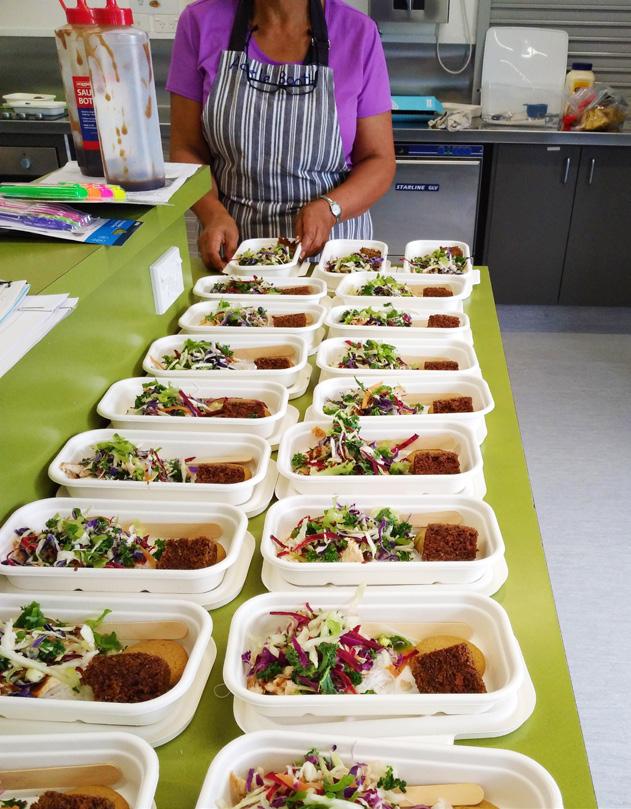



• Top quality, freshly made lunches for learners.


• On-site or delivery service, tailored to suit you.
• Professionally audited food control plan.
• Trained, qualified, local staff.
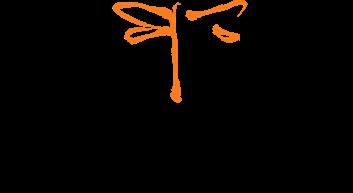
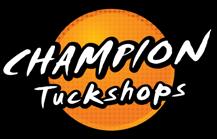
It’s simple: Let our professionals feed hungry students, while your professionals feed hungry minds.

BE PART OF THE JOURNEY. LET’S TALK. +64 21 709 138 | www.libelle.co.nz
Parks Towing
With branches throughout New Zealand, Parks Towing are able to help in your time of need. Whether it’s an accident, breakdown or moving your pride and joy, they have a network that can cover NZ wide.
As well as towing small vehicles, Parks Towing is the only unit in the South Island that is rated for towing fully loaded combination units, buses, trucks and trailers.
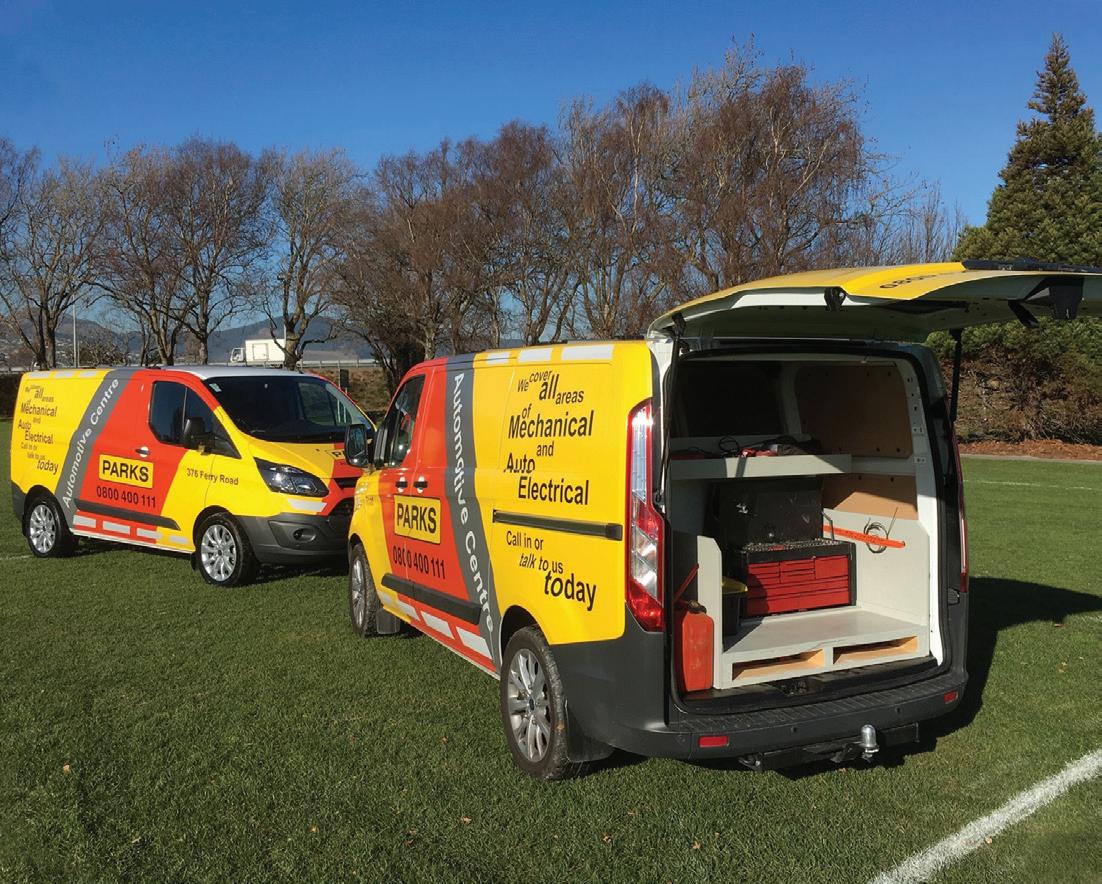
Parks Towing has a commercial and retail workshop located in Christchurch, their commercial workshop covers services for Certificate of Fitness (COF) vehicles, mechanical repairs, servicing and COF. At their retail workshop they are able to provide Warrant of Fitness (WOF) services, mechanical repairs and servicing. They also have full courtesy vehicles available as well as the option of pick up and drop offs.
More services that are available at their retail workshop include:
• Engineering
• LT400 Repairs
• Full Transport Body Building
• Storage for Boats, campervans and Caravans
• Vehicle Linehaul
• Machinery Linehaul.
Parks Towing are also able to help you with breakdown roadside assistance, whether you need battery assistance, emergency fuel, lockout rescue or if you have broken down, their support fleet vehicles can help you! If you require breakdown assistance you can have peace of mind knowing that their 24-hour roadside support will be there to help you out.
Their fully fitted out roadside assistance vehicles are operated by highly qualified and experienced technicians. Serving throughout Canterbury and
Wellington, with the support of the largest towing company in New Zealand, the team can help in any situation and operate 24/7, 365 days per year.

Or if you need your tiny home transported, Parks Towing can help with that as well! Parks Towing have transported many
different tiny homes and trailermounted houses. They have transported tiny homes built with a solid base and no wheels, to full-sized trailer-mounted tiny houses. They have even transported tiny homes built from shipping containers! At Parks Towing they completely understand how much work goes into creating your tiny home and they take pride in their careful, secure movement of them. You can trust Parks Towing with your tiny house transport requirements.
Tiny homes that are built with a solid base can be secured on top of one of their tilt tray tow trucks and transported to your new location. Trailer mounted tiny homes are usually built to take advantage of the extra height and can normally be towed behind one of their tow trucks with ease. Parks Towing is fully insured so your tiny home can be moved with peace of mind. However they do have height, length and weight limitations for travelling on New Zealand roads so ask the team if your tiny home is the right size! For more information on what Parks Towing can offer visit their website at www.parkstowing.co.nz or give them a call on 03 366 7615. Their office and automotive centre is located at 60 Creeks Road in Hornby, Christchurch.
“At Parks 'we take the problem away'.”
“If you require breakdown assistance you can have peace of mind knowing that their 24-hour roadside support will be there to help you out.”
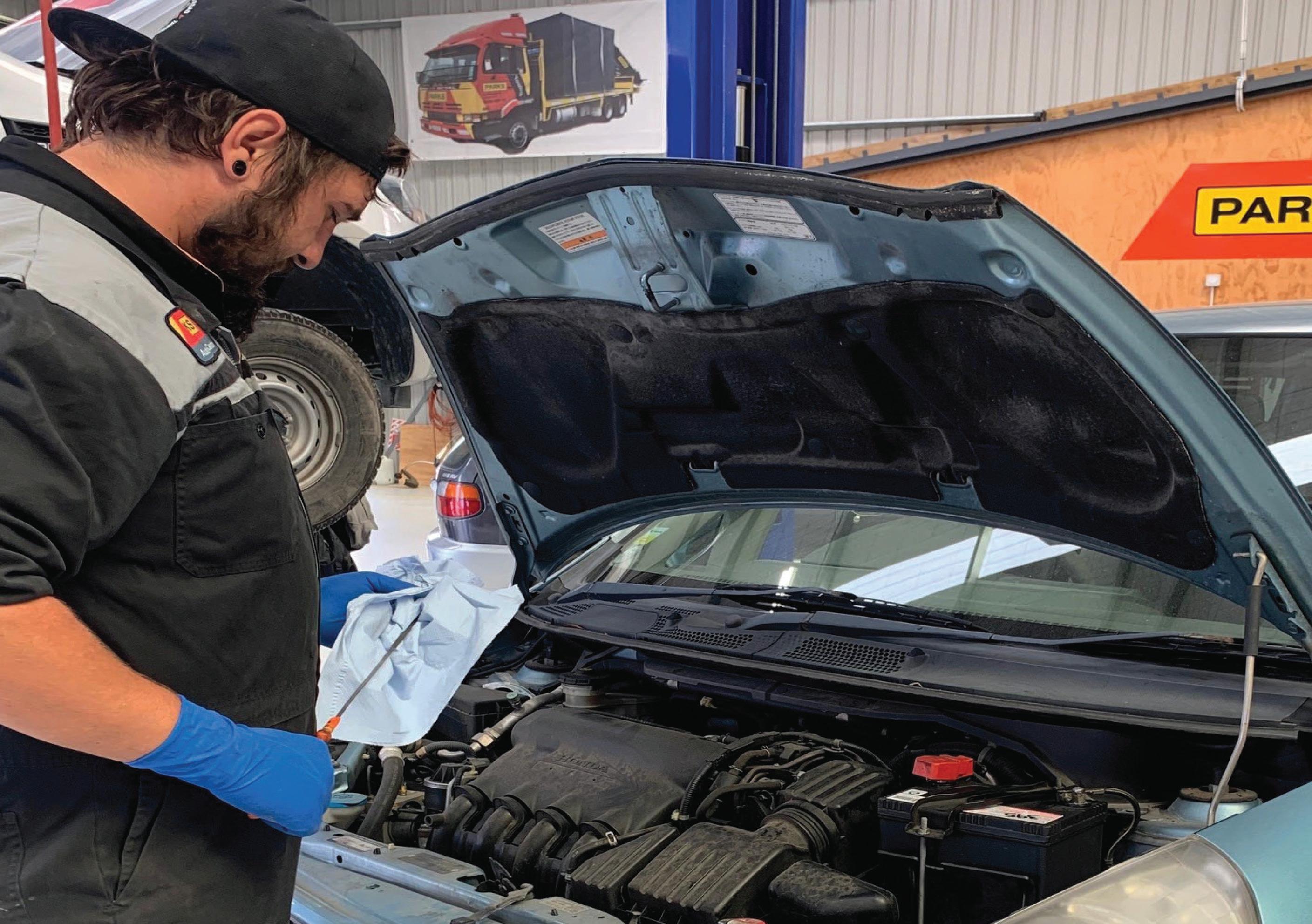



“WE TAKE THE PROBLEM AWAY” (03) 366 7615 OUR SERVICES: ✓ WOF ✓ Servicing ✓ Repairs ✓ Oil Changing ✓ Auto Diagnostics ✓ Heavy Diesel ✓ Fleet Servicing ✓ Batteries ✓ Tyres • Loan cars available • Mon - Fri 8am - 5pm • Sat - Appointment Only • Pick up & Delivery Available 60 Owaka Road, Hornby www.parkstowing.co.nz workshop@parksautomotive.co.nz
The profound importance of staying hydrated
By June Pfister
With the arrival of summer, children are greeted by warm days and outdoor fun. Amidst the excitement, it’s crucial to emphasise the importance of staying hydrated during school hours. Hydration isn’t just a basic necessity; it’s a cornerstone of a child’s health and vitality.
Let’s explore the profound significance of staying hydrated at school in the summer and how this simple practice can significantly impact children’s overall well-being.

Water plays a fundamental role in supporting children’s growth and cognitive development. It maintains essential bodily functions, regulates temperature, and promotes optimal brain activity.
Children who are well-hydrated are more likely to remain alert, focused, and engaged in their learning experiences.
However, the warm temperatures of summer bring their own set of challenges. Higher heat levels can lead to increased fluid loss through sweat. If not compensated for, this can result in dehydration – a condition that extends beyond discomfort.
Dehydration can lead to fatigue, reduced concentration, and even more serious health complications. This issue is
particularly pertinent within the school environment, where children engage in extended periods of learning and physical activity.
Addressing hydration in schools requires a collective effort involving parents, educators, and students themselves. Parents can initiate discussions with their children about the significance of hydration.
By explaining the benefits of drinking water, parents empower children to make healthier choices. They (the parents) can pack lunches and snacks that are rich in water content, such as juicy fruits and hydrating vegetables. These choices complement water intake and provide essential nutrients.

Teachers can seamlessly integrate short water breaks during lessons. These breaks not only allow children to hydrate but also provide a moment of respite for their minds.
Teachers can also educate students about the signs of dehydration and the significance of being attuned to their bodies. By nurturing this self-awareness, children become proactive in their own wellbeing.
Parents and educators can also lead by example, when children witness adults prioritising
hydration, they are more likely to emulate this behaviour.
Schools can ensure that water sources are accessible. This could entail providing an adequate number of water fountains or allowing students to have water bottles at their desks.
Hydration isn’t just a physical practice; it’s a holistic approach to well-being. Proper hydration equips children to reach their potential by enhancing their cognitive capabilities and enabling them to fully participate in the learning process.
Therefore, this habit of staying hydrated serves as a foundation for future healthy habits and selfcare practices.
As we enter the summer months, let’s remember that a simple glass of water holds the potential to profoundly impact a child’s journey of growth and exploration.
To summarise parents and caregivers, make sure you send your child to school with a water bottle! Schools and teachers should be providing regular water breaks and encouraging children to use the water fountains or providing water from another source.
68 | Term 4, 2023 Health & Wellness | Hydration
As we enter the summer months, let’s remember that a simple glass of water holds the potential to profoundly impact a child’s journey of growth and exploration.




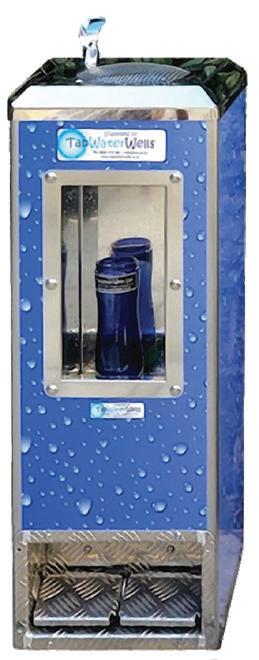









tww215.11sqsc Free Standing or wall flush 1 Drinking Faucet, 1 Bottle Filler tww220.01sc Free Standing 1 Bottle Filler tww213.01pec Free Standing 1 Bottle Filler KEEP YOUR STUDENTS HYDRATED & SAFE Contactless hydration foot pedal operated Term 4 special offer of a free filter with each fountain Purchase 5 or more & get free personalized School Wraps on each THE NEW ZEALAND MANUFACTURER Contact us today and find out about our SCHOOL’S SPECIALS DEALS info@tww.co.nz www.tww.co.nz Ph: 021 2243 243 tww215.11sqs Free Standing or wall flush 1 Drinking Faucet, 1 Bottle Filler Tww218.11sqs Free Standing 1 Drinking Faucet, 1 Bottle Filler tww210.11w Free Standing 1 Drinking Faucet, 1 Bottle Filler Traditional hydration push button operated Drinking Fountains & Bottle Fillers Drinking Fountains & Bottle Fillers
Infection prevention and control
To protect your staff and the children in your care from the spread of respiratory infections, and recognising COVID-19 is still circulating, it is important that you follow infection prevention measures and that you support your staff and the people who enter your facilities to do the same.

The more layers of protection you put in place – such as staying home if sick, washing your hands, vaccination, mask wearing and ventilation – the harder it will be for infection to spread.
Staff, children and visitors on site should stay at home if they are unwell or have symptoms of COVID-19 or other respiratory illnesses.
Encourage staff to test for COVID-19 using rapid antigen tests if COVID-19 is suspected. Support staff to have available vaccinations against infectious diseases.
Encourage staff and children attending your facility to maintain good hand hygiene. Remind staff and children to sneeze or cough into their elbow or a tissue. Keep spaces well ventilated. Keep spaces clean. Ensure your business continuity plan for winter illness is up to date and that your staff are familiar with it. Provide visible infection prevention guidance for caregivers and other visitors to your facility.
Steril-Aire
Air Solutions Ltd are your premier air treatment specialists. They specialise in delivering bespoke air treatment solutions for a variety of industries and have done so for over 26 years.
Steril-Aire UV-C is one of their premier products. Steril-Aire devices deliver bespoke UV-C solutions for a wide-range of industries including schools and childcare centres.
Steril-Aire sets a new standard for UV-C bacteria management within HVAC split systems. Many studies have shown that the classic heating, ventilating, and air conditioning (HVAC) system is an amplifier, reservoir, and transport mode for mould and bacteria throughout a building. These are linked to Sick Building Syndrome and allergy, asthma triggers and high levels of absenteeism.
Air-Solutions has also come up with a way to introduce fresh air into the split systems to assist in the control of CO2 and provide a fresher more sustainable room environment.
Fitting a Steril-Aire UV-C kit into your existing Hi-Wall, Cassette, Ducted air conditioning unit is inexpensive and will : 1. Inactivate 99.9% of air-borne viruses, bacteria, and germs in one pass of return air. 2. Provide 10-20% on energy savings. 3. Lower maintenances costs. 4. Lower the absenteeism rate of staff and students.

Backed by science and decades of product and UVC expertise, Steril-Aire bring you the highest quality and most effective air purification devices. Whether you’re looking for protection from airborne contaminants or eradication of pathogens for infection control, Steril-Aire has the solution for you.
Removal of COVID isolation rule
The Government has announced the removal of the mandatory COVID isolation rule, which took effect on 15 August 2023.
Public health officials have advised risk from COVID-19 is now considered low compared to other stages of the pandemic and it is safe to remove the final requirements.
As with any other illness it is recommended that students
ākonga and staff stay at home if they are feeling unwell.
You will need to continue to manage staff and student | ākonga absence in line with your school policies and procedures, taking into account the public health advice.
Guidance on this from Te Whatu Ora can be found here:
Please refer to the Unite against COVID-19 website for more health advice and for further advice on managing COVID-19 infections.
Check out their UV-C range to provide ultimate levels of protection and performance. There’s no substitute for genuine Steril-Aire UV-C lighting, and they pay for themselves on average in less than two years. Their range of supplementary products enhance the proper installation and operation of their products, with the widest
array of germicidal lamps, switch and wiring kits, viewports, and much more.
For a free, no-obligations assessment, visit their website www.steril-aire.co.nz and contact 0800 433 486 or email contact@air-solutions.co.nz or Octave@air-solutions.co.nz to talk with the team.
70 | Term 4, 2023 Property | Ventilation
STERIL-AIRE UV-C IS THE RESPONSIBLE SOLUTION TO EFFECTIVELY REMOVE VIRUSES AND BACTERIA IN YOUR CLASSROOM. PROTECT WITH STERIL-AIRE.

Fitting a Steril-Aire UV-C kit into your existing Hiwall Air-Conditioning Unit inactivates germs, bacteria, mould and COVID by up to 99.99% to reduce absenteeism. Steril-Aire's very high output UVC works by destroying the DNA & RNA of mircoorganisms and is therefore effective against all types of viruses including Flu's, Colds, Coronavirus/SARS, Measles, ect.
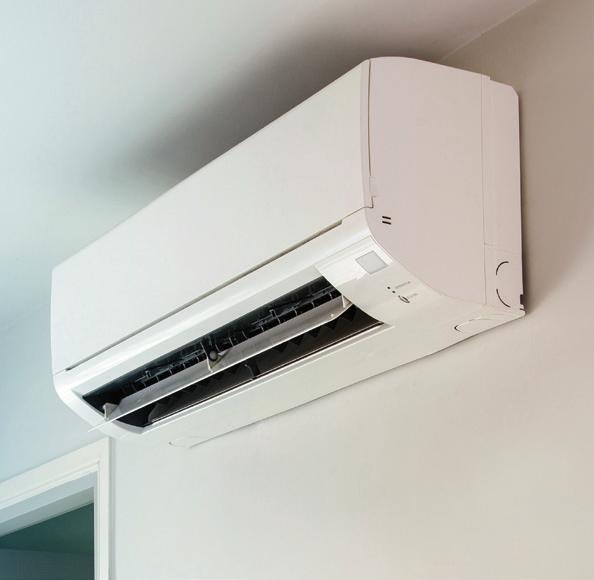
Benefits include: Up to 20% energy saving · Less HVAC maintenance costs · 18,000 Hr emitter life cycle The only UV-C product to be engineered for HVAC · Up to 6 times the output of any other UV-C product



Trusted by: Auckland Airport, Ascot Hospital, Westfield, Douglas Pharmaceuticals, and more.

AIR TREATMENT SPECIALISTS
steril-aire.co.nz contact @air-solutions.co.nz +649 524 0543 ipsum
AIR SOLUTIONS
Breathing easy
Good ventilation will provide fresh, clean air while maintaining comfortable temperature and humidity levels for the people in the space.

Good ventilation helps reduce COVID-19 airborne transmission by quickly and consistently
When this is occurring, schools should also consider increasing the use of other measures such as face coverings and physical distancing.
You can quickly improve the air quality in any space by:

• Limiting more vigorous activities, or moving them outdoors or to a better ventilated space
• Limiting the number of people, especially in smaller, confined spaces

• Fully opening all windows and doors to flush the air in the room, and where it’s an option to do so, briefly vacating the room at the same time.
Ventilation, air conditioning and filtration
- what’s the difference?
Ventilation and filtration are two different things. Ventilation can be done naturally through open doors and windows, or by mechanical ventilation units.
Mechanical ventilation might be needed if a classroom doesn’t have windows that open. But for most New Zealand classrooms in the warmer months, ventilation units are no more effective than natural ventilation.

Air conditioners such as heat pumps are different to mechanical ventilation.
These typically recycle air in a room and change its properties,
by warming or cooling it or removing moisture. While these make the room more comfortable, they do not improve its ventilation.
Filtration refers to cleaning the air in a room by running it through a filter that removes particles (including virus particles) before recirculating the cleaned air. Some air conditioners are fitted with filters and there are also many types of standalone filtration units available, including portable ones that can be plugged into a standard plug.
Filtration is an option for classrooms with insufficient ventilation (for instance, where there are few or small opening windows) or where fresh air does not reach all parts of the classroom.
72 | Term 4, 2023 Property | Ventilation P: 09 634 5780 | E: info@metropolitanair.co.nz www.metropolitanair.co.nz
US IF YOU WANT
CALL
BETTER SERVICE AT A GREAT PRICE.
Good ventilation will provide fresh, clean air while maintaining comfortable temperature and humidity levels for the people in the space.
A space’s ventilation will be influenced by how it was designed, how it is currently being used, and the outdoor conditions. removing the old air and replacing it with fresh, clean air. Indicators that a space may not be well-ventilated include a feeling of stuffiness, lingering smells and elevated CO2 levels created by the people in the room.
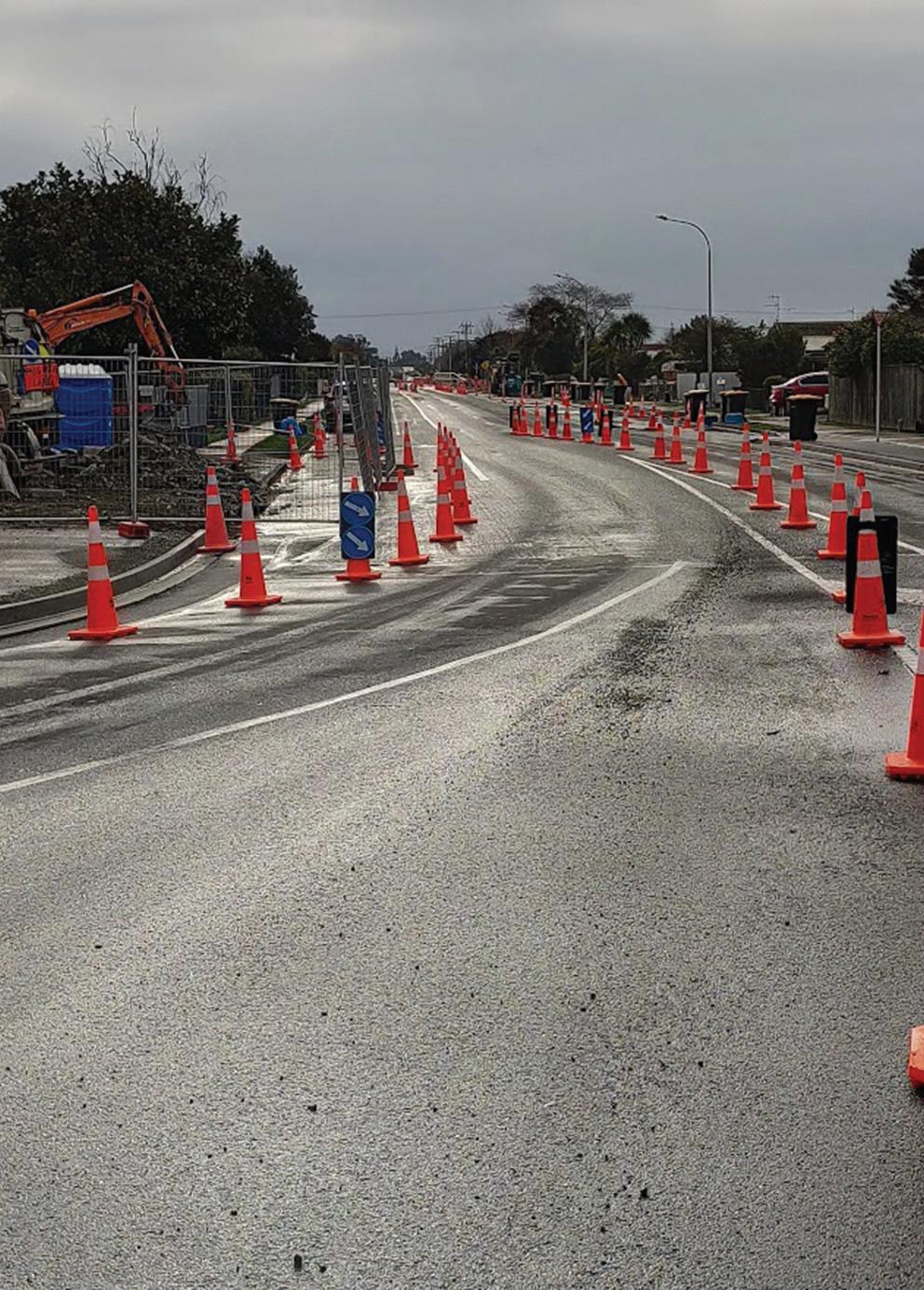
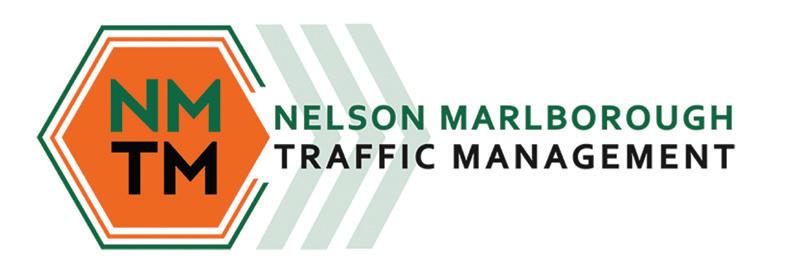
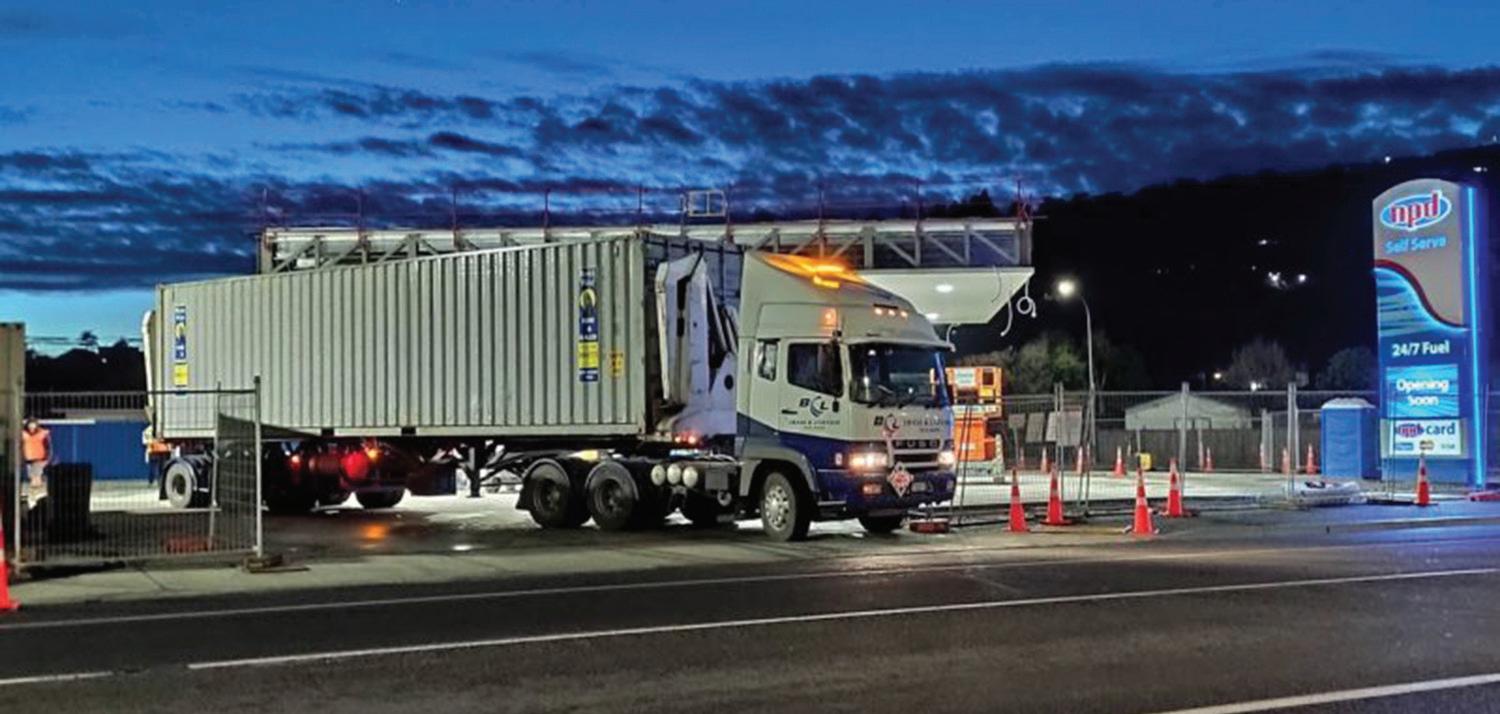


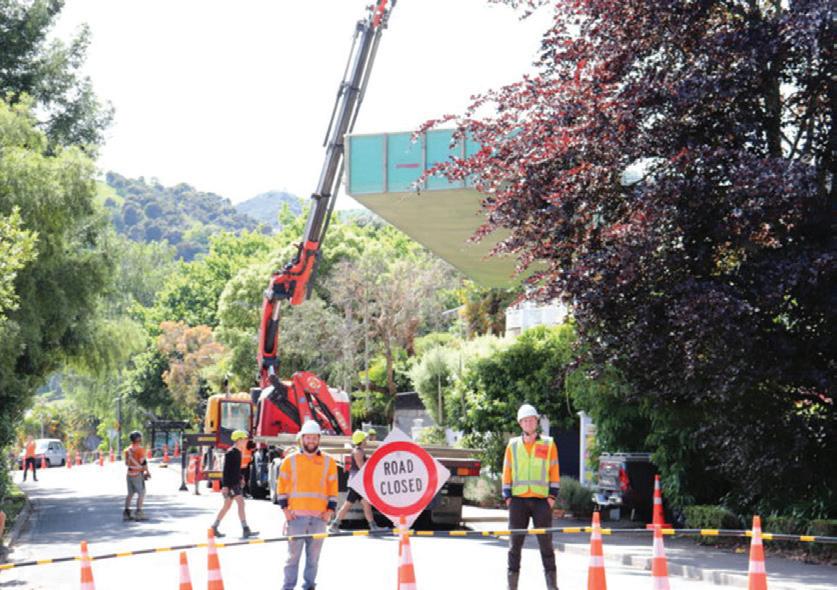
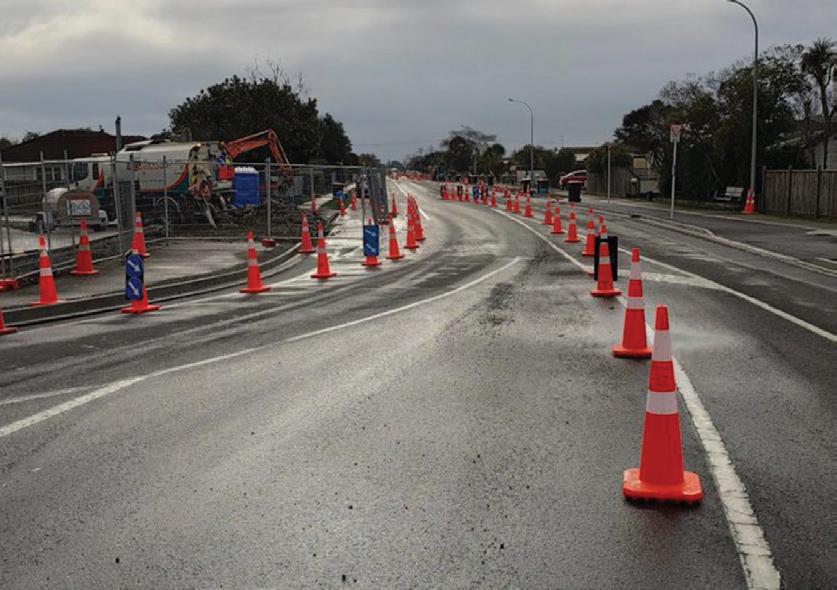

Our qualified staff focus on quality and safety, trust us with the traffic while you get the job done! Traffic Management Plans | Traffic Management Services | Civil Construction Site Equipment Hire | Event Traffic Management | Traffic Management Training Traff ic management specialists. www.nmtraffic.nz CONTACT US TODAY PHONE 03 928 0475 OR 027 246 9955 Email: admin@nmtraffic.nz Office: 1/10 Tokomaru Place, Stoke, Nelson






If you would like any scaffolding advice or a free quotation for your project, please get in touch with our friendly team today! info@certifiedscaffolding.kiwi 027 566 3690 | 0800 22 66 96 www.certifiedscaffolding.kiwi





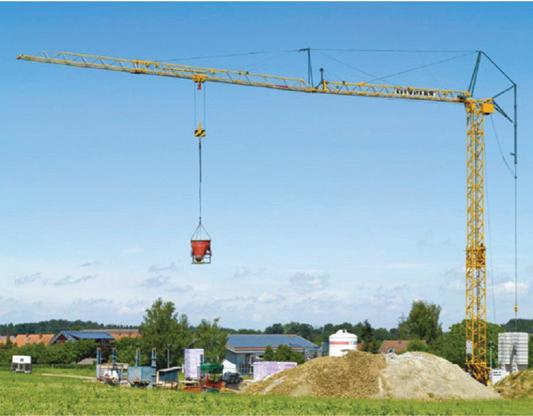

Southern Towers Ltd 027 486 2460 graham@southerntowers.co.nz Queenstown, Otago www.southerntowers.co.nz
Managing safety, behaviour and injuries on school transport
School transport is an important topic to dive into as students need to get to school safely and have access to transport.
The Ministry of Education (MoE) has a lot of useful information on school transport on its website.
Listed on the website are various guides for all parties involved in ensuring students are safe and have school transport to use: www.education.govt. nz/school/property-andtransport/transport.

Ensuring there is safe school transport for Aotearoa’s ākonga is essential among school transport operators, school caregivers, students, and the MoE.
As reported in MoE’s ‘School Transport Roles and Responsibilities Guide:
Daily Bus, Technology Bus and Conveyance Allowance,’ the ministry has been managing school transport for students for over 130 years. Although caregivers are responsible for how their child gets to and from school, MoE also helps students who do not have access to public transport, either because students are too far away, have mobility challenges, and so on.
Schools are immediate contacts for students and caregivers for School Transport Assistance, eligibility, requests, safety, and other queries.
Schools must manage this by:
• Contacting caregivers and students of School Transport Assistance eligibility standard and passing on other suitable details when needed
• Sending Conveyance Allowance requests to the ministry
Give your best self to work and your best self to your family.
The people you go home to have just as much right to your best self as the people you work with.
• Sustaining correct and updated lists of eligible students by route
• Giving student statistics to School Transport when asked
• Encouraging safe behaviour and working with Transport Service Providers (TSPs) and drivers to acknowledge student behaviour issues when needed
• Ensuring procedures are set up for students when going on and off transport and that school bus bays are away from hazards
• Letting caregivers know if there are any bus routes/ stops changes
• Reporting incidents, accidents and emergencies to the Regional Transport Advisor
• Telling school transport details on technology bus regulations.
Vitae
Irritability is a feeling of agitation. You’re likely to become frustrated or upset easily. Most people feel irritable from time to time, but if left unchecked these feelings can escalate to anger.
Anger is generally a reaction to an event (a defensive response), involving a mixture of complex feelings that trigger a response in our body, behaviours and thought processes. But unmanaged anger can become a problem.
Here are some helpful tips:
What’s important to you?
Do you need strategies to get the best out of life?
Speak in total confidence to a Vitae counsellor –call 0508 664 981 24/7 to make an appointment or book online at www.vitae.co.nz/contact/counselling-form/
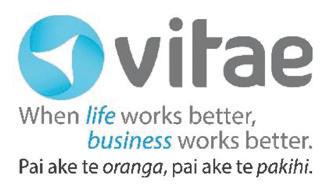

• Ask yourself:
- ‘Will the object of my anger matter in the future?’
- ‘What is the worst consequence?’
- ‘Did that person do this to me on purpose?’
• Say ‘I was wrong’ to someone.
• Think about when and where you learned your reactions to anger.
• Spend 10 minutes outside sitting in a park or garden.
The MoE also advises that schools need to work with the transport service provider, caregivers and the police if needed to deal with poor behaviour on buses. If these issues continue, the school needs to manage the student’s behaviour and the student might not be able to go back on the school bus shortterm or long-term depending on the situation.
• Laugh at a joke, situation, or yourself.
• Avoid doing two things at once (such as eating and reading).
• Talk to someone who you are not feeling angry with.
• Slow down – try a deep muscle relaxation technique.
• Try some ‘new and improved’ variations of counting to ten. For instance, try counting to ten with a deep slow breath in between each number.
• Deep breathing - from your diaphragm - helps people relax.
In addition to psychological changes, like any emotion, anger is accompanied by physiological changes such as increased heart rate and blood pressure.
Irritability and anger are signs that something is wrong, and if those signs are recognised, they can be used positively and energise us to deal with situations.
76 | Term 4, 2023 Health & Safety | School Transport
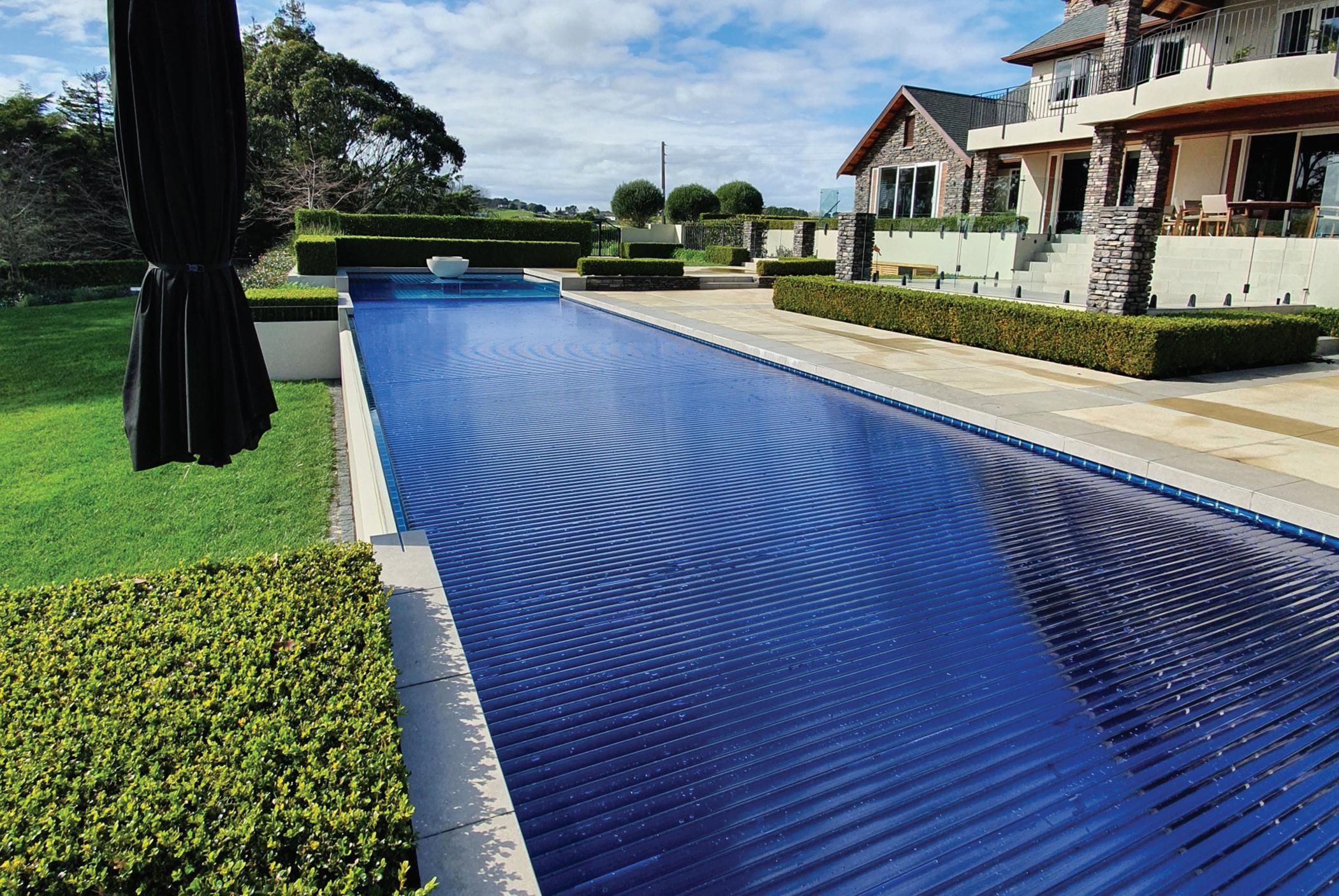




Phone: 09 426 0625 Mobile: 021 663 854 or 027 663 8605 Email: sales@autopoolcovers.co.nz www.covers4pools.co.nz PROTECT YOUR CHILDREN, YOUR WALLET, AND YOUR PLANET Coverstar | Rollout Roll Under Slattered | Dune Cover Moon Cover | Moove - O Cover | Bar - Covers Enquire Now! SWIM WITH CONFIDENCE Lessons for infants through to adults Auckland| Hamilton| Havelock North | Palmerston North hiltonbrownswimming.co.nz
Repaint with EPOTEC NT EPOXY
Made in New Zealand for over 30 years. EPOTEC pool paint has been formulated specifically for use in swimming pools and has a proven record in schools, domestic, large council and international theme park pools throughout Asia, Australia, and New Zealand.


Sorting pool safety
A check list to help prevent drownings
Is the latch on the gate to your swimming pool working properly? Are there any parts of the fence small children might crawl under? Checking these and other aspects of a pool is one of the things New Zealanders can do to help children stay safe around swimming pools. Dr Felicity Dumble, chair of the Health Quality & Safety Commission’s Child and Youth Mortality Review Committee, says pool drownings are highly preventable.
“We encourage everyone to follow some routine fence checks and make sure anything that could allow inadvertent access is repaired.”
Checks and other advice include:
Let us help you with your school pool:

• Advise on preparation and repair
• Supply of the most appropriate paint system
• Latest Epoxy and Acrylic technologies to suit your needs
School pool maintenance can be a big use of resource so make sure it is done once and done correctly.
Call our technical experts on 09 837 0897 x 3 or find your local EPOTEC Approved Applicator at


• Ensure the gate latch clicks shut automatically. Over time the spring can become less effective. Hold the gate open at varying distances from the lock and check it springs shut and fully latches
• Clear toys from the pool area, so it is not tempting for children to go in
• Ensure there are no gaps under the gate when it is closed and there is no part of the fence small children could crawl under (maximum permissible gap between ground and fence/gate is 100mm)
• Never prop the gate open
• Check the condition of a metal fence. The joints can become weak due to rust and have been known to come apart with a firm tug
• Check the condition of a timber fence. As the structure ages, the screws and nails can loosen and allow the slats to be removed. Similarly, the wood can age and weaken, so any rotting sections should be replaced
• Always keep moveable objects (such as plastic chairs, bricks or pot plants) well away from the pool area. A child can drag them and then use them to climb over the fence
• Remove any tree branches that could allow a child to gain access to the pool area.
Further information is available at: www.watersafety.org.nz.
Monitoring your pool’s water health
Swimming pools are an ideal breeding ground for serious gastro bugs such as Cryptosporidum (commonly known simply as Crypto) and other bugs such as Norovirus, Giardia and E.coli, all of which are very unpleasant and potentially dangerous.
When it comes to pools, the main way people can become ill is through contact with infected or polluted water.
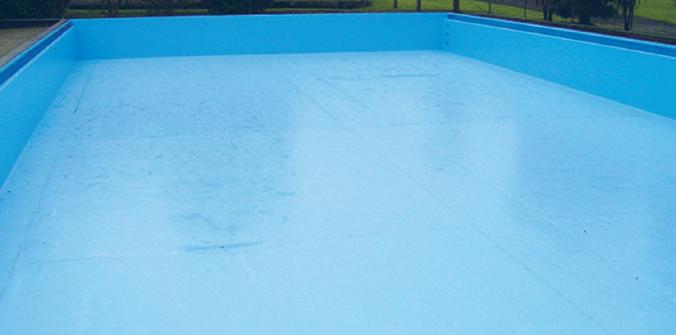
Keeping your pool healthy
Schools are required by law to test their swimming pool water to ensure they are safe to swim in.

Swimming pools are treated to keep the microorganism population down to levels which are considered safe for bathers and the quality of the water depends on the efficiency of the water treatment.
To gauge this, a testing programme has been set up with accepted guidelines as per the New Zealand Standard for Pool Water Quality NZS 5826:2010.
When it comes to swimming pool paint, only time will tell!
BEFORE AFTER
www.cotec.co.nz Sport & Recreation | Swimming Pools


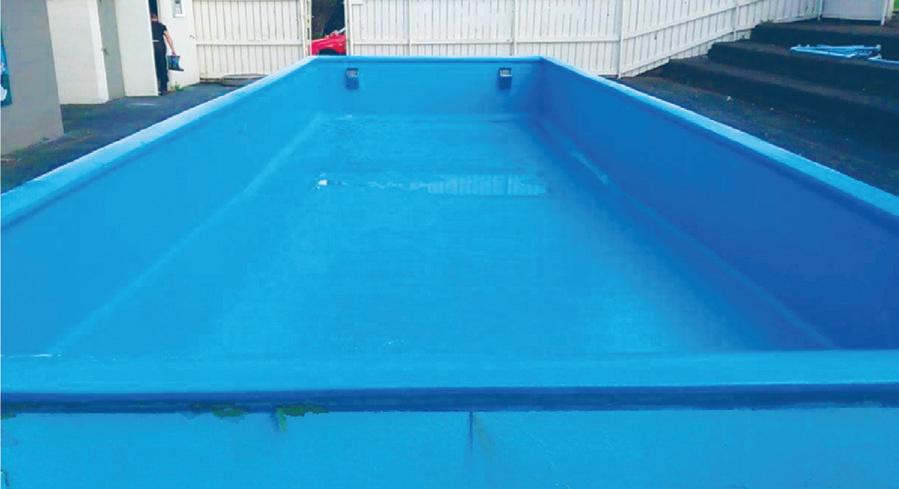





www.nzpoolrenovations.co.nz Before After NZ Pool Renovations LTD SCHOOL POOLS COMMERCIAL POOLS HOME POOLS Contact Kelvin on 027 497 6602 or email kelvin@nzpoolrenovations.co.nz THE SPECIALISTS IN SCHOOL POOL RENOVATIONS AND IMPROVEMENTS SINCE 1978 Perfectly balanced, sparkling clean and healthy water Pool Chemicals | Pool Accessories Spa Chemicals | Water Testing | Pool Cleaners Specialty Chemicals | Spa Accessories Phone 022 040 1084 info@poolchemicalsdirect.co.nz www.poolchemicalsdirect.co.nz
Advanced and efficient – Heat pump technology makes a heated school pool more affordable than it has ever been
Simple and long lasting – HPPS’ swimming pool heat pumps are easy to install, maintain, and are extremely durable


Fixed price certainty – HPPS’ experienced team will identify, design, and implement a solution to meet your school’s specific pool heating requirements, all for one pre-agreed fixed price

Heat pumps are extremely efficient users of energy. They typically run at between 300% to 500% efficiency (1 kW of power = 3-5 kW of heating)
Easily and quickly installed into a pools existing filter/pump system. Most installations take less than a day
Can efficiently maintain a comfortable pool temperature regardless of the weather, day or night

All models have black stainless steel casings, titanium heat exchangers, Mitsubishi, Panasonic, or Copeland Compressors, and Italian made “Carel” Controllers
Fully backed by a 36 Month (3 Yr) Warranty, unsurpassed by any other pool heat pump supplier
Happy, healthy kids is the goal of every school and a heated swimming pool goes a long way to achieving that. Most schools find that a decision to heat their pool results in significant benefits including:
• Swimming season significantly extended
• Higher levels of participation and enthusiasm by pupils for water based activities
• Improved levels of water safety awareness
HPPS has nationwide reach and it has supplied and installed heat pumps into dozens of schools throughout the North and South Island.
H eat P ump
P ool S olutions
Call David free on 0800 280 840 or email david@hpps.co.nz www.hpps.co.nz NZ Owned and Operated Make it summer all year round and get the most out of your valuable asset
IN
POOL HEATING www.hpps.co.nz
280 840
YOUR BEST CHOICE
SCHOOL
0800
“David and the installer Alistair, were both really friendly and approachable. Their communication was excellent – they would be in constant contact to make sure everything was going well, and to give me timelines etc. I was always kept in the loop.
Their service was above and beyond with suggestions to improve the way we carry things out at our school pool which were very welcome – things we hadn’t even thought about – it is clear they are experts in their field.



HPPS have done exactly what they promised and more. I could not recommend them highly enough.”
Karen Wellington, Principal, Māoribank School
The Lido Aquatic Centre
We put leisure in your life and life in your leisure
The Lido Aquatic Centre is more than just a swimming complex, it is a complete leisure and fitness facility catering for people of all ages and levels of fitness.
The Lido emphasises water safety and the SwimMagic swim school provides lessons from babies as young as five months, through to school age children right up to adults, who want to learn the basics or to continue developing their techniques. The lessons run seven days of the week and learn to swim lessons are available during school holidays.
The Lido offers general fitness with a fully equipped gym where you can opt for a personal trainer to help with your fitness goals or join in on the group sessions that
run throughout the day.
The indoor 25 metre and outdoor 50 metre pools are constantly in use for their Aqua Fit classes, which includes aqua aerobics and water Zumba.

Lido Aquatic Centre facility manager Lynden Noakes says, “These classes are great for people who prefer low impact exercises and really help to maintain fitness following injury”.

It also specialises in catering for school children with their Chill Out before and after school programmes along with their regular holiday programmes. The holiday programmes run each school holiday with various activities based at the Lido aquatic centre.
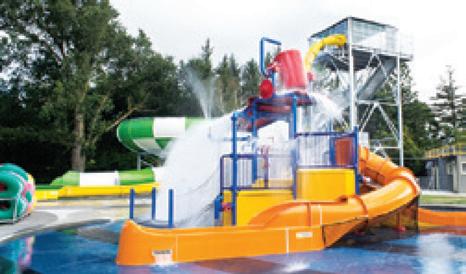
The holiday programme is divided into three age related groups; 5to 8-year-olds, 9- to 11-year-olds and 12+. Full days or half days are available and the programme is OSCAR and WINNZ accredited, so subsidies are available for parents who qualify.
The Lido has indoor and outdoor sports and leisure pools, a diving pool, gym, sauna, steam room, spa, and two hydroslides.
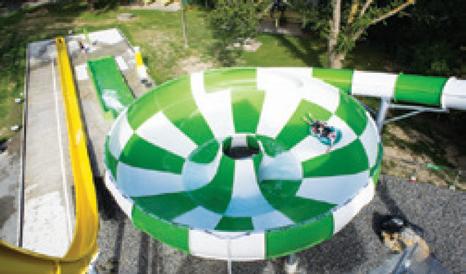
Check the Lido Aquatic Centre’s website for more:
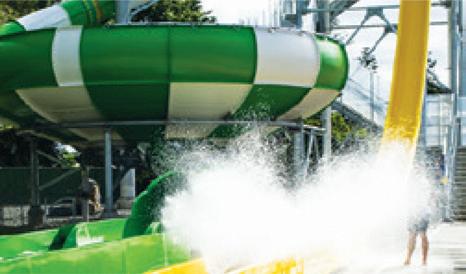
www.clmnz.co.nz/lido/










Phone 07 889 4333 | www.seddonpark.co.nz/sadliers-funeral-services
Summer is coming
Aotearoa New Zealand has some of the highest rates of skin cancer in the world, so protecting students and staff from ultraviolet radiation is vital.
Why do schools need to provide protection from ultraviolet radiation?
Sun protection is important because Aotearoa New Zealand has high levels of ultraviolet (UV) radiation.
Over exposure to UV radiation in childhood and adolescence increases the risk of skin cancer. Skin cancer is our most common cancer, and along with Australia, we have the highest incidence rate of melanoma in the world.
Are your students protected from excess ultraviolet radiation?
ERO Health, Safety and Welfare self-audit checklists include “Protection for staff and students from excessive UV radiation exposure”.
The Cancer Society advises that sun protection is required from September to April, especially between 10am and 4pm, when
UV radiation levels are usually highest. Children spend a lot of this time at school, so it is important that schools have an effective sun-protection policy for Terms 1 and 4.
How can we protect ourselves from UV radiation?
It’s easy to be SunSmart and reduce the risks of UV radiation. Remind students and staff to Slip, Slop, Slap and Wrap. That means:
• Slip on sun-protective clothing
• Slip into shade
• Slop on plenty of broadspectrum, water-resistant sunscreen of at least SPF30 and reapply every two hours or more often if you are swimming or sweating
• Slap on a wide-brimmed hat
• Wrap on sunglasses.
How can schools ensure they have effective sun-protection policies?
Research shows that principals play a key role in encouraging the adoption and implementation of sunprotection policies. Many schools are joining the Cancer Society’s SunSmart Schools programme which provides schools with:
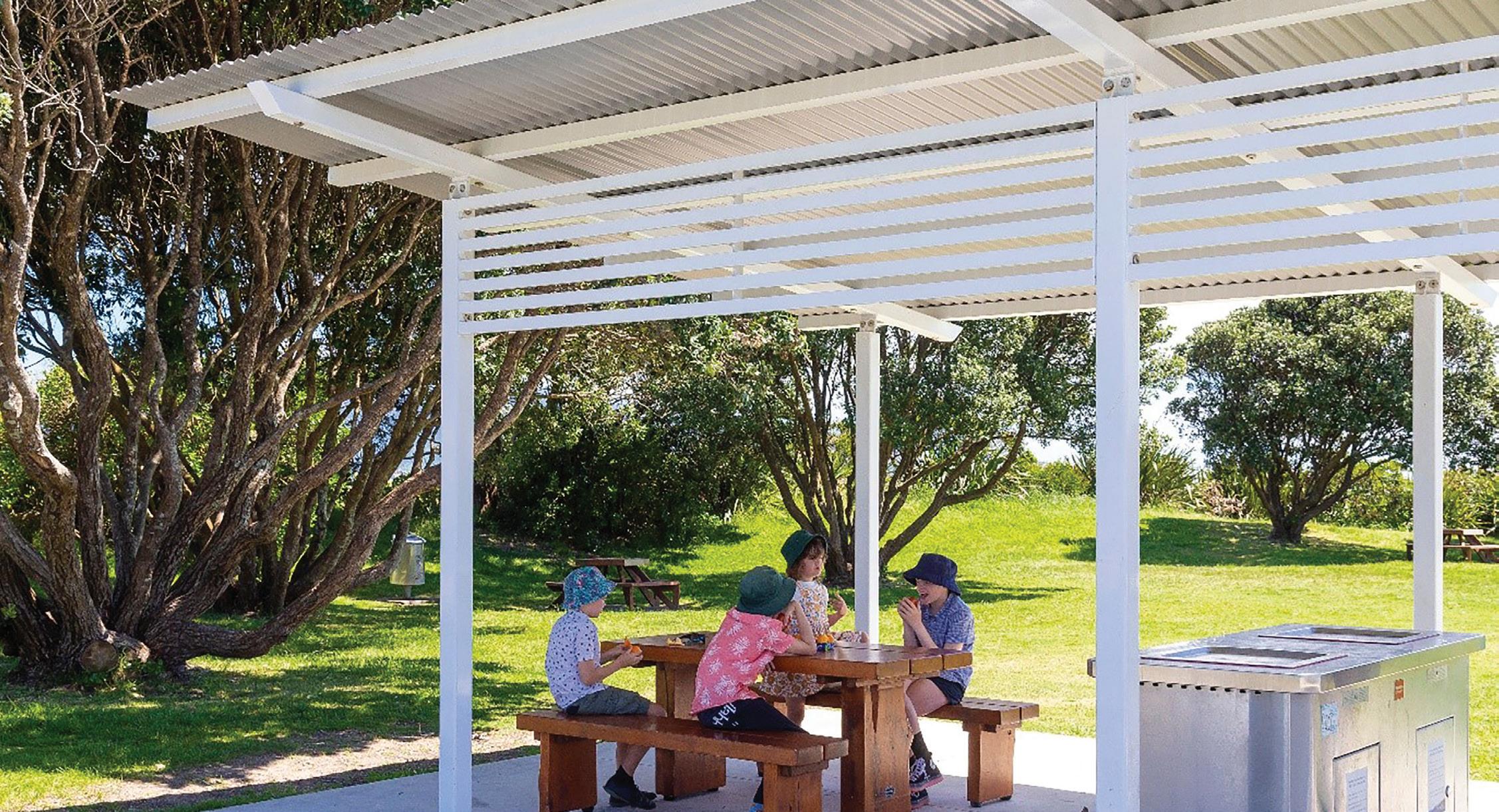
• Best practice sun-protection advice
• A sample sun-protection policy
• Advice from your local Cancer Society health promoter
• Accreditation for schools that have effective sun-protection policies and practices.
When a school becomes SunSmart Accredited, it shows parents and caregivers that their school takes sun protection seriously.
Do schools need to meet the criteria before they apply for accreditation?
No, the Cancer Society encourages all primary and intermediate schools to apply for accreditation even if their sun-protection policy needs
development. Schools can find out more information at: www.sunsmart.org.nz
Who can help my school become accredited?
Your local Cancer Society health promoter will support you through the application process. They can help you to develop or update your school’s sunprotection policy to bring it up to accreditation standards.
Why are caps not recommended? While using shade and rescheduling outside activities inside are good ways to reduce exposure to UV radiation, there are many times when children are exposed to high UV radiation at school, so an effective sun hat is a key form of protection.
Caps do not adequately protect the face, neck and ears which generally receive more UV radiation than other body parts. Research shows that bucket hats with a deep crown and a brim width of 6cm, and wide-brimmed hats with a brim of 7.5cm provide good protection from UV radiation.
For more information, visit: www.sunsmart.org.nz.
84 | Term 4, 2023 Health & Safety | Sun Smart
Caps do not adequately protect the face, neck and ears which generally receive more UV radiation than other body parts.

















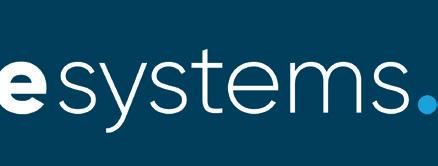


Experience Eden Park like never before
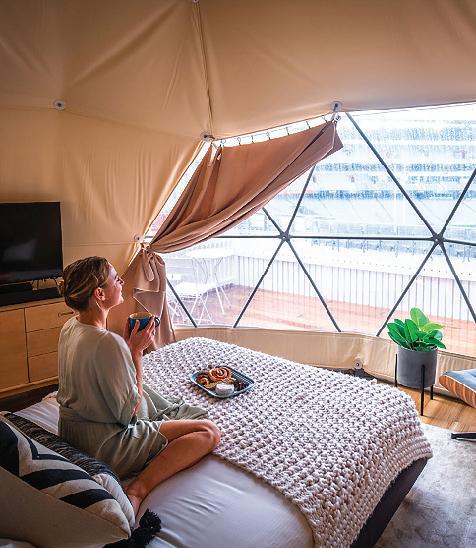

Looking for an exciting venue for your next school trip? Eden Park, a truly iconic stadium, and sporting gem, offers a unique experience that combines history, sports, and entertainment, making it an ideal destination for students.
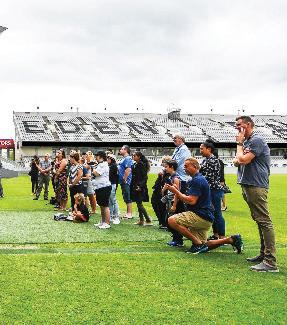
With a remarkable 120-year history, Eden Park has witnessed countless legendary moments in the world of sports and entertainment. Our stadium and Rooftop Tours provide a unique chance for students to explore this renowned venue, delving into its storied past and immersing themselves in its vibrant present.
During our stadium tours, students will get to go behind the scenes and feel the thrill of walking through the players’ tunnel and out onto the hallowed turf, experience the excitement of the changing rooms, and even get to sit in to hot-seat in the coaching box. Our expert tour guides

will captivate students with fascinating stories and behindthe-scenes anecdotes, shedding light on the remarkable legacy of Eden Park.
For a different perspective of the park and views of Tāmaki Makaurau Auckland, our Sky Sport Rooftop tour is an experience that shouldn’t be overlooked for secondary school students.
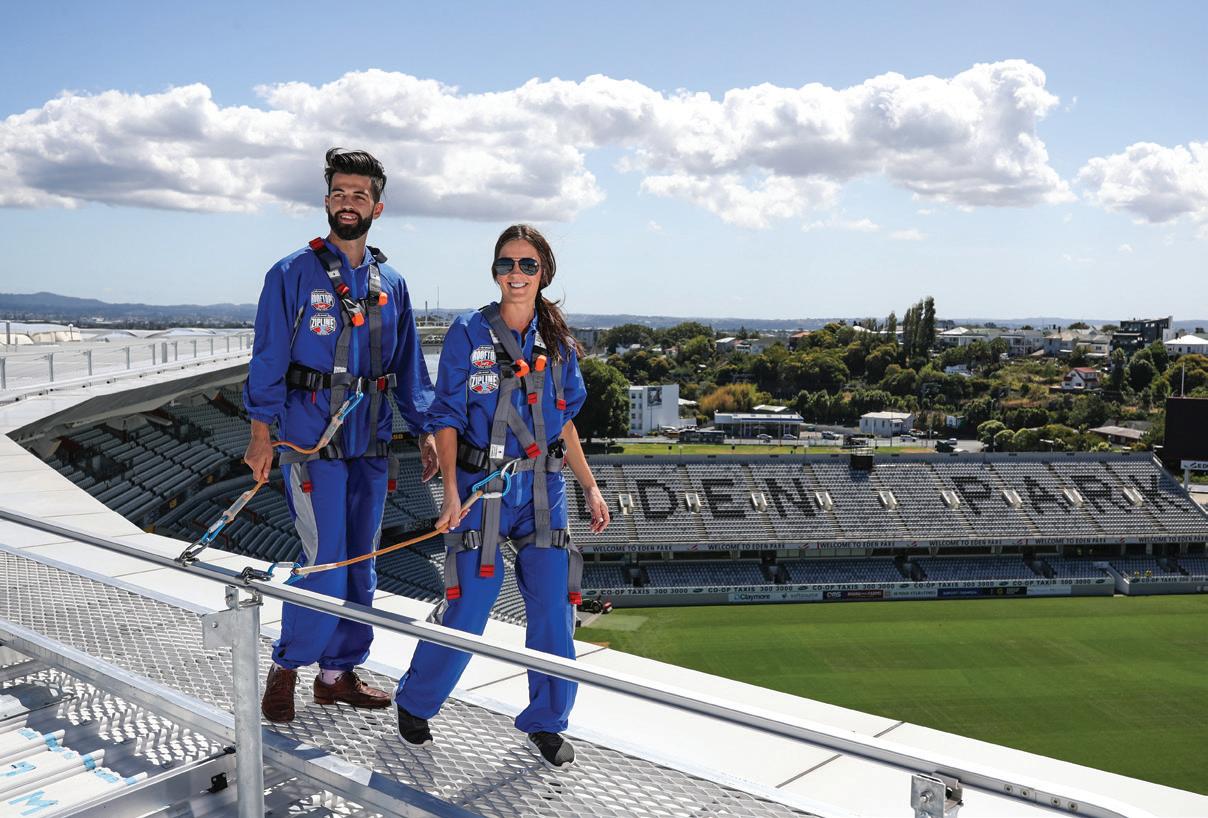


As students explore Eden Park, they will walk in the footsteps of their sporting idols. They will witness the meticulous care given to the No. 1 turf, soak in the electrifying atmosphere of the stands, and envision the roaring crowds that fill the venue during thrilling matches.
To ensure that every student can fully participate, our team can provide wheelchair accessibility and personalised assistance to ensure everyone has a great experience.

Eden Park offers an educational and engaging experience that combines history, sports, and

entertainment, leaving a lasting impression on your students. Tell us what you are after, and our team can help create unforgettable memories at our exceptional venue!
Get in touch with us at info@edenpark.co.nz
AUCKLAND’S
EXPERIENCE Search Experience Eden Park
PLAYGROUND
SKY SPORT ROOFTOP TOURS
STAYDIUM GLAMPING
STADIUM TOURS
DASH SWIM SCHOOL
We have a class for every level of confidence and ability – from babies just learning about water, through to classes to support elite training squads.
Our aim is to improve the water safety abilities of our community one person at a time. 04 237 1518 | Dash@poriruacity.govt.nz

04
237 1518 • Dash@poriruacity.govt.nz www.terauparaha-arena.co.nz/cannons-creek-pool/dash-swim-school
Sorting your school’s security
A quick look at the headlines in the media will almost certainly make reference to crime – be it ram raids, theft (both commercial and residential) or serious harm incidents. Unfortunately, schools aren’t immune and often feature in these headlines.
The private security industry in New Zealand provides a critical and often under-appreciated role in helping to protect people and property and helping to prevent, or minimise, the impacts of crime.
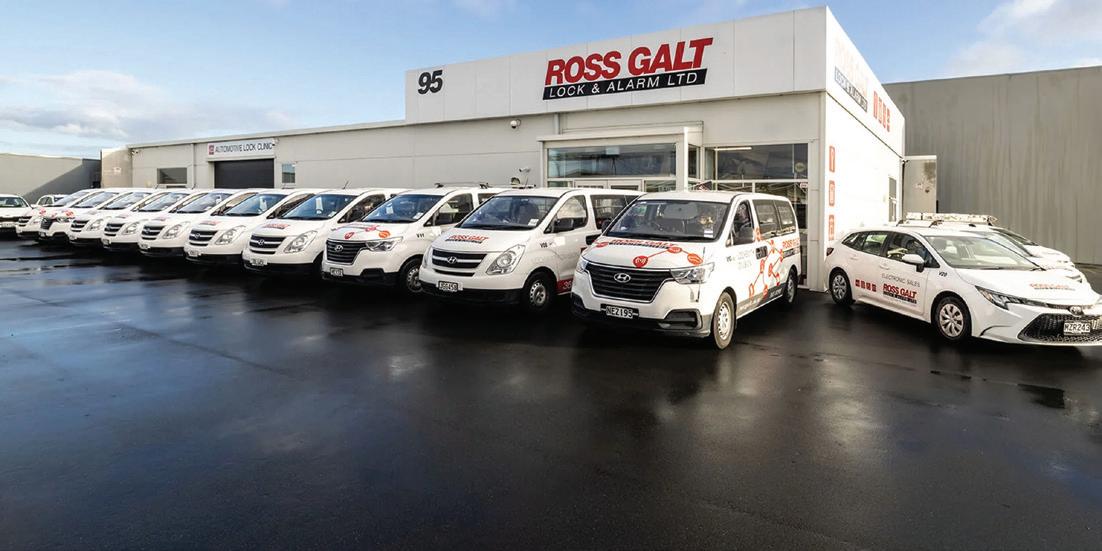
The industry employs some 30,000 workers – more than double the size of New Zealand’s Police Force and well over five times those deployed within
Total Security Solutions
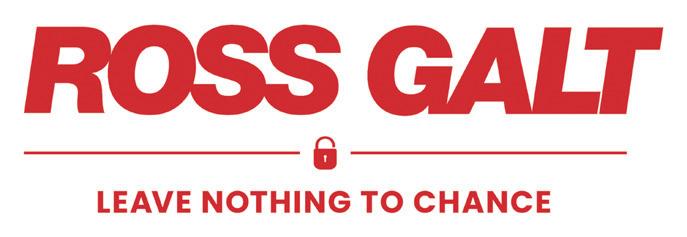
the New Zealand Army. It also generates in excess of $2.8 billion in annual turnover –approximately 0.8 percent of New Zealand’s GDP.
Security providers (companies and individuals) operate under the Private Security Personnel and Private Investigators Act 2010, which ensures providers are of good standing and have the necessary training and skills relative to the occupational category they come under.
The NZSA (New Zealand Security Association) is the representative peak body for the industry and whilst membership is voluntary, the Association’s members collectively employ over 24,000 workers and generate approximately 80 percent of industry revenues.
Selecting a security provider
When selecting a security provider there are some basic checks that we suggest schools and educational facilities should undertake:
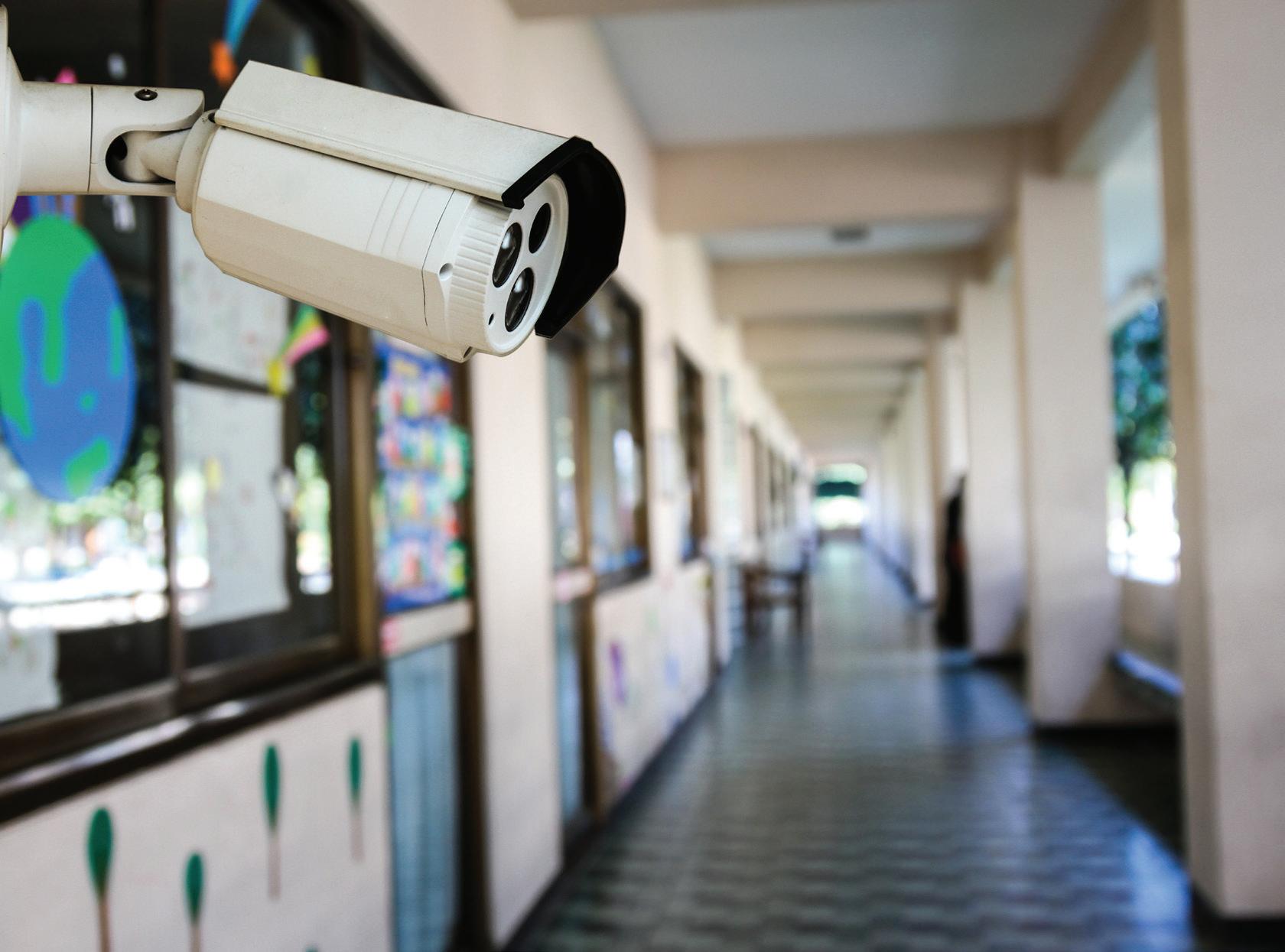
1. Ensure that they hold the necessary security licenses.
You can either ask for a copy of their security licence or check via the PSPLA (Private Security Personnel Licensing Authority) Public Register.
2. Ensure that they are an NZSA Corporate Member. This will verify that they are of good standing, hold necessary licences and insurance cover and operate in compliance with Industry Codes of Practice.
3. Ensure that all operational staff employed by the provider hold a security licence (also known as Certificate of Approval or CoA). Staff assigned to your site should have their licence/ CoA on display or be able to provide on request. If the licence is blue in colour, it is a Temporary Licence and only valid for a three-month period to allow the holder to complete necessary training and apply for their full licence (green in colour).
4. Ensure the security provider documents service requirements in the form of Standard Operating Procedures (for guarding or
88 | Term 4, 2023 Property | Security
Locksmithing | 24/7 Emergency mobile service Access control systems | Restricted key systems Automotive keys & remotes | Safe sales & service Alarm/CCTV Install & Service | CheckMyCCTV With over 50 years of quality service, we are known as the most trusted and reliable access control solution providers to schools throughout Canterbury. SERVICES Phone 03 365 0298 www.rossgalt.co.nz
protective services) or a System Operational Requirements (for electronic security including alarms, access control and CCTV).
5. Request references –particularly from customers within your immediate area and for similar size and scoped service requirements.
6. Ask provider to outline training provided to staff – both inhouse and NZQA based.

7. Ask provider to outline ability to meet labour resource
requirements (including planning for surge situations or potential staff absence through illness or isolation requirements).
8. Challenge any providers who submit pricing significantly lower than other providers and request “open book” pricing:
i. For physical security providers (guard and patrol services) the main cost component is labour. If one provider is significantly undercutting other providers,
potentially they are paying staff below legislated requirements or using sham contracting arrangements
ii. For electronic security providers it is important to ensure that pricing is based on similar equipment specifications – both the quantity being provided and from reputable manufacturers.
Managing your security provider relationship
By following the recommendations above it is highly probable that you will be engaging with a professional and reputable security provider however it is also important that the relationship is effectively managed.
1. Ensure clear service delivery expectations using the SOP’s (Standard Operating Procedures) or SRO’s (System Operational Requirements) mentioned above.
2. Establish clear reporting channels between both organisations along with escalation contacts. This should
cover scheduled meetings (frequency as appropriate) and who urgent matters can be escalated to with 24 x 7 availability.
3. Ensure that all service issues or concerns are raised with the nominated point of contact for your security provider –they may not be aware of the issue or the need for corrective actions.
4. Pass on appreciation and constructive feedback when appropriate.
No one single form of security will provide absolute protection for your people, property and assets.
To achieve the best possible outcomes, security should be “layered” and provided “in-depth” using complimentary security measures and devices.
It is also important to note that staff awareness and training are a critical component of effective security protection.

Property | Security
Article by Gary Morrison, CEO of the New Zealand Security Association.
‘Proudly protecting New Zealand businesses since 2007’
Securing your school with the right product, knowledge and industr y experience.
ICE Security Limited

With so many choices and technologies available on the market, it can be quite a difficult and time consuming process selecting which companies and products will work for your particular needs. We specialise in turnkey design and build security solutions for complex sites suchas schools, large scale retail developments and apartment complexes
With our extensive product knowledge and having worked in the Ministry of Education sector for over 10 years we can guide you through your options and away from the minefield of security technical jargon and pitfalls.
Upgrading your Existing Security System
Designed for the future but incorporating your existing security components can not only provide a robust security system but also reduce your initial capital investment
ICE Security can provide you with a ‘state of the art ‘ security system immediately with staging the balance of your upgrades as and when required
This also has the added benefit of reducing the time the security system is out of commission
Design and BuildNew Security System
Where the existing equipment and cabling infrastructure throughout the school is just too old to re-use, designing a new security is sometimes the only way to move forward Speak to one of our experienced consultants to guide you with product selection and user software that suits your needs
Expanding your Existing Security System
In the current environment we receive daily requests to expand existing security systems to provide increased protection against the threat theft and damage
As we are certified to work on all the major security platforms in New Zealand we are able to provide solutions for expanding and increasing your current security systems effectiveness
From Intruder Security Detection, Access Controlled Doors, CCTV Systems and Intercoms - we can provide full and effective security solutions
Protecting your school and peoplefrom design and build to planned maintenance
Jason Binedell
- Managing Director

In my 22 years working in the NZ security industry particularly in the education sector I have found that there are two main problems facing schools and their security systems:
1 Changing technology and the large variety of options in the industry.
2 Poor system maintenance resultin g in expensive security technician callouts and guard bills.
Our aim is to simplify the process of managing and maintaining your security system while helping you choose the right product for your particular environment and needs


Not all schools and education facilities are the same and by taking the time to work through your options with you will guarantee a better result in the end.
Jas B e
Intruder Security and Access Control
Whatever your business size, type or location, your first line of defense must include the ability to control who enters and when An access control system allows for the free flow of authorised personnel while denying entry to unwanted visitors Restricting automatic entry into your property dramatically reduces your exposure to crime while increasing the security of your employees, visitors, and assets Whether you need initial consultation and advice on access control at the design and build stage, or repairs and upgrades to an existing security problem, we will work with you to provide systems that are reliable and flexible.
CCTV Systems


CCTV has become a primary security resource complimenting Access Control and Intruder Security Systems and in many cases are able to seamlessly integrate to a growing list of partner products The benefits of CCTV are seen everywhere from basic deterants like CCTV warning signs to critical evidential video footage in serious crimes
Intercom Entry Systems

Intercom communication systems have been an integral part of property security for many years and their value goes without saying Intercoms are a requirement for any building with access or perimeter control and allows visitors, couriers and tradesmen the means to communicate with either reception or another designated person
Preventative Maintenance and Service
Planned Preventative Maintenance of your security equipment is the last and probably most important function of your security company Ensuring that your asset is well maintained, monitored and accurately updated could save you thousands of dollars after the warrantees have expired Putting a maintenance plan in place specifies which parts of the systems will be serviced and when – taking this responsibility away from the owner.
Get in touch
Please contact us for a obligation free assessment of your school today or visit our website for more information
www.icesecurity.co.nz or call 0800 735 873




Creating safer learning environments: the human side of security upgrades

While the emphasis may differ from countries like the USA, protecting people and facilities remains a paramount concern for educators in New Zealand. Local schools face unique challenges, with a greater focus on issues like recreational drug use and vaping.
However, many schools in New Zealand are still grappling with outdated and fragmented security infrastructure. Lack of video surveillance, antiquated (or no) access control systems, and aging alarms create complexity and hinder quick responses during emergencies. The need for a unified security solution becomes even more apparent when considering the challenges of addressing recreational drug use and vaping.
Unify and modernise
To address these concerns, principals and school boards are increasingly looking for integrated security solutions like ICT’s Protege GX, which unifies access control, alarms, video surveillance, building automation (e.g. lights and air conditioning), door lockdowns, and even vape detection systems.
Modern systems offer flexibility and scalability to evolve with the security landscape. They remove the need to use physical keys, with the added benefit of removing the high costs of re-keying buildings when someone invariably loses theirs.

Customisable for unique needs Many schools have specific requirements such as allowing after-hours use for sports practices or music rehearsals, while restricting access to certain areas. Protege GX offers features like Calendar Actions, allowing administrators to override preset schedules for certain periods – meaning specific doors can unlock/lock and lights activate automatically outside normal hours.
Lockdowns that work
In emergency situations, quick and effective lockdown procedures are crucial. Protege’s built-in function simplifies the process by enabling lockdowns for individual doors, specific areas, or entire premises with the press of a button. These lockdowns can be initiated through strategically placed emergency buttons or wireless pendants worn by staff, ensuring prompt responses to security threats.
Technology in action
During a recent refurbishment, an Auckland secondary school implemented a system of QR codes for toilet access to increase safety while also respecting student privacy. Protege automatically syncs with the school’s admin system to link student ID numbers to a QR code. Students scan their phone or a printed version to gain entry.
The principal says, “ICT Protege was pivotal for our project and has far exceeded my expectations.” Along with other security efforts this has led to a marked decrease in vandalism since installation.
Detect and
mitigate
Vaping is a significant concern in New Zealand schools, with surveys showing 26% of adolescents now regularly vape – among the highest rates in the world. Faced with this, many schools now turn to technology for assistance. By integrating Protege with vape and environmental sensors, like Halo Smart Sensors, when vapour is detected, an alarm is received in the Protege system, and push notifications are sent to security or staff phones or emails.
With these integrations and the technology onboard Protege, educators have more tools to combat emerging threats effectively. Pairing bespoke technology with a proven platform like ICT’s Protege leads to a unified solution that provides access control, security, and student wellbeing needs - while creating a safe and nurturing environment for students and staff across New Zealand.
“Vaping is a significant concern in New Zealand schools, with surveys showing 26% of adolescents now regularly vape –among the highest rates in the world.”





YOUR LOCAL SPECIALISTS IN POOLS, FOAM & RUBBER HELPING YOU STAY CALL US NOW! 03 548 7162 | nelson@pararubber.co.nz | www.pararubber.co.nz COOL & SAFE THIS SUMMER! 165 Haven Road, Nelson
The importance of electrical safety testing



Electrical equipment in school’s need to be tested for safety, but the testing must be able to prove at the very least, that the item was electrically safe when inspected and tested.
Just because an electrical item has a new tag fitted doesn’t prove it was actually tested. Sadly, on many occasions test tags have been fitted to appliances but no testing actually done.

However as of the 22nd of June this year the 2022 version of the AS/NZS3760 Standard has become the current recognised version of AS/NZS3760. The new Standard states that testing contractors (referred to as third party testers) must supply schools with test results that have actual numerical values. This means that a pass or fail is no longer sufficient. Without these test values it’s almost impossible to perform an audit, however with test values it’s easy to prove if results are real or not.

A question in the minds of some I’m sure will be, so how much more will this cost? Well realistically if the testing provider was doing the job properly before the new standard arose there is likely to be no price increase. However, if they weren’t testing properly, you could expect a big increase in cost, but in this case it’s probably time to look at another option.
Schools that are testing their own equipment are not required to keep these detailed records.
But it’s probably good practice to do so, as with a suitable testing system this is not hard.
Article by Mark Goldthorpe, the director of Metrotest, who has more than two decades of experience on the standards committee that writes the ASNZS3760 standard.
Metrotest
0800 638 768
help@metrotest.co.nz
www.metrotest.co.nz

Term 4, 2023 | 95
Partner with us for products and support from a New Zealand owned and operated, full-service electrical safety company. Our end-to-end testing services include: • Sales • Training • Calibration • Repair • Nationwide Test & Tag Service Metrotest has trained thousands of people, conducted millions of Electrical Safety Tests and calibrated and repaired thousands of testers of all makes and models. www.metrotest.co.nz Phone: 0800 638 768
PARTNER WITH METROTEST
The above report shows both the test Values (green) and a PASS Result (yellow). The actual test ‘Values’ (green) are required by AS/ NZS3760:2022 if a third party testing company is used.
Property | Electrical Safety
The above multibox is the appliance tested, note all sockets have been tested separately. Also, the test tag on the appliance could also have detailed results shown. Appliance Test Tag
Organising cleaning services
The MoE recommends that planning begins at least six months before a current cleaning contract expires.
If schools are happy with the performance of their current supplier but want to change services or service levels, renegotiation of the existing contract should be considered.
If schools have an existing contract with a supplier and want to test the market again, then the following should be taken into consideration.
• When the current contract is expiring and any cost for early termination
• Any notice period required by the supplier
• Any improvements in service that are wanted from the new contract.
If schools currently have in-house staff providing cleaning services who will be impacted by the outsourcing, obligations to vulnerable workers under Part 6A of the Employment Relations Act must be kept in mind.
Specifying requirements
Clearly specifying cleaning requirements will ensure that suppliers fully understand the level of service needed. They can then accurately price services.
Schools may rely on the details that were included in a previous cleaning contract. If doing so, the changes wanted from a new contract should be noted.

If using a supplier’s standard contract form, schools should review the contract form to ensure that the contract terms are fair and balanced. Use the below guidance to understand key contract terms to look for.
Requirement to retain cleaning staff
Under Part 6A of the Employment Relations Act, cleaning staff are protected as vulnerable workers.
If a school stops employing cleaning staff in-house and begins a contract with an external supplier, the newly contracted cleaning supplier must offer employment to the cleaning staff previously employed in-house.

When a school changes contracted cleaning supplier, the new supplier must offer employment to the previous supplier’s cleaning staff who worked in the school.
Using sustainable cleaning products
Cleaning products vary in the extent to which they have
a negative impact on the environment. Schools might choose to specify a preference for the use of sustainable cleaning products.
Sustainability may also be a factor that a school considers when evaluating a cleaning supplier’s offer.
Cleaning consumables, such as chemicals, are usually provided by the contractor and the cost is included in their pricing.
Schools can however choose to buy the cleaning consumables through the AoG office supplies contract if preferred.
If the school and cleaning supplier agree to this arrangement, the supplier would need to be registered as an agent of the school under the AoG office supplies contract in order to buy the consumables on behalf of the school.
This can be done by emailing office.coe@mbie.govt.nz and the provider of the goods available through the AoG office supplies contract. In this email, schools should clearly state the name of the cleaning provider and that they are to be allowed to buy cleaning products on the school’s behalf.
Information sourced from:
www.education.govt.nz.
96 | Term 4, 2023 Property | Cleaning
Sustainability may also be a factor that a school considers when evaluating a cleaning supplier’s offer.
Sustainable sanitised learning environments
When children leave after a long day at school, Jani-King franchise cleaners come in with their exceptional cleaning skills to make the school look spotless and sanitised for the next day using their sustainable probiotic cleaning system.

But what exactly entails a school clean and what products are being used? When a cleaner comes into a school, their usual daily clean entails cleaning every classroom, vacuuming the floors, wiping down desks and removing any rubbish left over. They also clean bathrooms, staff rooms and any other used space within the school grounds.
You may wonder what kind of cleaning products these cleaners use and if they are sustainable? Do they comply with the health and safety standards? How does the Ministry of Education (MoE) implement all these cleaning requirements? According to MoE, some schools may choose to specify a preference for the use of sustainable cleaning products, sustainable products may also be a factor when schools are looking to choose a cleaning supplier.
As an industry leading commercial cleaning company, Jani-King has over 460 franchisees based around New Zealand and already provides cleaning services to over 120 schools. Jani-King uses ecobenign® cleaning probiotics that do no harm to the environment and reduce the use of harsh chemicals.

So what are the benefits of using eco-benign® probiotic cleaning solutions provided by Jani-King?
• Safe to use and produce no harmful effects for your staff, students and cleaners
• Causes no damage to surfaces and fabrics
• They are eco-benign®, meaning they cause no adverse damage to the environment
• Applied through fogging, which results in hard-to-reach areas being cleaned
• Non-toxic, meaning no potential poisoning or harm from stored chemicals.
Make the health and wellbeing of your staff and students a top priority in your school. Switch to Jani-King and create an exceptional, spotless, and sanitised learning environment using Jani-King’s eco-benign® cleaning system.

Jani-King (NZ) 0800 526 454
reception@janiking.co.nz www.janiking.co.nz
Term 4, 2023 | 97 Tel. 0800 526 454 | janiking.co.nz/schools Sign up to a 12-month contract and get a FREE ECO-BENIGN® CLEANING SYSTEM for the life of your contract. SPORTS SCHOLARSHIP PLUS
“According to MoE, some schools may choose to specify a preference for the use of sustainable cleaning products, sustainable products may also be a factor when schools are looking to choose a cleaning supplier.”

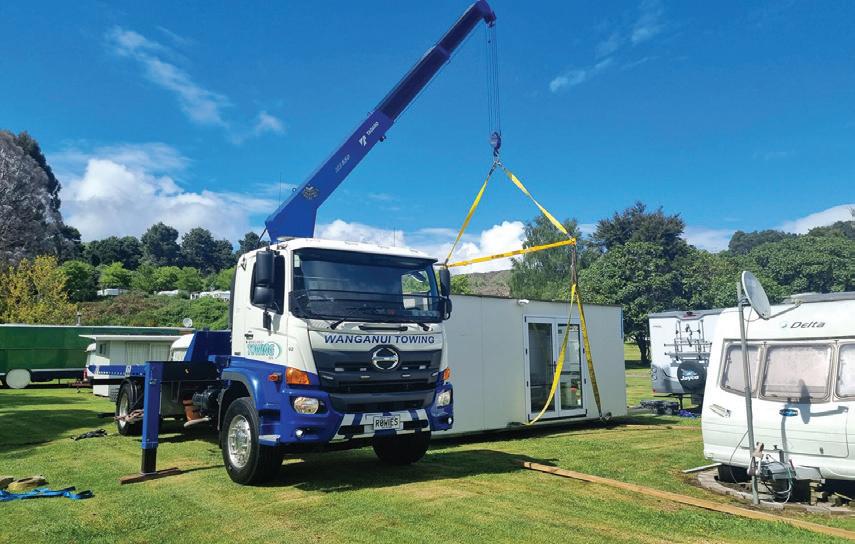

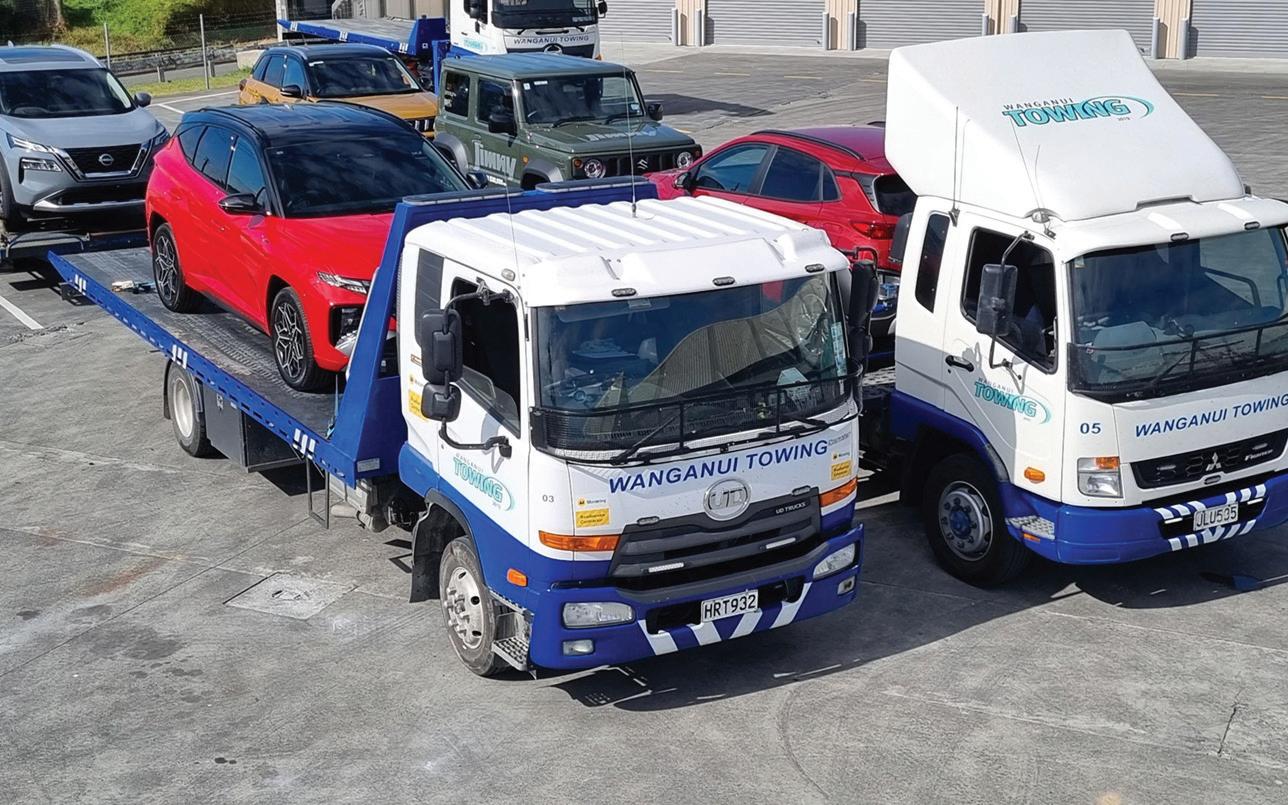

BIG OR SMALL WE TOW IT ALL We offer a full 24-hour towing service, providing prompt, efficient and courteous attention to vehicle breakdowns and disposal needs. • Accident • Breakdowns • Vehicle Storage • Crane work • Transport (Central North Island) P. 06 241 7266 or 027 443 5449 1 Liffiton Street, Wanganui | wanganuitowing.co.nz
$1 per m2 rebate


On all sports courts until December 2023
Urban Turf is an excellent solution for schools looking to create safe, low-maintenance outdoor spaces and multisport surfaces.
With its realistic appearance and durable construction, it provides a perfect playground surface. Our multisport turf range is ideal for new sports courts and fields or the replacement existing ones.


Urban Turf Artificial grass eliminates the need for constant watering, mowing, and fertilizing, which can be timeconsuming and costly.

By installing Urban Turf, schools can save money on maintenance costs, reduce the risk of injury, and create a beautiful outdoor area that encourages students to engage in physical activity and outdoor play.


0508 872 268 urbanturfsolutions.co.nz North Island 42b Porana
Wairau Valley,
0627 South Island Unit 6, 67 Barnes Road, Casebrook, Christchurch 8051 Contact us Made in Australia New Zealand-wide installers
From concept to completion Why choose us
your
Road,
Auckland
Transform
school’s outdoor space
Preventing mould from running amok
By June Pfister
Maintaining a healthy and conducive learning environment is important in educational institutions. Among the various challenges that schools in New Zealand face, mould growth stands out as a significant concern. Mould not only poses health risks but can also lead to structural deterioration if left unchecked.
Mould is a type of fungus, that thrives in damp and humid conditions. With New Zealand’s temperate climate and variable weather patterns, schools are vulnerable to mould growth. Mould spores are airborne and can cause health problems, particularly for individuals with allergies, asthma, or weakened immune systems.
Students and staff spending a considerable amount of time in school environments can be exposed to these risks if mould ends up growing rapidly.
Exposure to mould can result in a range of health issues. These include respiratory problems, allergic reactions, skin irritation, and even worsening of preexisting conditions.
In a school setting, where the well-being of students is a top priority, neglecting mould prevention could have adverse effects on the health and performance of both students and staff.
Addressing mould in New Zealand schools requires a multi-faceted approach. Regular inspections of buildings can identify areas prone to dampness and mould growth. Proper ventilation is crucial in preventing moisture buildup. Adequately ventilated classrooms and common areas allow moisture to dissipate, reducing the conditions favourable for mould growth.
Repairing leaks or water intrusions promptly is essential to prevent the foundation for mould to develop. Educating staff, students, and parents about the importance of reporting any signs of mould or dampness fosters a collaborative effort in mould prevention.
Regular cleaning using mouldinhibiting solutions helps keep surfaces mould-free. Paying special attention to areas like bathrooms, kitchens, and storage spaces is crucial.
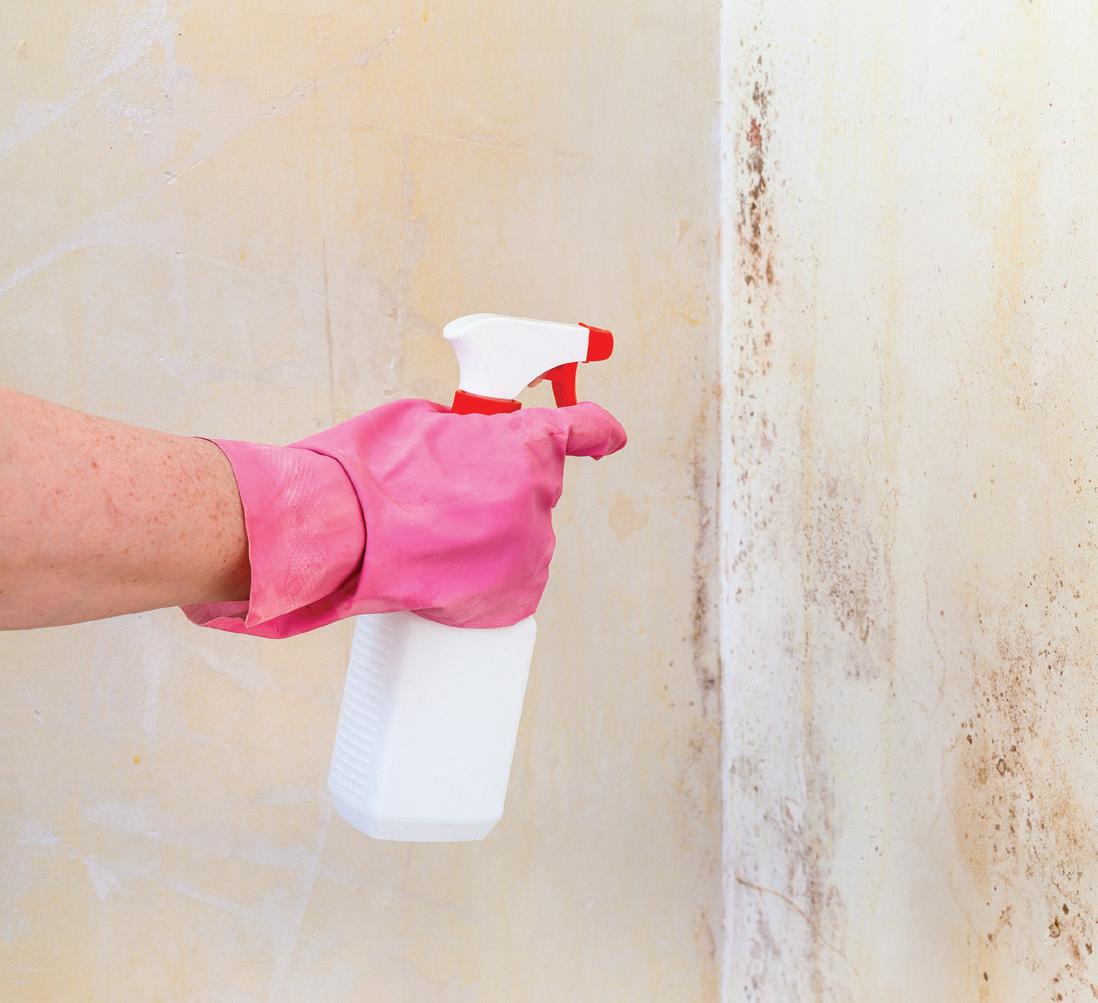
When constructing or renovating school buildings, opting for materials that are resistant to moisture and mould can be effective. Proper building design can reduce the likelihood of moisture accumulation. In cases of severe mould infestations, seeking professional mould remediation services is crucial. These experts can safely remove mould and provide recommendations to prevent future outbreaks.
Prioritising mould prevention in New Zealand schools yields longterm benefits. A healthier indoor environment positively influences student attendance, concentration, and overall well-being.
Staff morale also improves when they work in a clean and safe environment. Additionally, by implementing effective mould prevention measures, schools can avoid costly repairs caused by structural damage over time.
Mould prevention in New Zealand schools is not just a matter of aesthetics; it’s a matter of health and safety.
By addressing mould growth through diligent inspection, proper maintenance, and education, schools can provide a conducive environment for learning and growth.
The collective effort of school authorities, staff, students, and parents plays a pivotal role in ensuring that mould does not compromise the quality of education and the well-being of everyone in the school community. For more information on how to prevent and remove mould in your school, visit the Ministry of Education website at: www.education.govt.nz.

100 | Term 4, 2023 Property | Mould Prevention






Industry leaders in mould remediation, occupational hygiene and hazardous materials management. Assisting schools nationwide since 1991. 0800 33 33 11 www.morecroft.co.nz Auckland I Whangarei I Tauranga I Hamilton I Wellington I Christchurch Asbestos Consulting, Removal and Surveying NZs leading asbestos experts Occupational hygiene Services to identify and reduce exposure to hazards in your school Mould remediation IICRC certified mould experts specialising in the education sector Contact us today for free advice or to discuss a particular project.
Solar energy considerations
To determine how many solar panels your school will need, consider the following:
• How much space you have on your roof
• How much electricity your school consumes in a year
• How much energy you would like to reduce in your school
• Your budget.
Consider roof conditions:
• Does it get sun exposure?
• What material is it made of?
• Does it get shade?
• What condition is it in?
In recent years solar energy options have become more prominent in private homes, and commercial premises as they become more affordable.
Photovoltaics (PV), the cells which convert sunlight into
usable household power, means you can take control of your electricity costs.
Solar panels can be placed on roofs, garages, facades, conservatory roofs, sun shades or specially built stands on the ground.
Its important solar panels receive good levels of direct sunlight in a north facing location with year-round sun, but they are still effective on cloudy days. Consider the environment such as neighbouring buildings, or trees which can block out sunlight, before you invest in solar energy.
A suitable roof should be made of composite, should not be too steep and has plenty of space to install solar panels; a typical 1kW unit needs an area of around eight square metres. Flat roofs, concrete tiles, wood shake roofs are more difficult to install on.
You can expect solar systems to last for 20 years or more, so if you decide to install solar panels, it is best if your roof is less than 15 years old.
If your roof needs to be repaired or replaced, it would be wise to attend to those problems before you install solar panels to avoid the time and cost to remove and re-install the panels in the future.

Approval process
If the school is considering purchasing or replacing solar panels through their 5YA funding, note that they are a priority 4 item in their 10 Year Property Plan (10YPP).
They would only be funded through 5 Year Agreement (5YA) funding, after all priority 1-3 items have been completed.
Solar panel installations require that the school’s 10 Year Property Plan (10YPP) is amended in agreement with the Ministry.
This is because most solar panel installations have an impact on a school’s existing infrastructure.
Installation
The Ministry requires that all solar panels are installed by the Sustainable Electricity Association of New Zealand member installers to ensure compliance with all relevant standards and requirements.


102 | Term 4, 2023 Property | Solar Energy OUR VISION IS TO BE RECOGNISED AS A PROVIDER OF EXCEPTIONAL QUALITY. 3 Quality and reliability. 3 Proactive and creative. 3 Dynamic and flexible. We pride ourselves in delivering a personal and professional service, in and around the Bay of Plenty and Marlborough Region. Our team are committed to providing a quick and efficient response to requests for quotations for all Domestic, Commercial and School projects. We are extremely proud of our client retention rates and the significant volume of repeat business that we benefit from year on year. Phone: 07 549 1916 Email: admin@stottselectrical.co.nz www.stottselectrical.co.nz What’s environmentally friendly, efficient, produces no emissions or noise and is low maintenance? That’s right… solar energy.
Its important solar panels receive good levels of direct sunlight in a north facing location with year-round sun, but they are still effective on cloudy days.








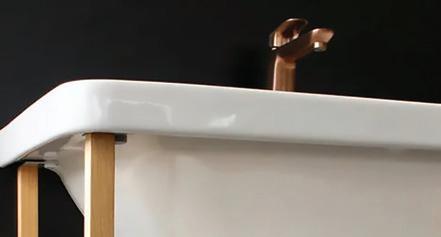

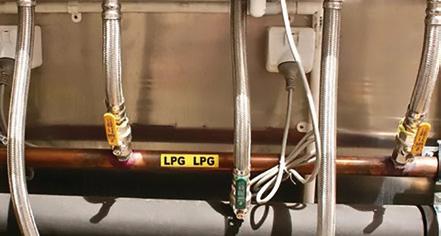
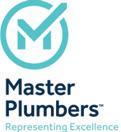
P. 07 846 1561 - E. info@seddonpark.co.nz - www.seddonpark.co.nz At Seddon Park Funeral Home we’ve been proudly celebrating life with you for over 25 years. Hamilton Park Cemetery and Crematorium | Funerals Eco Friendly Funerals | Memorials | Ash Options | Bereavement
We can provide
and
Contact us to help with your next School Production, School Fair, School ball or Cultural Festival. www.therockfactory.net E Q D Follow us on • PLUMBING • DRAINLAYING • GAS SUPPLIER & FITTING • ROOFING 11 Purkiss Street, PO Box 925, BLENHEIM 7240 t: 03 578 0060 e: info@morganplumbing.co.nz www.kjmorganplumbing.co.nz
Audio and Events are our speciality. We are passionate about great sound and awesome event production.
sound
recording gear, stages, av, lighting, drapes, Band and DJ equipment, microphones, technicians and much more…in fact we have everything you need for a successful and stress free event.
Roofing options for your school
When it comes to replacing a roof or reviewing the safety of your existing roofs, as a board of trustees, you need to consider a range of factors that will help you choose the most suitable type of roofing material. oofing must also be correctly installed.
Choosing roof materials
Your project manager or designer should guide you on the best roofing material when you’re getting a new building or replacing a roof, and you can seek advice from your property advisor when reviewing your existing roof safety.
In choosing roofing materials, you should consider:
• How the roofing will stand up to local weather conditions
• How it can keep energy costs down
• If it can improve the building’s appearance
• Which components may have shorter lifespans (e.g. plastic materials that may become brittle or degrade
• If it’s suitable for your school’s location, for example, if your school is close to the sea, the roofing should be able to resist sea spray corrosion
• If it matches the building’s design and type of construction
• If its cost will be within the project budget.
Translucent plastic sheeting used in schools
Translucent plastic sheeting is a material often used in school roofs and verandas. It includes PVC, fibreglass and polycarbonate roofing products. However, you must treat this sheeting as a potential danger because of the risks that:
• People may fall through it — a risk that increases as the sheeting ages and becomes brittle
• It may catch fire as it can be flammable.
It’s good practice to take measures to stop people from climbing on the sheeting. For example, don’t have any structures close by that can be easily climbed.
Installing translucent plastic sheeting
To manage the risks of installing plastic sheeting, we have some specific installation requirements which you must follow.
Make sure your suppliers and installers are aware of them. As new products enter the market, suppliers, installers or project managers may suggest some of the measures below are not necessary. Talk to your property advisor about getting an exemption.
Five points to consider when it comes to your roof
• There is a big difference between price and value when selecting a replacement roof
• Maintenance of your roof should be scheduled on a regular basis
• Your roof will not last forever. There comes a time when
Translucent plastic sheeting is a material often used in school roofs and verandas. It includes PVC, fibreglass and polycarbonate roofing products.

repairs simply won’t be the answer as leaks will persist
• Always seek more than one quote when repairs or a re-roof are required
• Use a member of the Roofing Association of New Zealand –they are well informed about changes to the building code, health and safety regulations and technical matters.
Content sourced from the Ministry of Education. For more information, visit: www.education.govt.nz.
104 | Term 4, 2023 Property | Roofing
Ampelite NZ Ltd is a manufacturer and distributor of natural lighting roofing products that has been operating in New Zealand for 25 years. Their extensive product range caters for both residential and commercial applications. The residential range includes products like Solasafe and Easyclick polycarbonate roofing that are suitable for roofing residential deck areas and pergolas. All of Ampelite’s polycarbonate products are UV protected for the New Zealand environment and are available through leading builders merchants throughout New Zealand.
Ampelite is the market leader in commercial fibreglass roofing applications with its key products here being:
Wonderglas is used in warehouses, factories, gymnasiums, etc. This is available in most roofing manufacturer’s profiles and has a market leading 25 year warranty for light transmission.


Webglas is a trafficable fibreglass roofing product. While designed for use in harsh industrial environment applications, it is also approved for use in schools by MoE for covered walkways, etc because of it’s trafficability. Webglas is the only GRP product with a 20 year light, water and structural stability warranty. It is available in Clear, Opal and coloured finishes. The colours can be made to match Colorsteel/Colorcote roofing colours as well as custom colours depending on quantities.

Further to these products, Ampelite’s extensive range includes multi-wall polycarbonate products like Thermoclear and Thermoclick, roofing ventilation products for both residential and commercial use through the Ampelair ventilator range and the Panorama soffit lining system.

To find out about these products and more visit us online at www.ampelite.co.nz or call 0800 267354 to find your closest stockist/distributor.
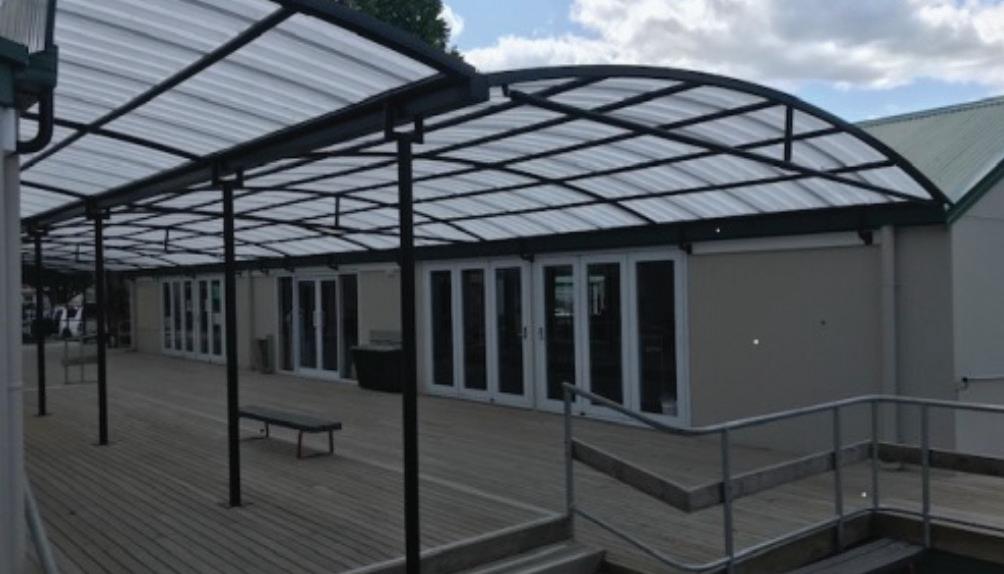 Webglas in school walkway applications
Webglas in school walkway applications
Keeping trees under control
Trees on school property need to be maintained so they don’t become a hazard to students or staff.
Some trees are protected and you should talk to your local council before trimming or removing them.
As with everything, trimming and removing trees comes at a cost. Payment for maintenance should come from your Property Maintenance Grant (PMG).
Maintenance
Trees need to be regularly trimmed. If they get too big, they become costly to maintain and difficult to remove. Large trees can also be a hazard in high winds and can block light and affect neighbours.
Trees can also be a health and safety hazard around a swimming pool. For that reason, be sure to remove trees close to the swimming pool to prevent leaves and branches falling in
and contaminating the water, and to prevent people trying to jump from the tree into the pool.
Protected trees
Check if a tree is protected. Some trees are protected such as naturally established native trees, trees with historical, cultural or botanical value and trees protected on the certificate of title, which might need a resource consent to do anything to them.
If your school has a protected tree you may need resource consent for activities near it such as excavating or digging, depositing material close to the tree, construction work, putting in pipes or power lines, and storing things under the tree. Although resource consent is probably not needed for

maintenance, such as trimming or removing dead branches, it is best to check first.
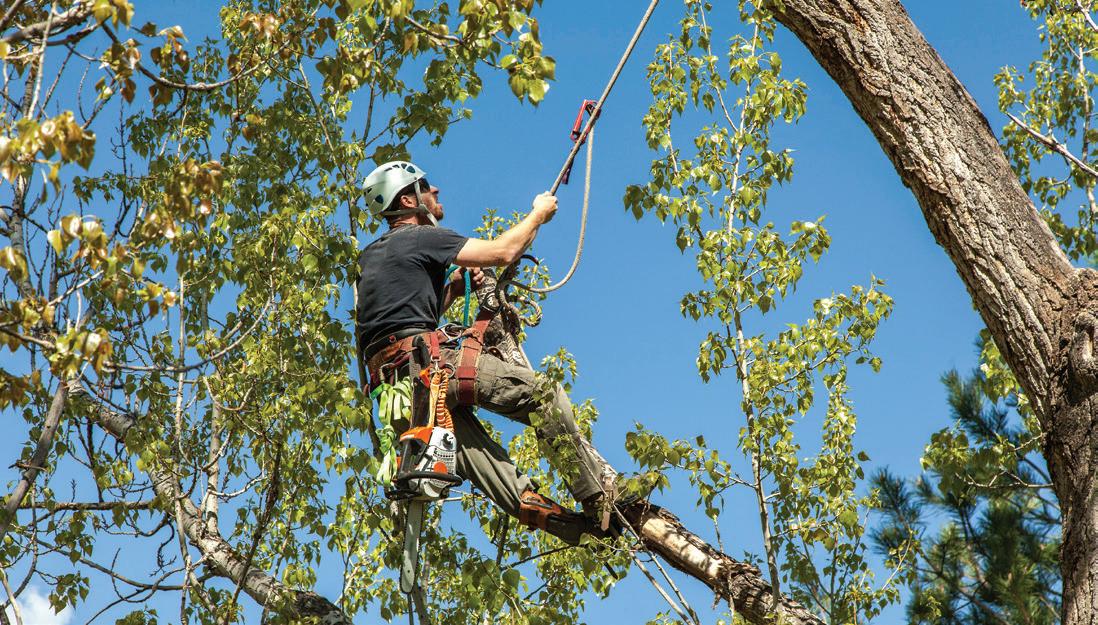
Some councils have general rules around removing trees, so contact your local council or Heritage New Zealand to find out if any trees at the school are protected. The Ministry of Education suggests visiting the Heritage New Zealand website for more information in regard to protected trees.
If a protected tree needs emergency work to deal with a hazard to people or buildings, such as a damaged branch that may fall, you can contact your local council for advice.
Pay for maintaining or removing trees
PMG covers general maintenance work on trees such as trimming and removing dead branches and removal of a protected tree with council consent.
However, the 5 Year Agreement (5YA) funding cannot be used for maintenance. It is only for capital improvements to buildings and other school facilities.
Content kindly provided by the Ministry of Education and adapted to fit this magazine. More information can be found at www.education.govt.nz.
School Grounds | Tree Maintenance Servicing Auckland's schools for over 45 years Tree risk assessment • Consultancy • Report writing • Tree Removal • Tree Pruning Hedge Trimming • Stump Grinding • Branch Chipping • FREE Mulch Service for Schools Phone: 09 570 9674 Email: hello@treefellas.co.nz www.treefellas.co.nz SINCE 1976
Based in Christchurch, CKC travels the South Island providing quality products and services to their many customers, including schools. We offer kerbing, paving, and all concrete finishes including infill using colour and stencilling. We also have full excavation services.
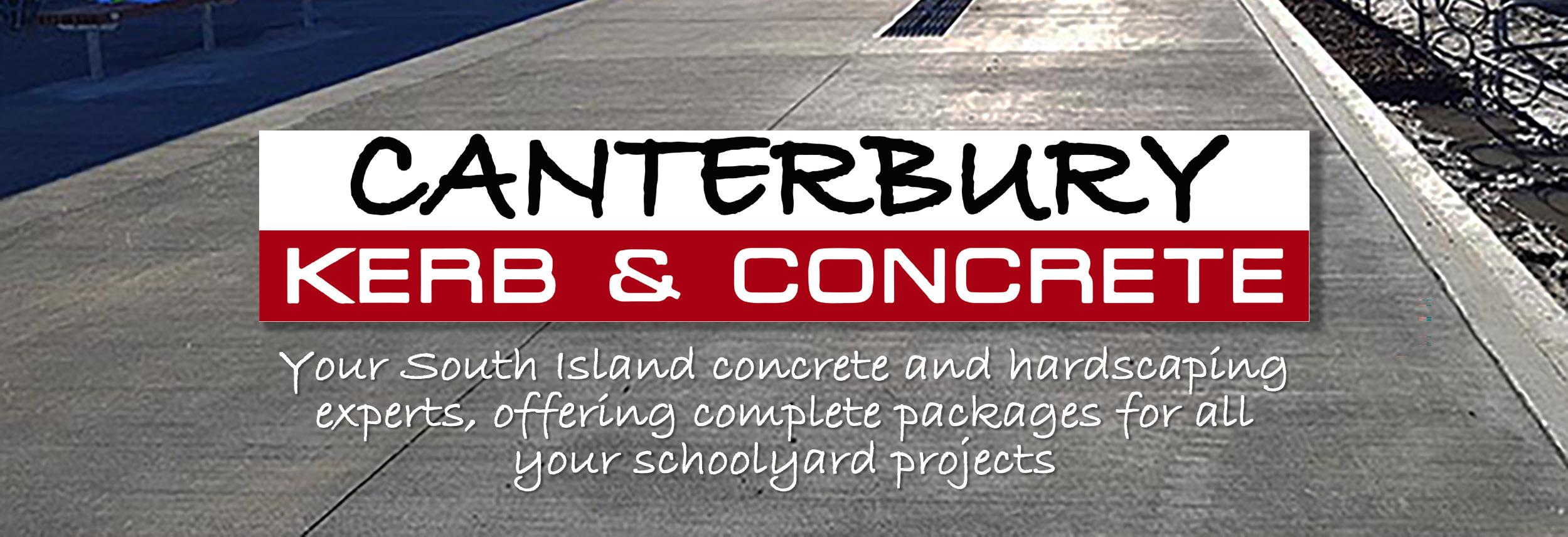
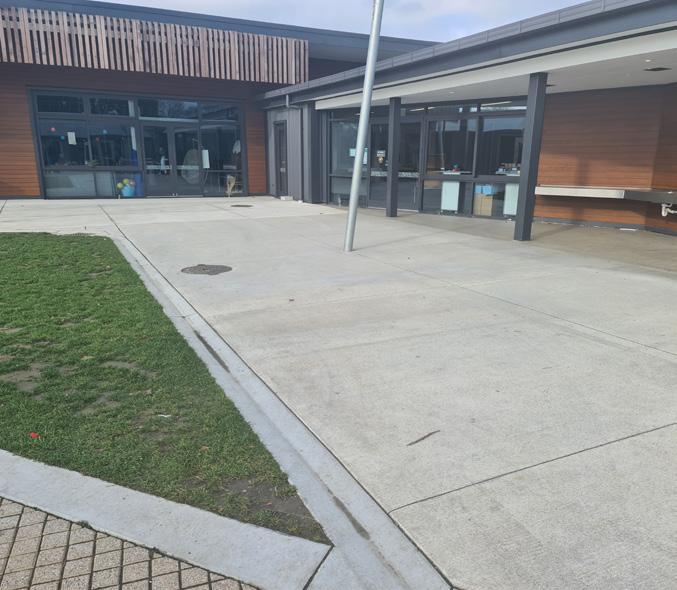

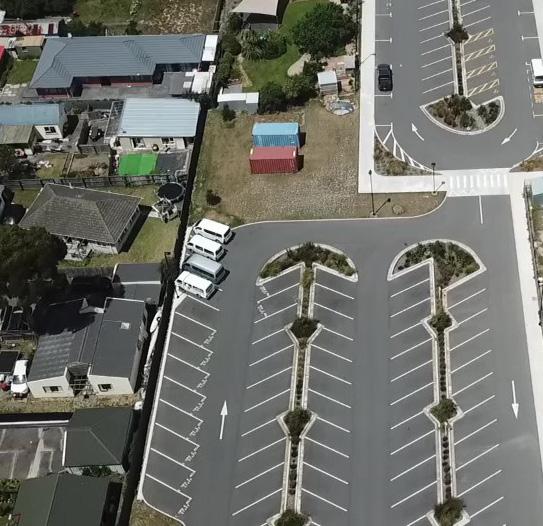
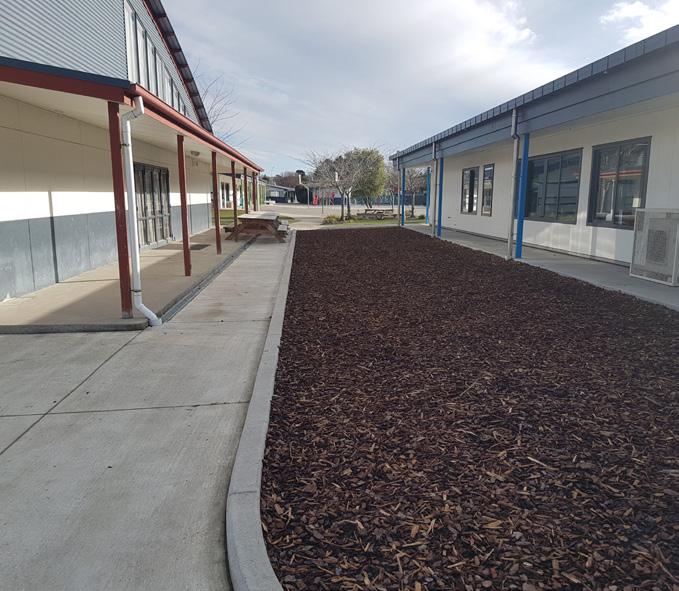
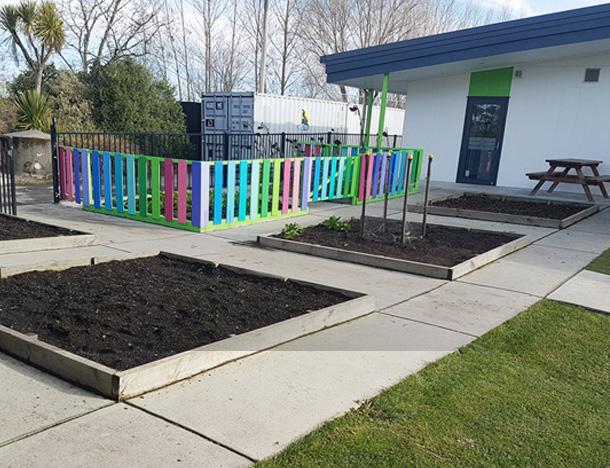
SCHOOL PROJECTS INCLUDE:
Haeata Community Campus
• 500m of coloured, integrated panels in a curved quadrangle.
Boxed gardens and pathways
• 1800m of kerbing with an intricate swale drain system.

Kaiapoi North School
• 150m boxed garden area, 650m plain concrete accessways.
Spreydon School
Pathways and landscaping
All concrete types, including:
• Plain
• Coloured
• Exposed Aggregate
• Stamped
• Infill using colour and stencilling
Kerbing 2
• 900m black concrete, 300m mowing strips.
Cashmere Primary School
• 300m steps and ramps, 400m kerbing.
Addington School
• 380m plain concrete, 300m kerbing.
Pathways and carparks
Walkways and play areas
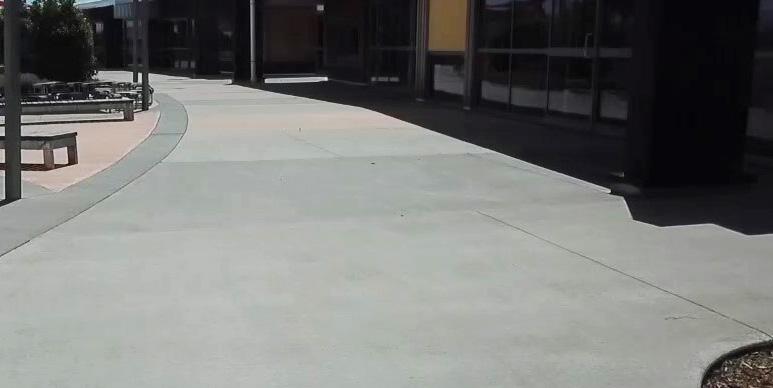
Phone: 0800 024 220 | Email: info@ckc.nz | Web: ckc.nz/schools
Kerbing and swale drain Coloured concrete 2 2 2 2 2 2









Diesel Truck Mechanical Repairs & Maintenance We offer comprehensive vehicle servicing and repairs on all makes and models. S.I.R, situated in Rakaunui Rd operates a dedicated and fully enclosed workshop for all mechanical repairs, especially suited for trucks, utes, motor homes and horse trucks. Using the very latest automotive technology and a team of highly experienced and qualified mechanics, we will have you and your vehicle back on the road in no time. Taupo Central North Island CALL US! 027 272 2912 www.truckservicing.co.nz • PLUMBING • DRAINLAYING • GAS SUPPLIER & FITTING • ROOFING 11 Purkiss Street, PO Box 925, BLENHEIM 7240 t: 03 578 0060 e: info@morganplumbing.co.nz www.kjmorganplumbing.co.nz ✓ Family Owned and Operated ✓ Specializing in Petrol & Diesel Repairs WINZ qoutes, LayBuy, Zip Pay & Afterpay available • Diesel Pumps • Trailer Repairs • Fleet Maintenance • COF/WOF Repairs • Engineering Services • General Vehicle Maintenance • Timing Chain/Belt Replacement • Steering & Suspension Repairs • Turbo Rebuilds/Replacement • Engine Repairs, Maintenance, and Replacement • Transmission Servicing, and Replacement • Cooling System Servicing 15 Riri Street, Rotorua 07 929 9475 • 022 535 1758 sulphurcity.auto@gmail.com
Nelson Marlborough Traffic Management
Would you describe yourself as a reliable and hardworking learner?
If you answered yes, then a career in traffic management might be the one for you.
Traffic managers are experts in positivity, persistence, but above all, people. Interacting with many different people, traffic managers are often set the tone for people arriving at a longawaited concert or sports fixture.
Traffic management goes far beyond the stereotypical stop and go lollypop controllers, but that is an equally important and meaningful role. Directing, mentorship, planning, civil construction, site equipment management, and much more all come under the traffic management umbrella. Expect variety, travel, work with cuttingedge tech, and insight into a majority of sectors.
New Zealand’s roads are no joke, and tackling them takes a safety-conscious, highly-aware, community-focused mind. Knowing you will have made a difference by keeping your community safe, and keeping in mind there is always room to advance your skills and pay, why not give a career in traffic management a go?
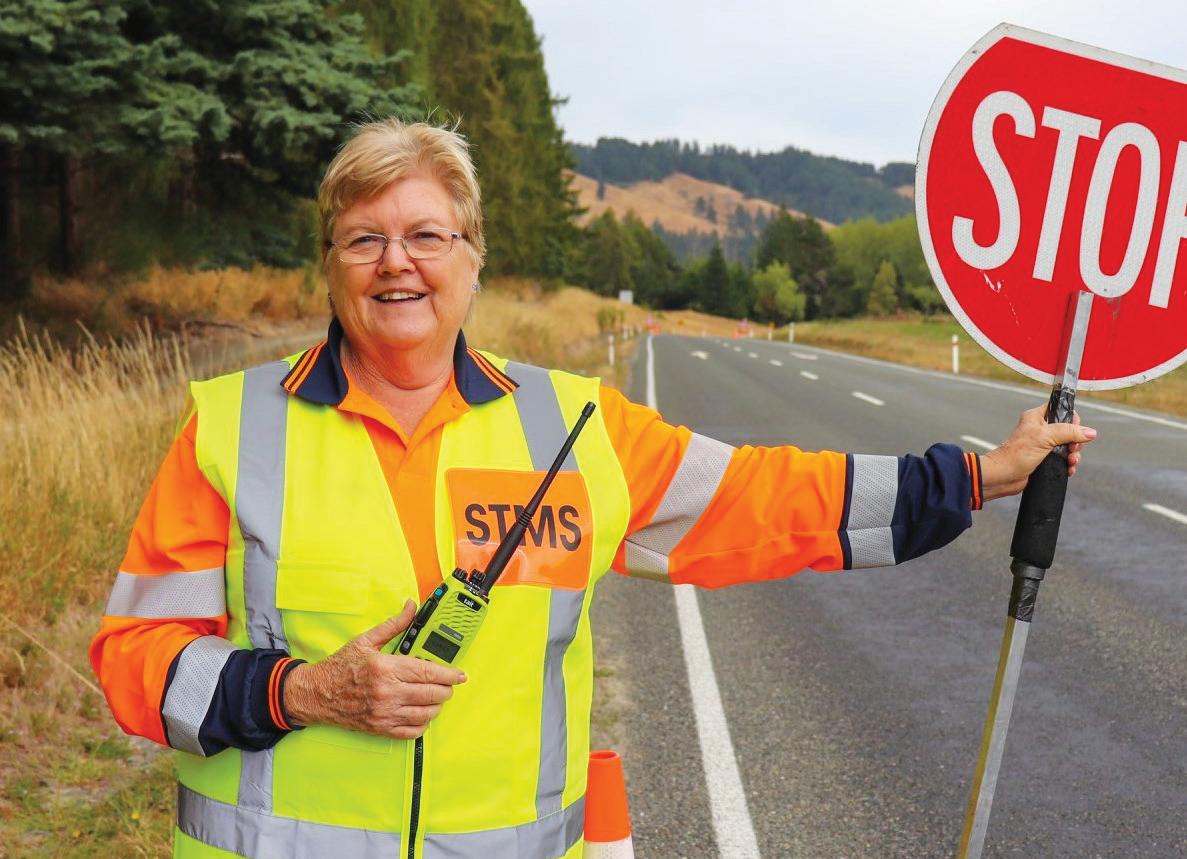
Nelson Marlborough Traffic Management (NMTM) has proudly offered traffic management and planning services to the Nelson, Tasman, and Marlborough regions since 2013. Today, their sister company Learn TTM provides all of NMTM’s staff and many locals with expert specialised education and a wide array of industry qualifications.
Learn TTM stands for Learn
Temporary Traffic Management and was founded by Philip Klenner in early 2020 after identifying a need for competent,

resourceful, and experienced trainers within the local community. Philip continues to uplift and inform using his neardecade of experience.
Philip soon reached out to NMTM STMS Joel Harris to assist in TTM mentoring and assessment. Trainees can expect a closeknit, thorough yet inviting
TRAINING COURSES AND PRACTICAL ASSESSMENTS
Our aim is to make compliance more manageable for businesses and individuals by taking a fresh approach to learning and refreshing existing skills.
General Worker Inspector
TTM Worker
TMO (Non Practicing)
TMO (Practicing/Full Warrant)
programme taught with both passion and compassion, driven by the pair.
Contact Learn TTM and get involved with NMTM today. They are always willing to discuss how they can help with your traffic management training needs. Phone 022 081 6329 or email the team at info@learnttm.nz for more.
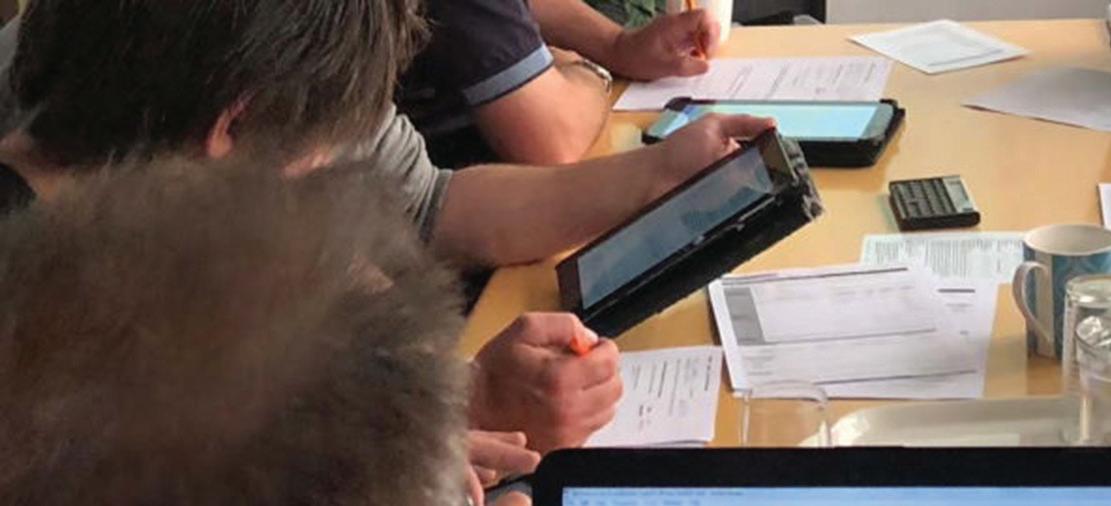
Site Traffic Management Specialist
Universal (STMS – U)
Category A/B (Non Practicing)
Category A/B Practicing
Refresher - Category A/B (Non Practicing)
Refresher - Category A/B (Practicing)
Mobile
Term 4, 2023 | 109
Phone. 022 081 6329 | www.learnttm.nz
Fattastic websites starting from $997
Simply email enquiries@fatweb.co.nz your domain / website address, and we’ll send you a comprehensive audit of your current school website. And if you’d like to chew the fat after, we’re here to help.
1. We can write all the content for you and load it

2. We have made over 2000 websites, we know what we’re doing
3. People tell us our websites are the easiest to use, if you want to change any of the content, photos etc.
enquiries@fatweb.co.nz | 0800 FATWEB | www.fatweb.co.nz


NEW website
YOUR SCHOOL?
NEED A
FOR
+GST
0800 486 329 HEAD OFFICE - 38 LOWE ST, ADDINGTON, CHRISTCHURCH 8011 AUCKLAND OFFICE - LEVEL 3/5 NELSON STREET, AUCKLAND CBD, AUCKLAND 1010 LOOKING FOR STAFF? LAUNCH YOUR SEARCH WITH US! Use the most cost effective and easiest job site in New Zealand. Now with a new and improved website making things even easier, ensuring you get quality applicants, every time!
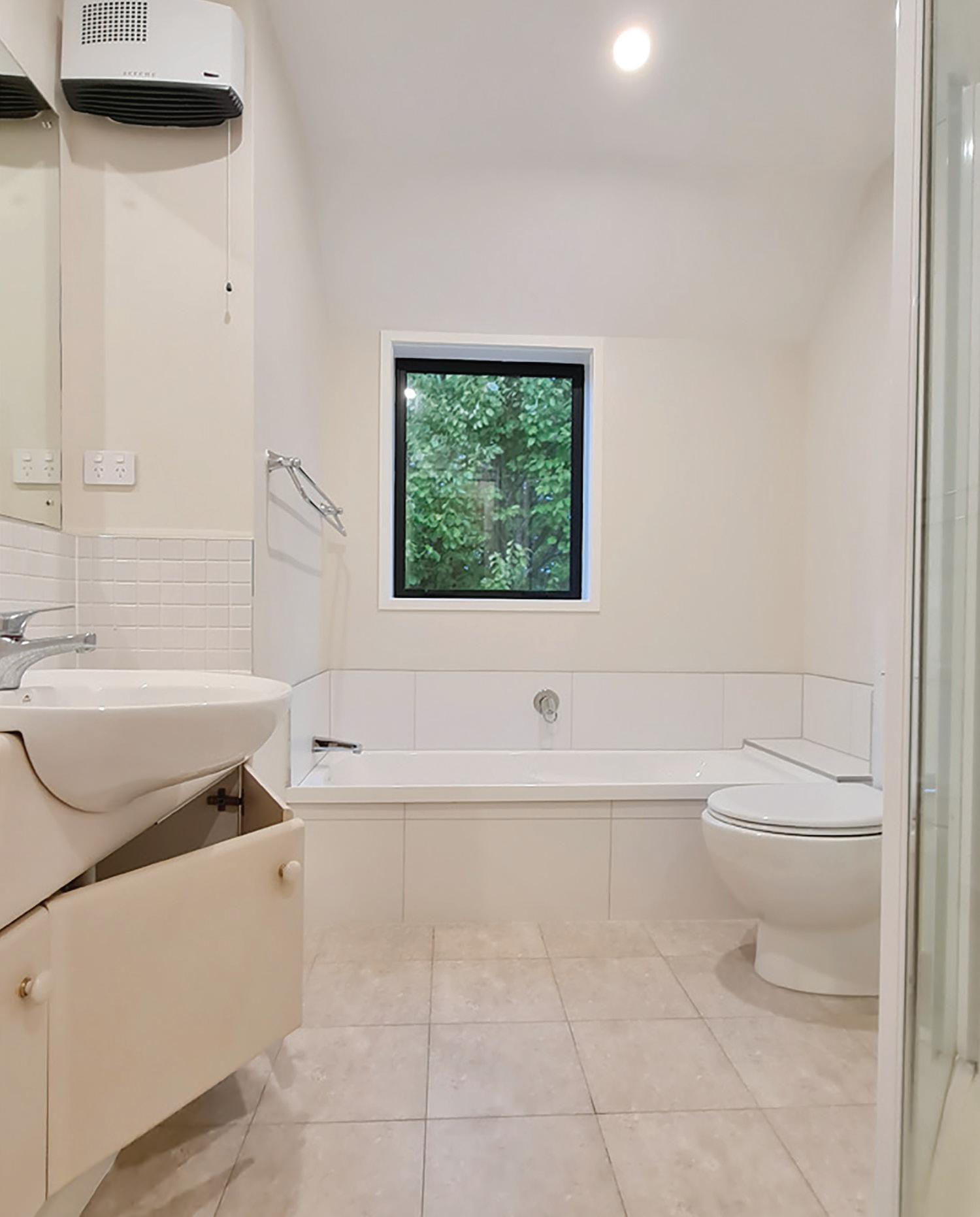


MAINTAIN TO PROFIT SOUTH EAST AUCKLAND We are a renovation company with expertise in full house renovation, kitchen and bathroom renovations. We are a one-stop shop working with all trades to complete quality renovations on time and to budget. We have over 10 years of experience in the renovation field and we stand by the quality of our work. We listen to our customer’s needs to produce work we are proud of and our customers are happy with. Give us a call today and see why our customers keep coming back to us Deepak: 022 071 9540 Email: deepak@maintaintoprofit.co.nz Facebook: MTPSouthEastAuckland Quality and Affordable renovations | FREE no-obligation quotes KITCHENS BATHROOMS FULL RENOS EXTENSIONS BEFORE AFTER


SERVICES | REPAIRS | SHOCKS & BRAKES EXHAUSTS | WOF | TYRES BATTERIES | WHEEL ALIGNMENT New Reception & Parking off Sammaree Place KERIKERI PHONE: 09 407 8646 We are open Monday to Friday: 8:00am - 5:00pm, Cnr Mill Lane & Sammaree Place www.pitstop.co.nz












 Kylie Palermo GENERAL MANAGER OF OPERATIONS
Angela Elley CHCH SALES MANAGER
Jonathon Taylor EDITOR
Jarred Shakespeare ART DIRECTOR
Kylie Palermo GENERAL MANAGER OF OPERATIONS
Angela Elley CHCH SALES MANAGER
Jonathon Taylor EDITOR
Jarred Shakespeare ART DIRECTOR








































































 By Rob Clarke
By Rob Clarke








 By Ben O’Connell
By Ben O’Connell




 By Ben O’Connell
By Ben O’Connell




 By June Pfister
By June Pfister


 By Ben O’Connell
By Ben O’Connell











































































































 By Ben O’Connell
By Ben O’Connell















































































































































































































 Webglas in school walkway applications
Webglas in school walkway applications





















